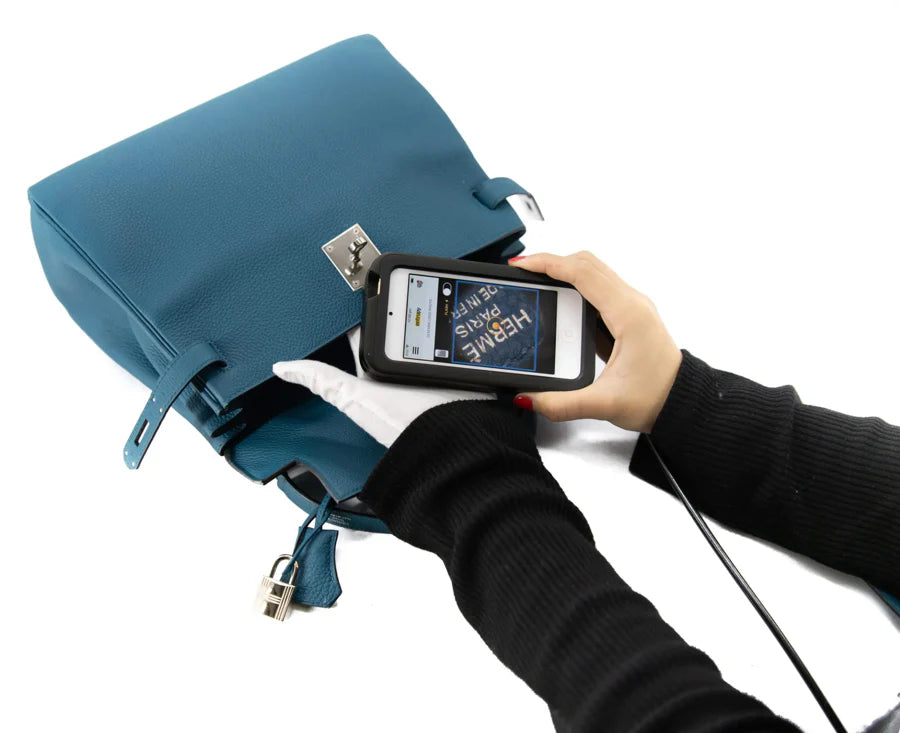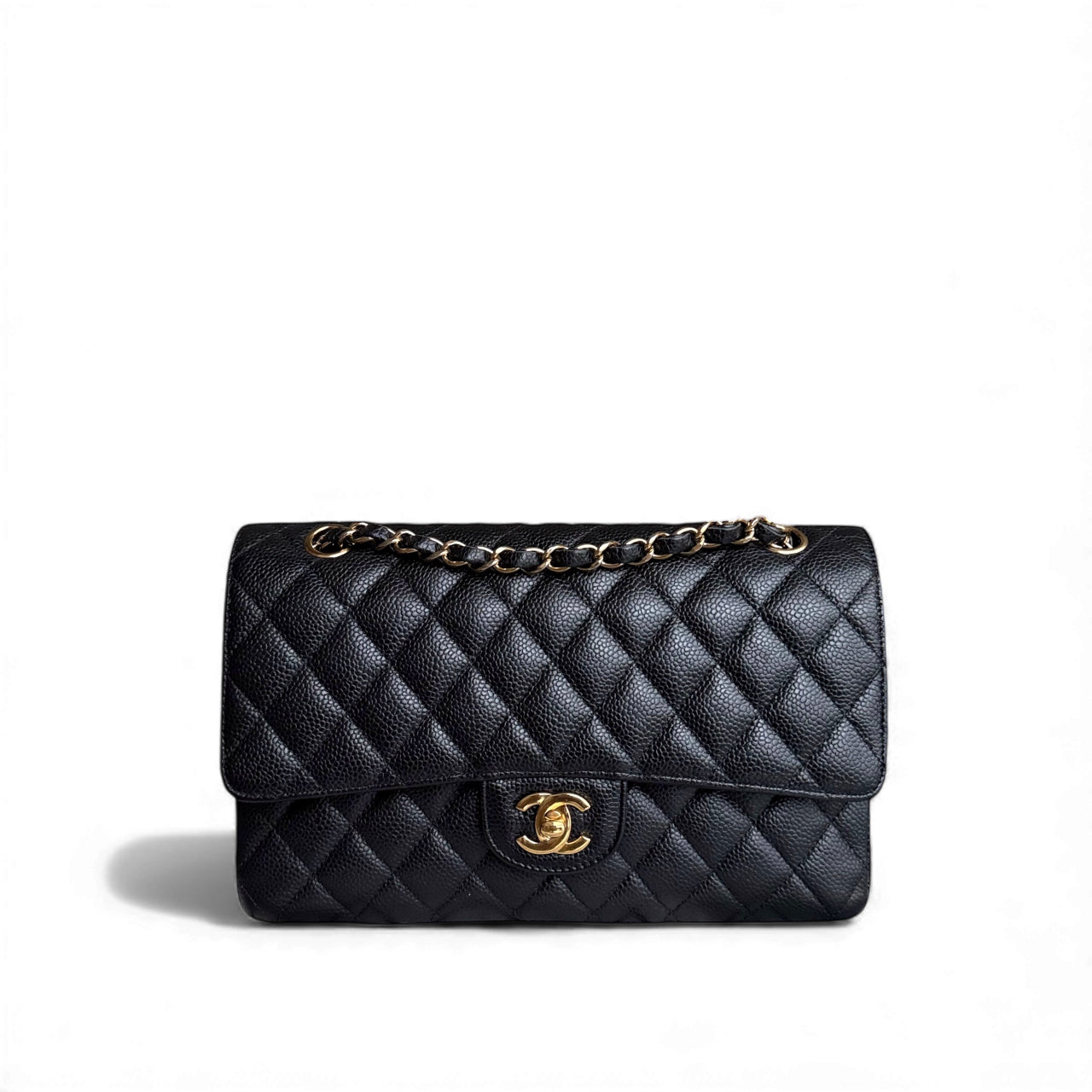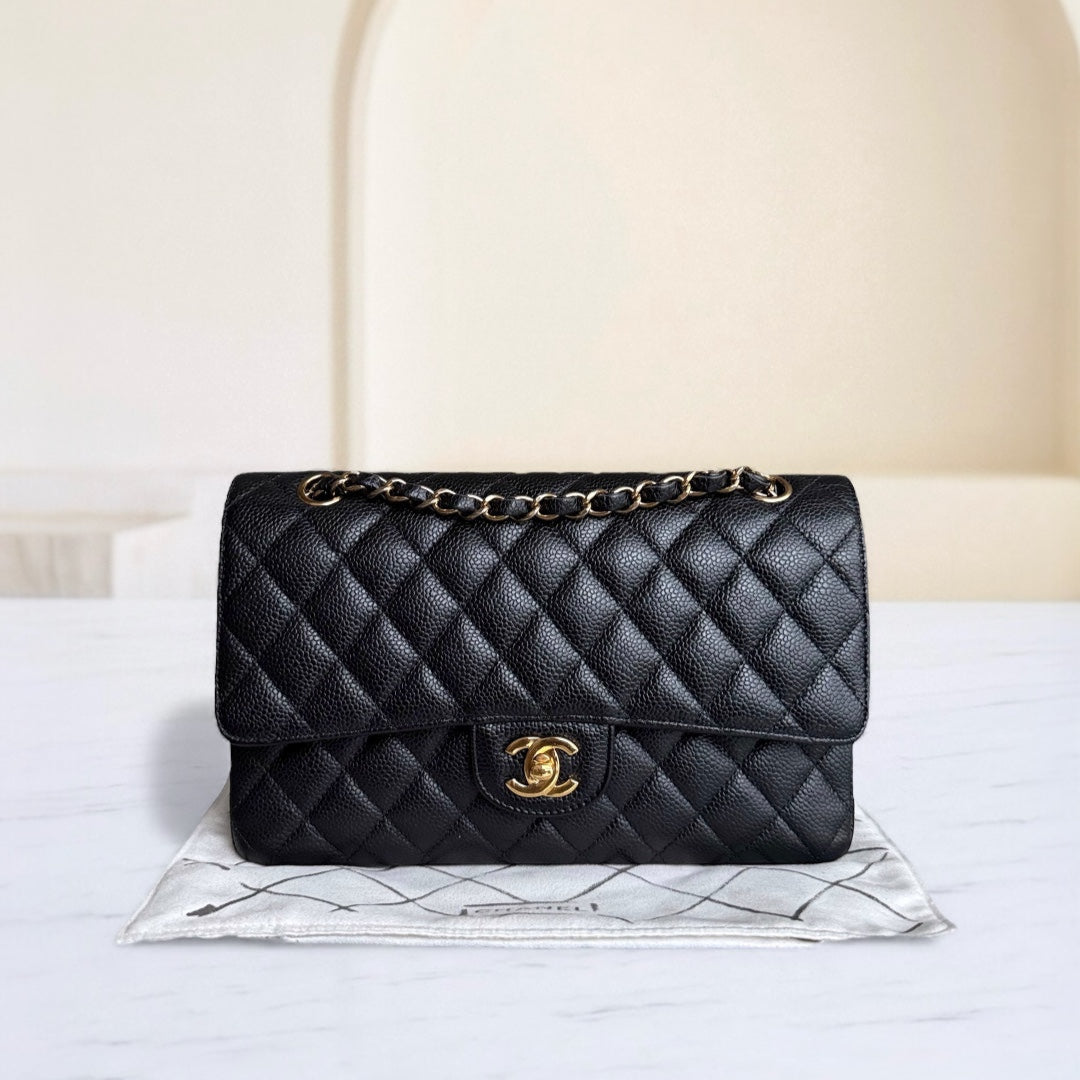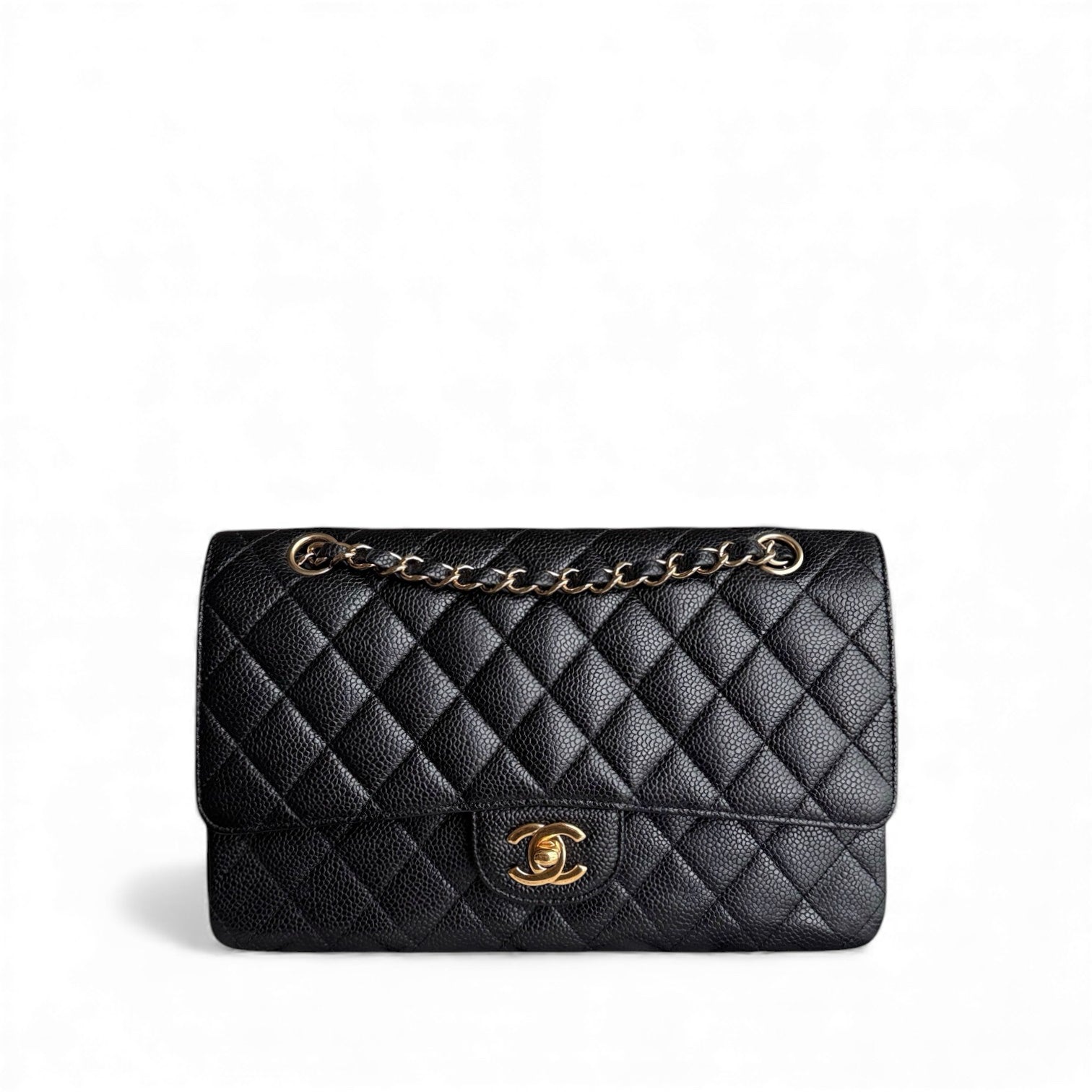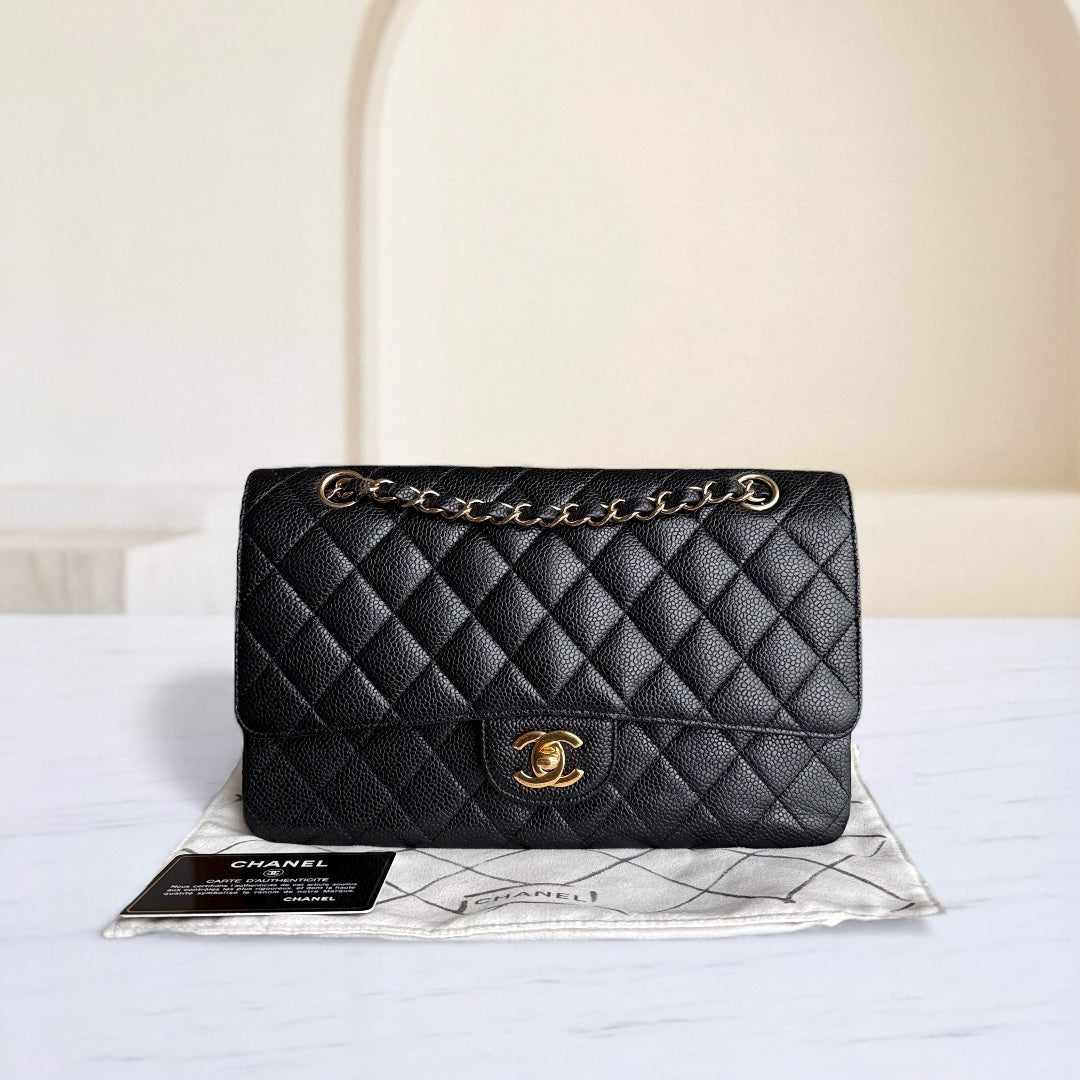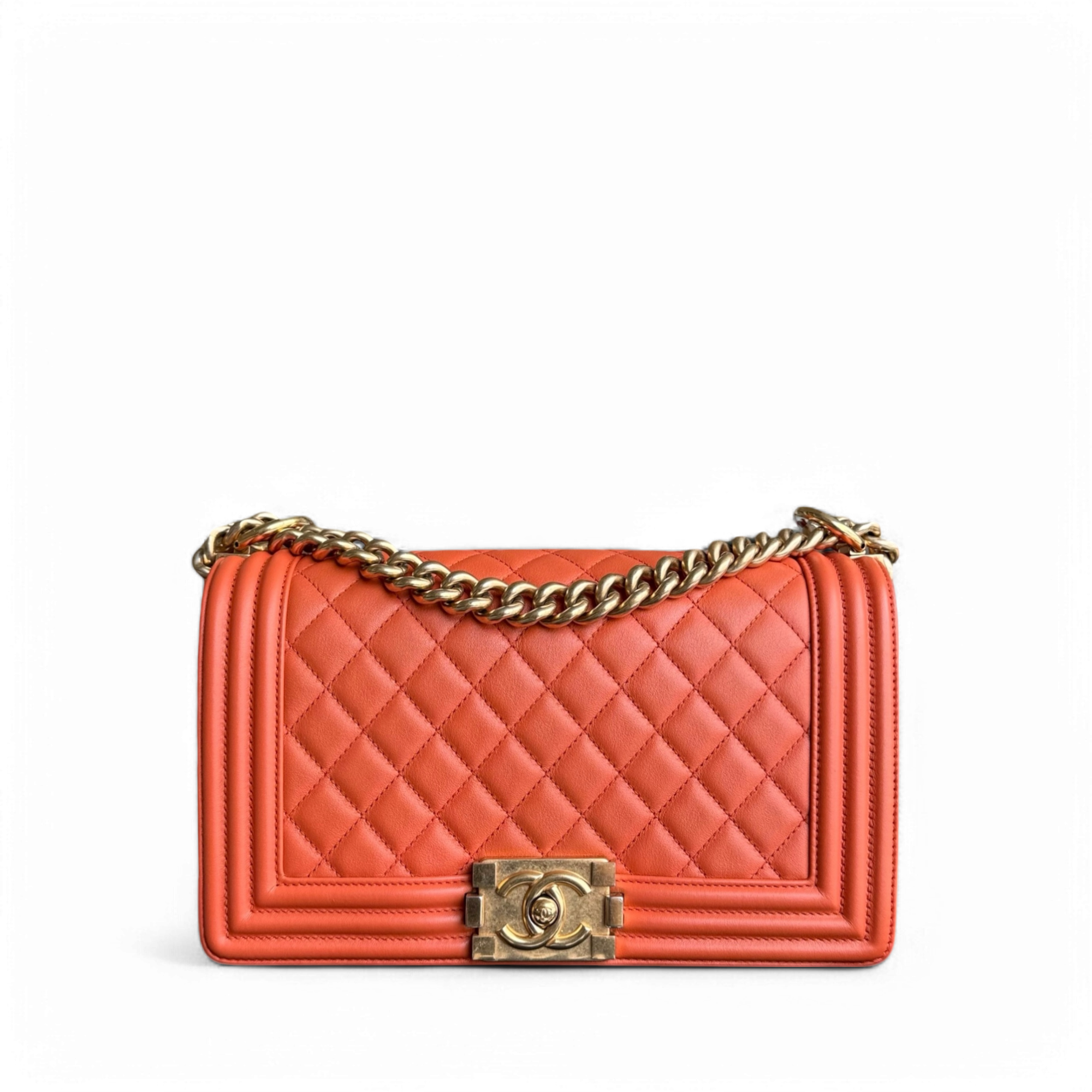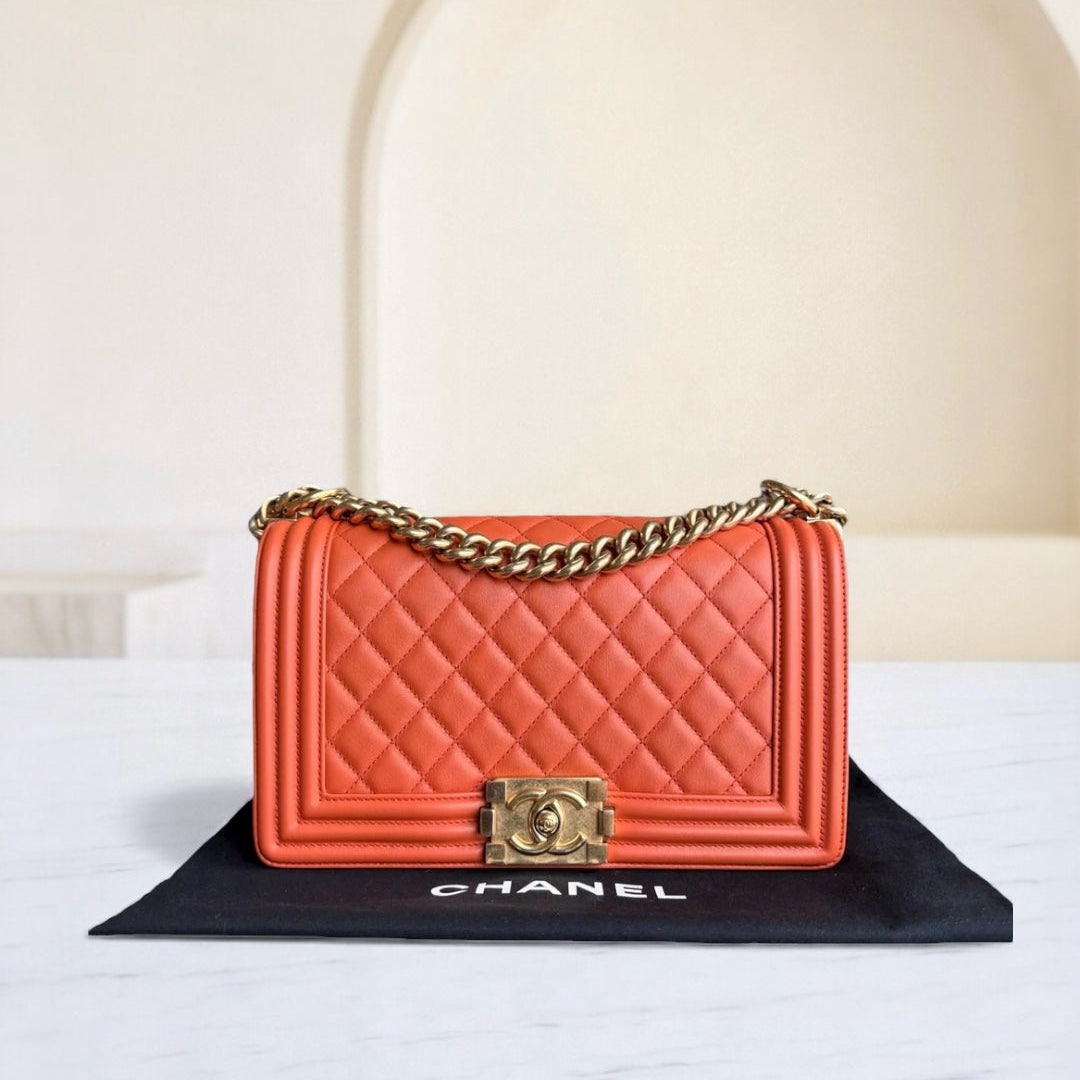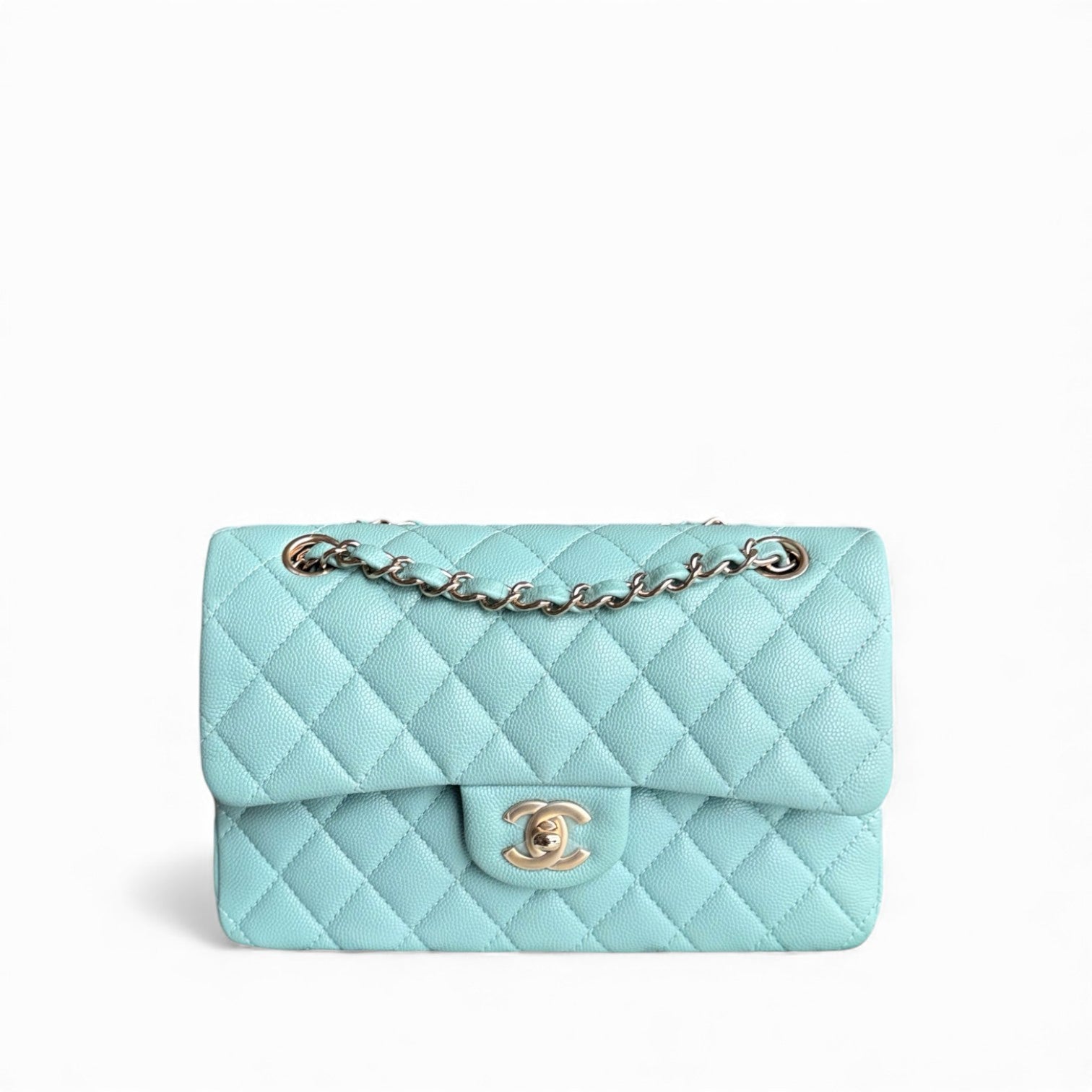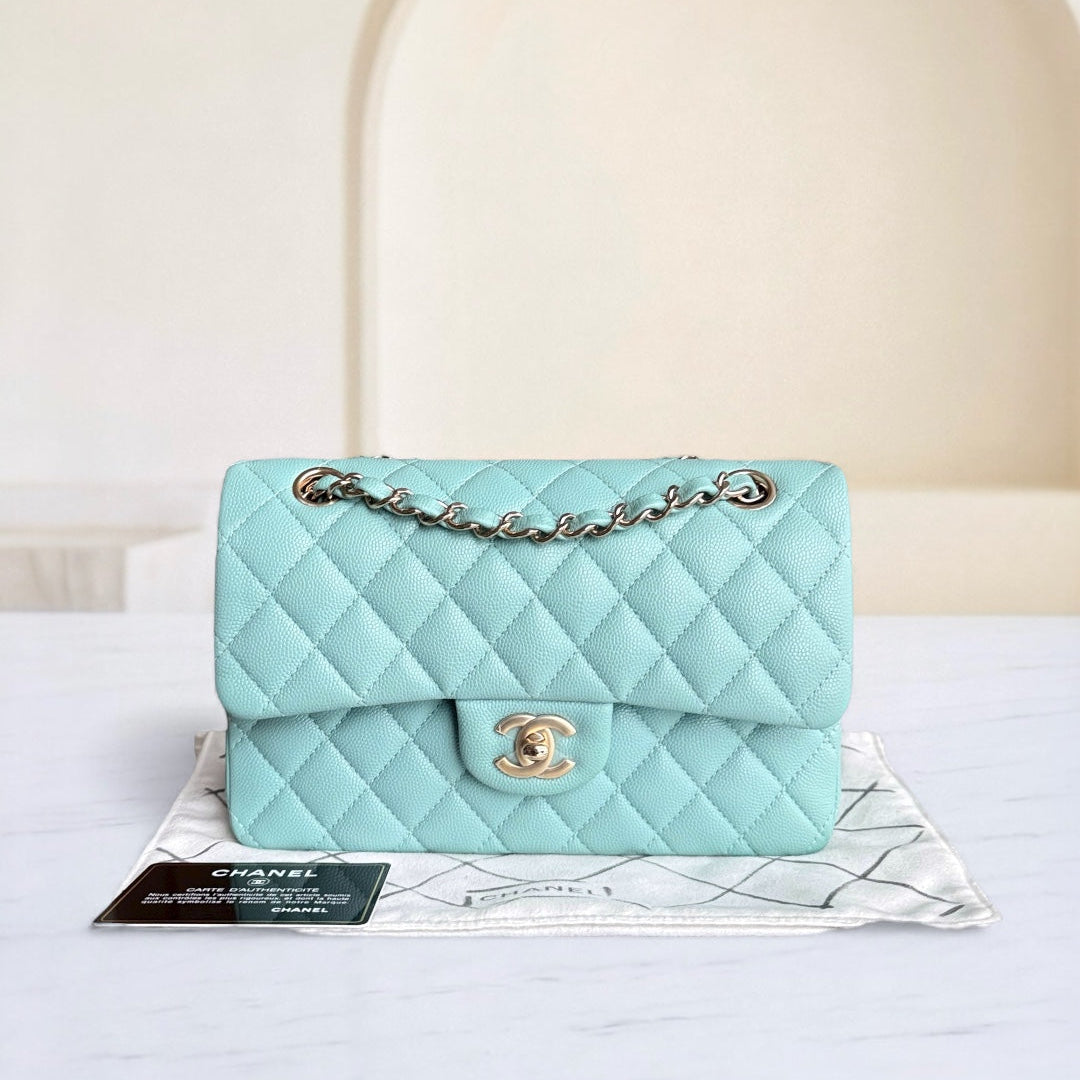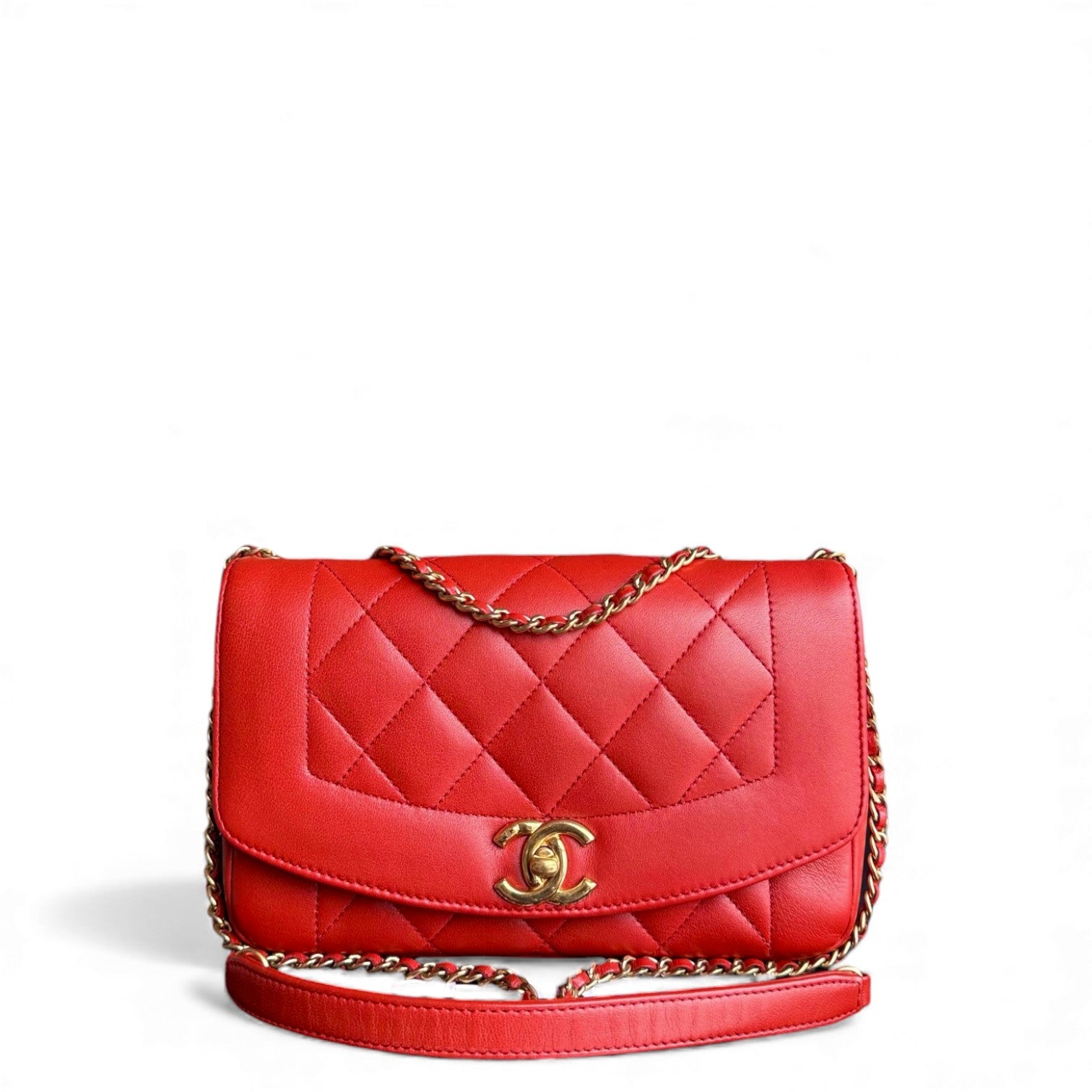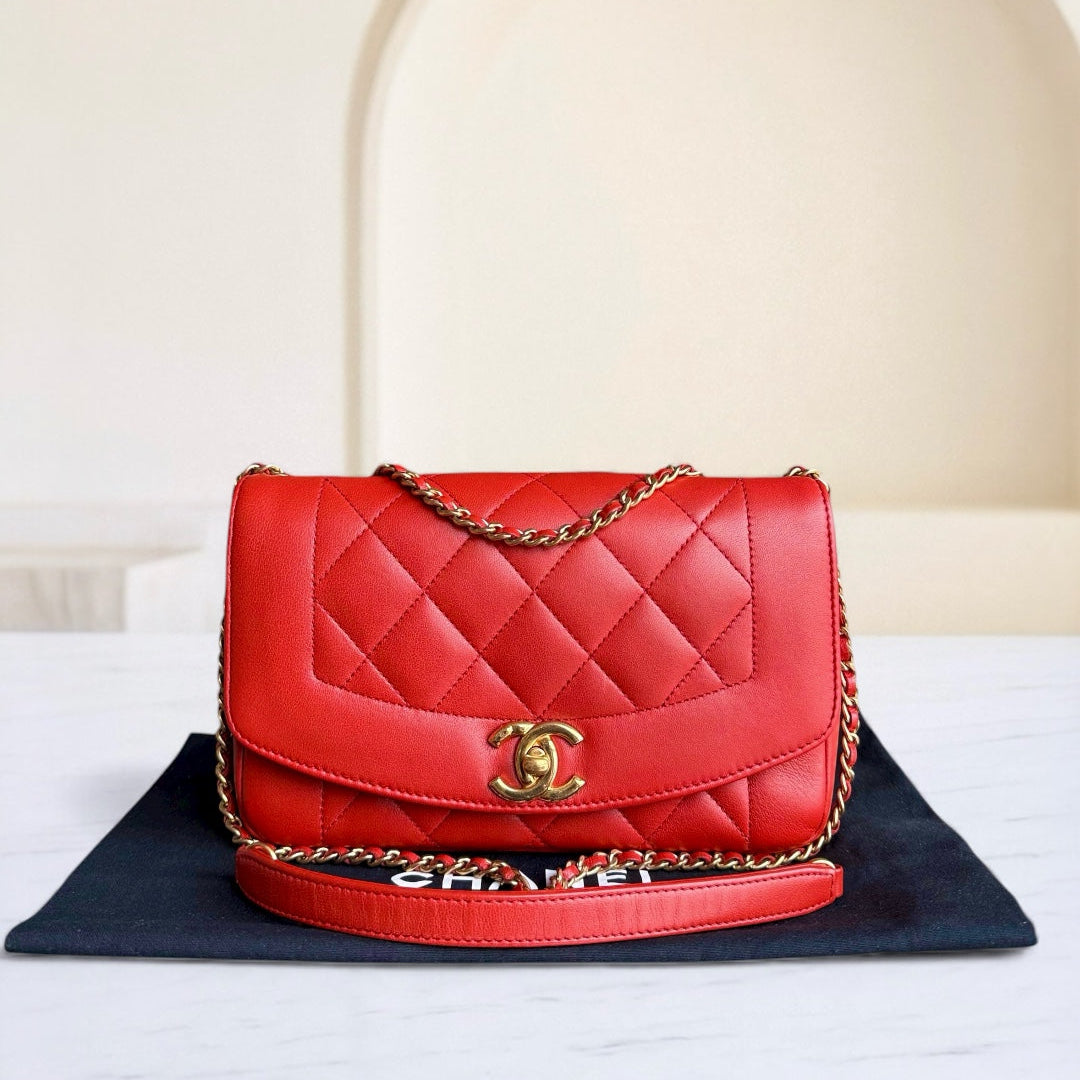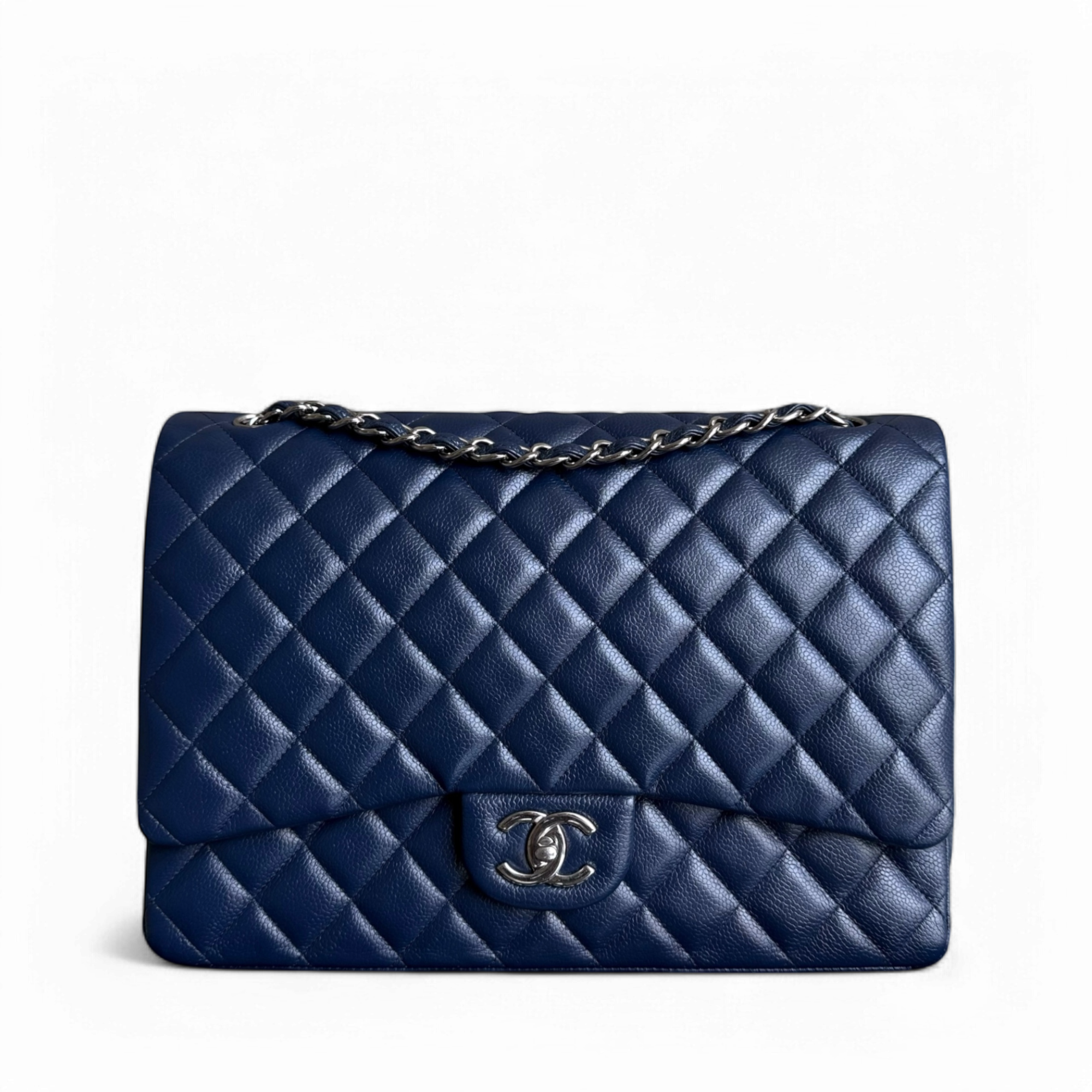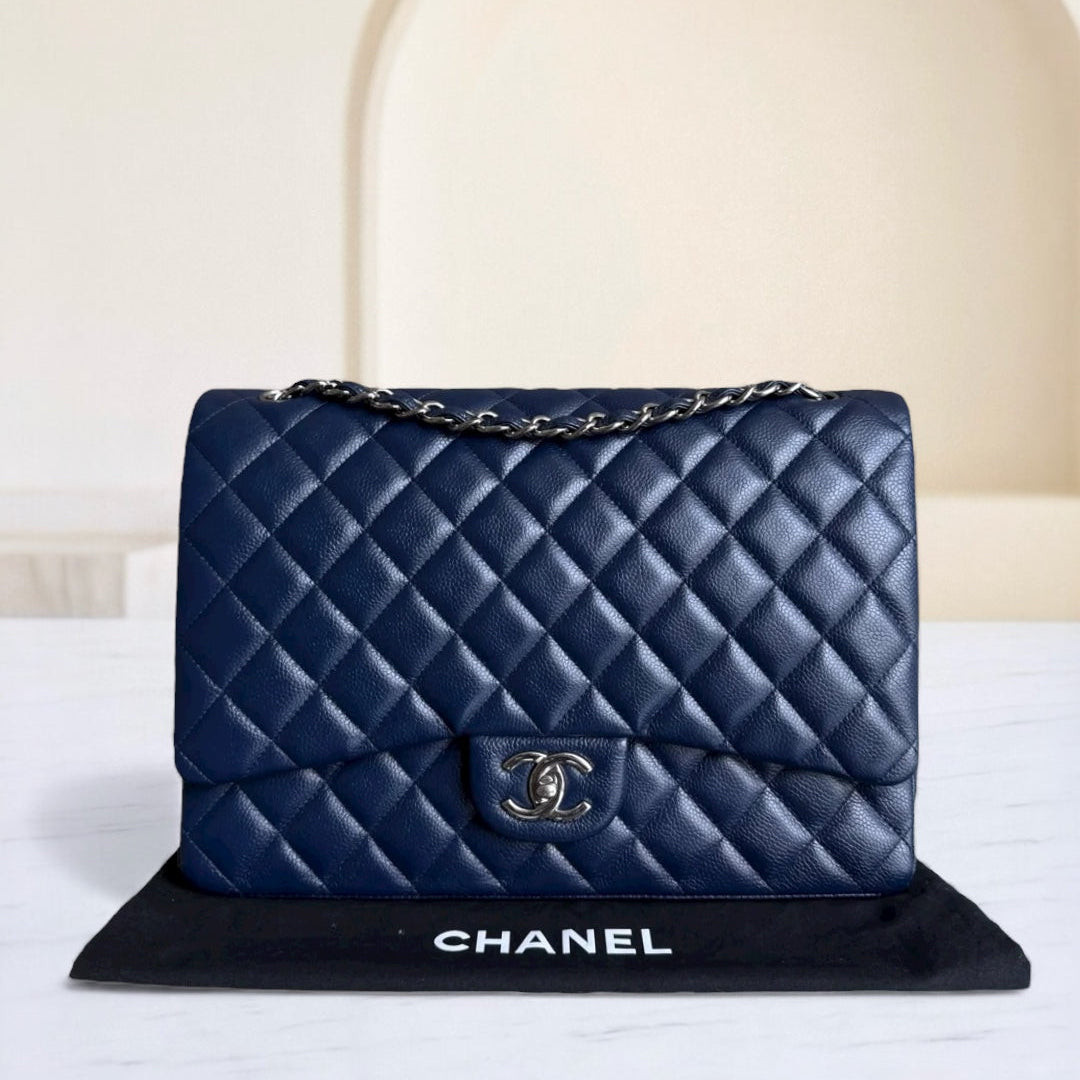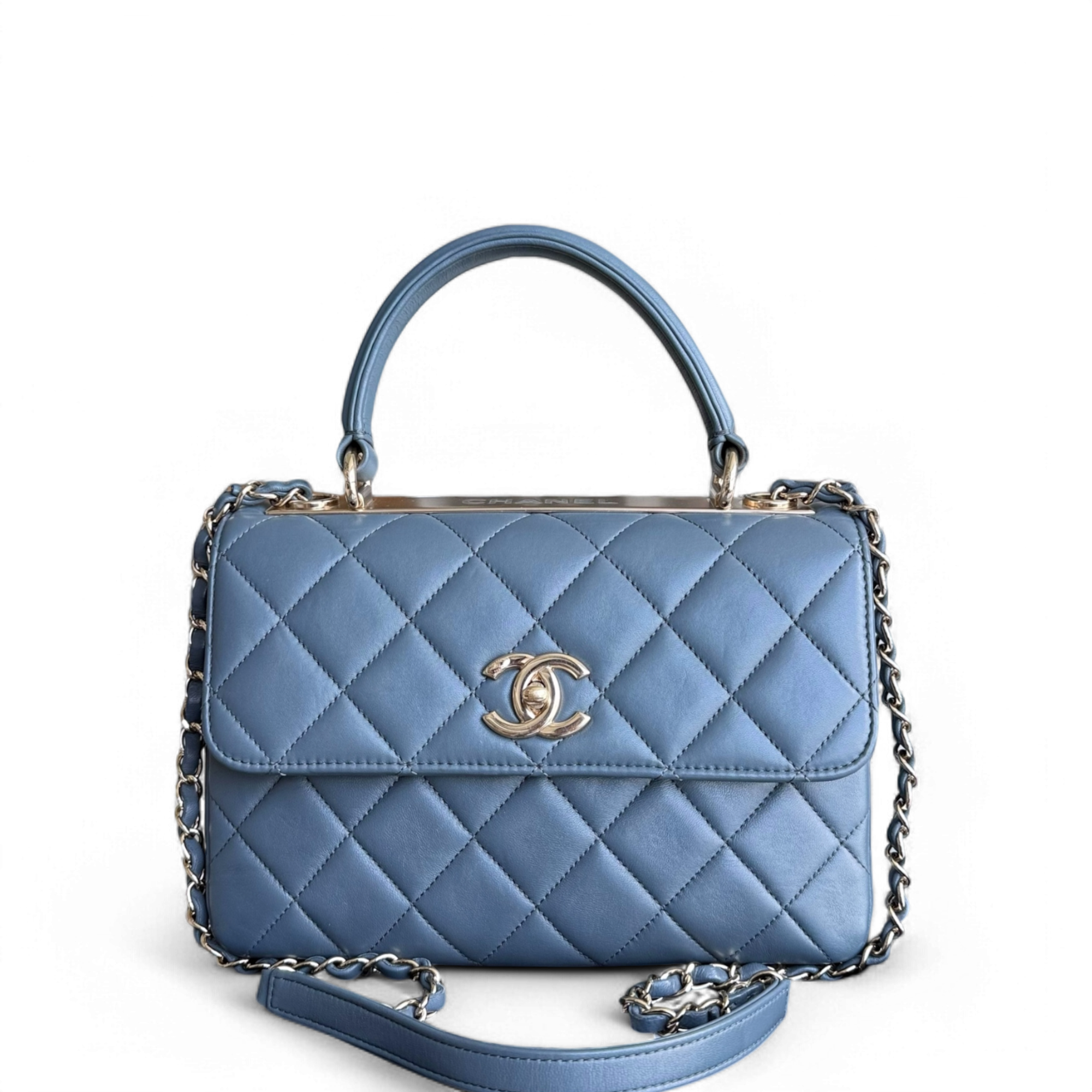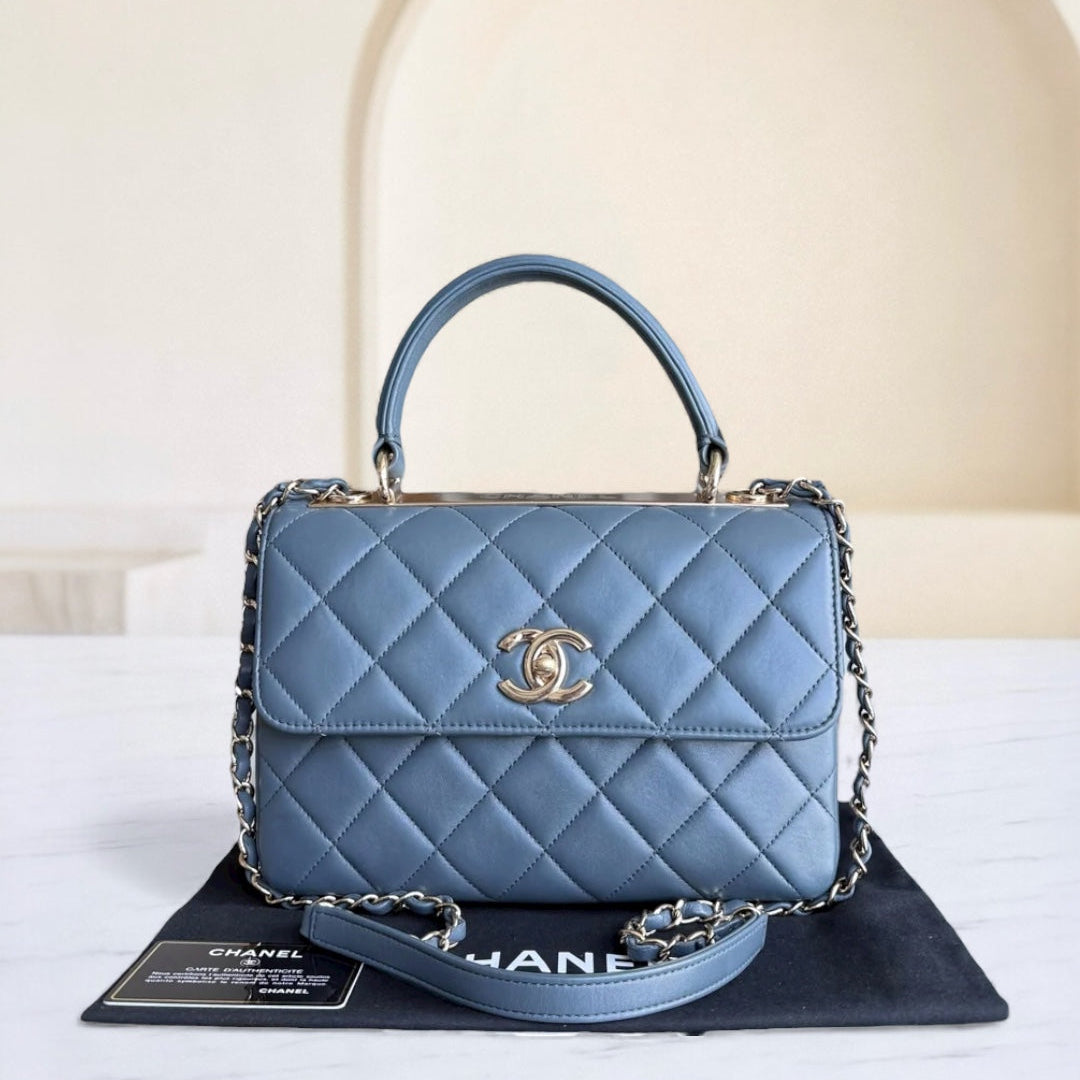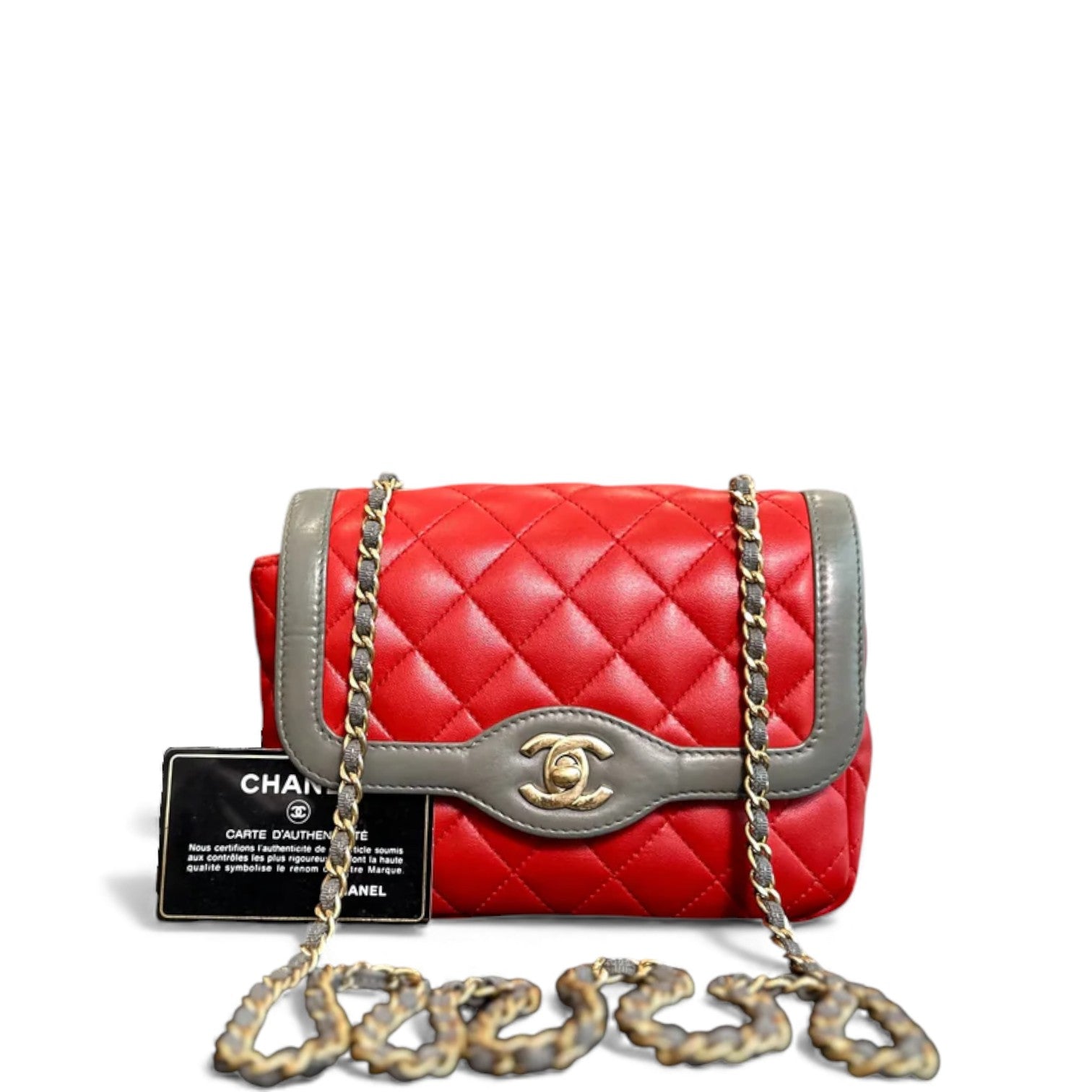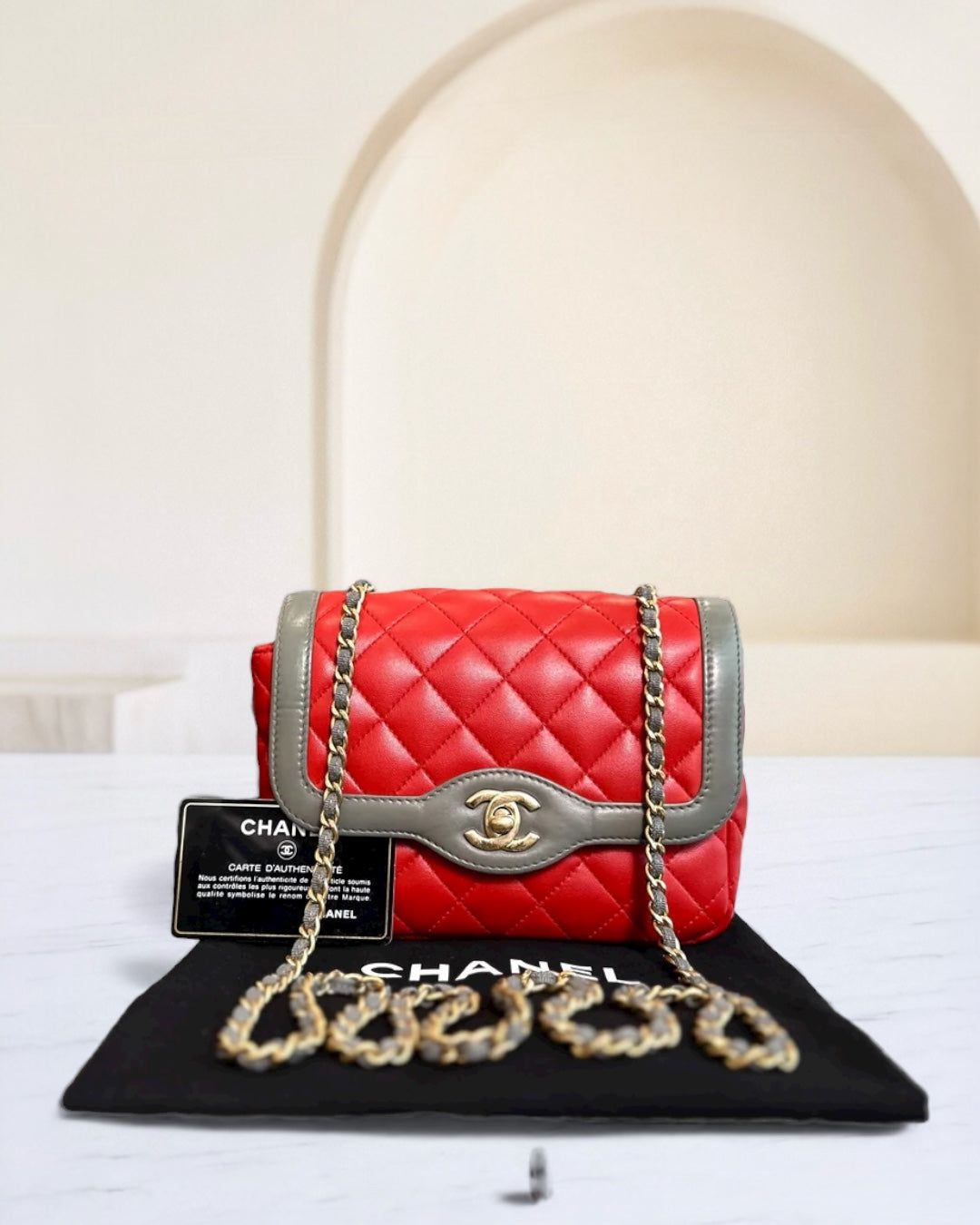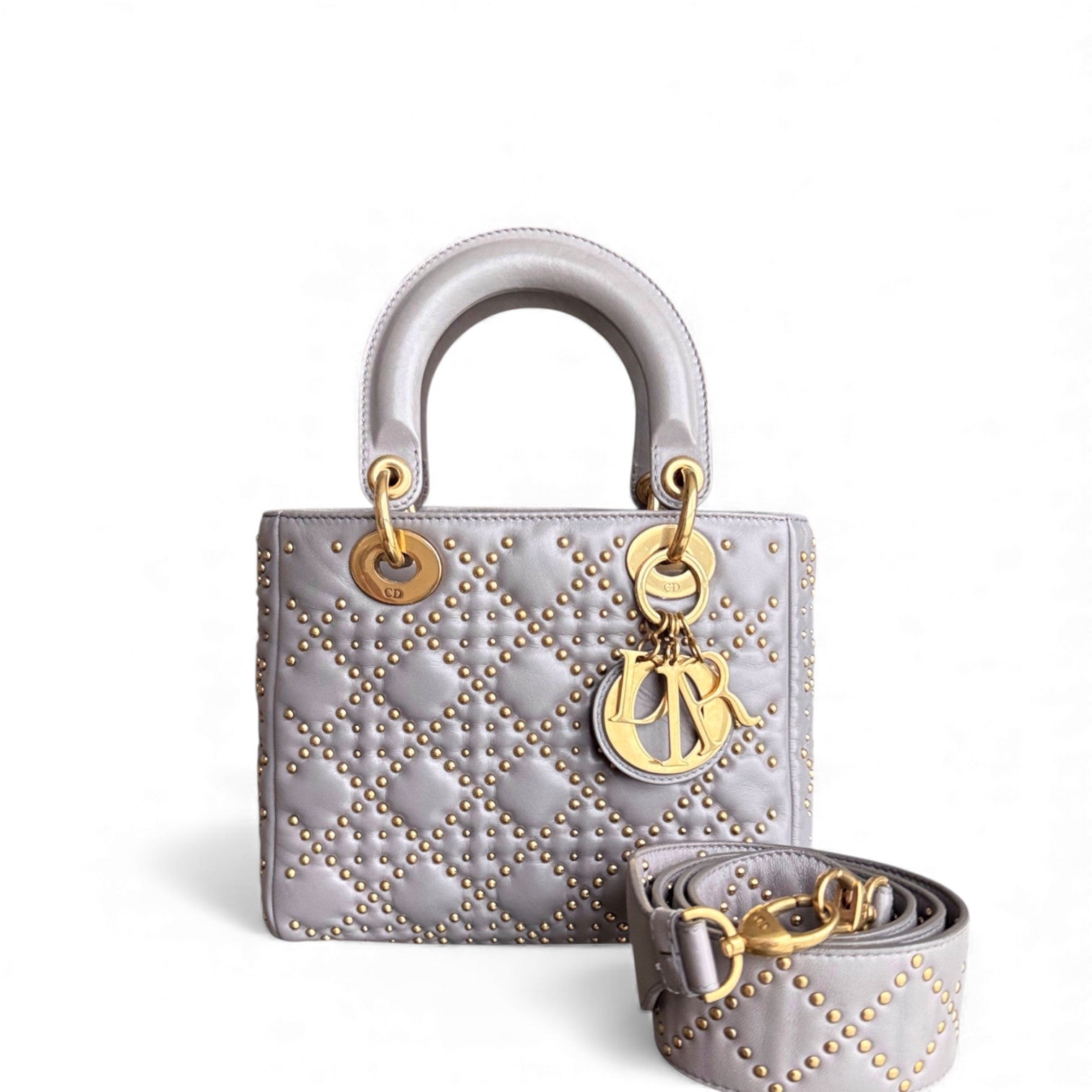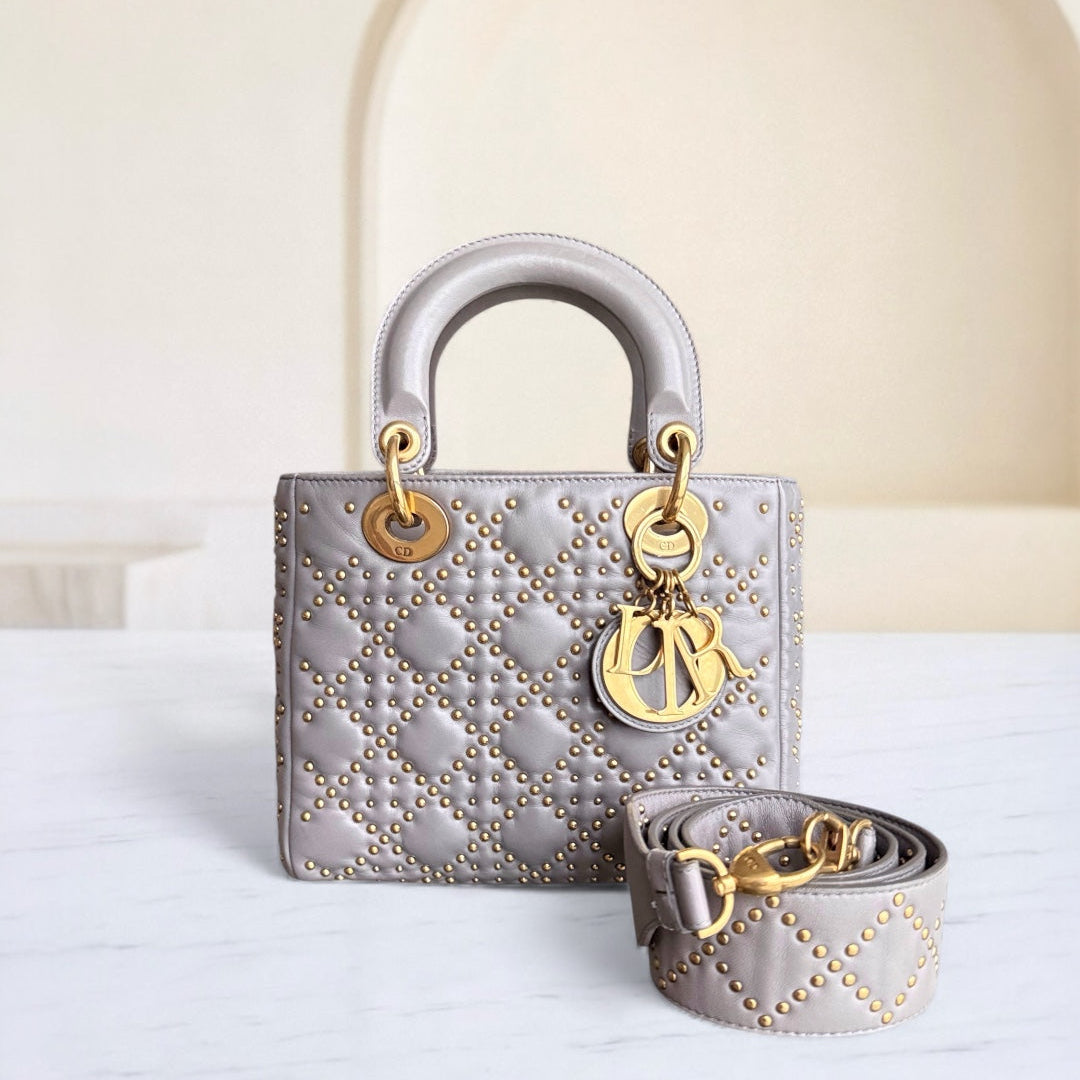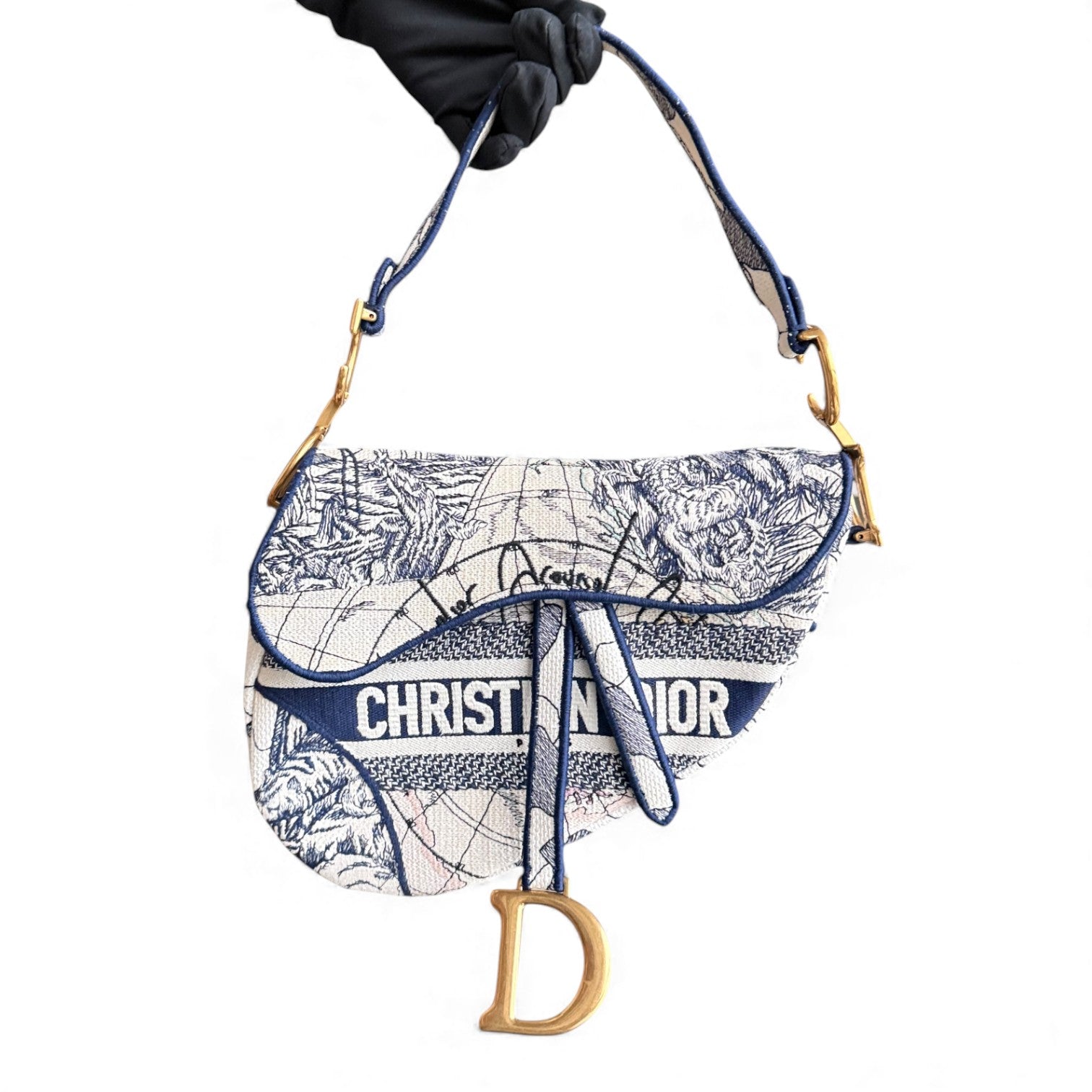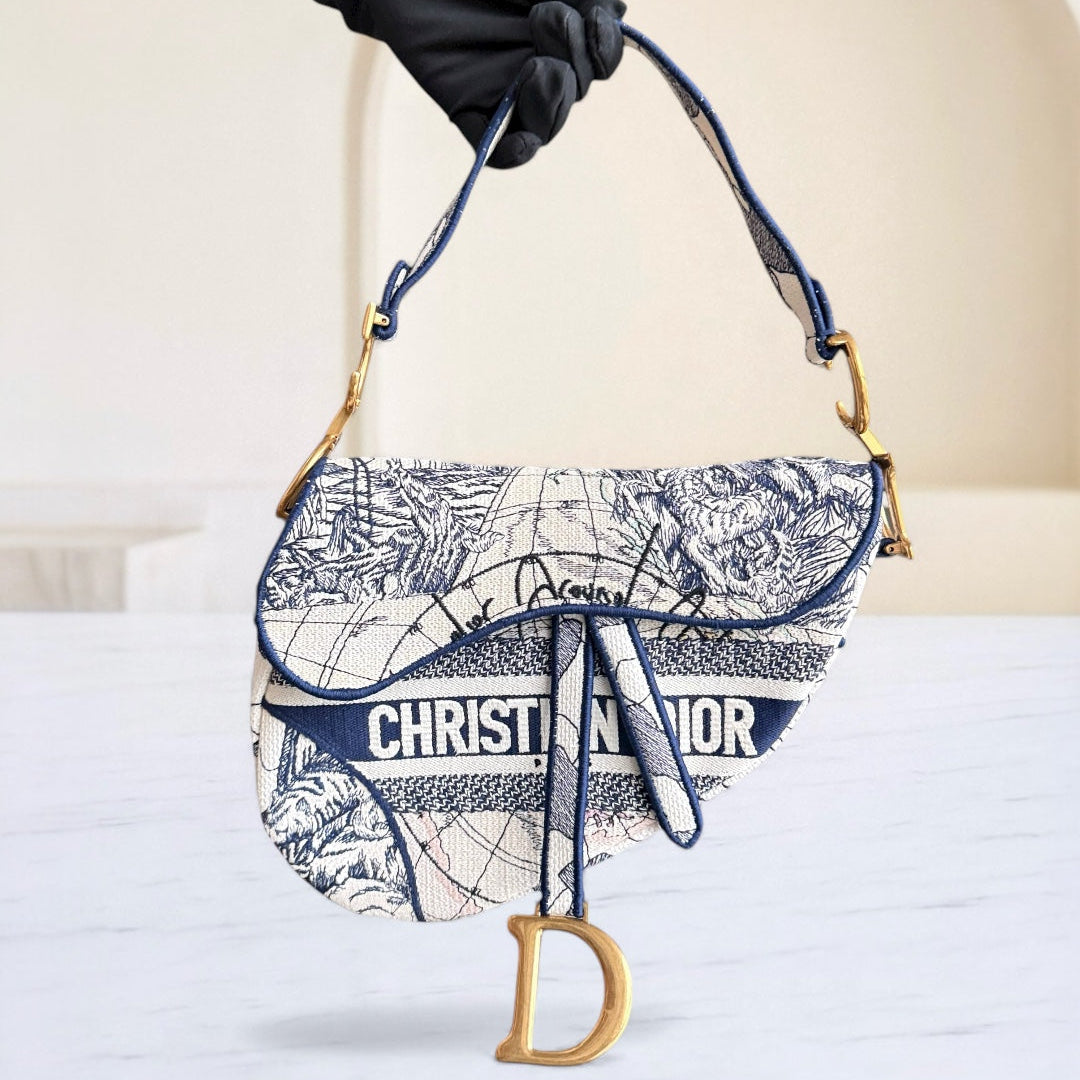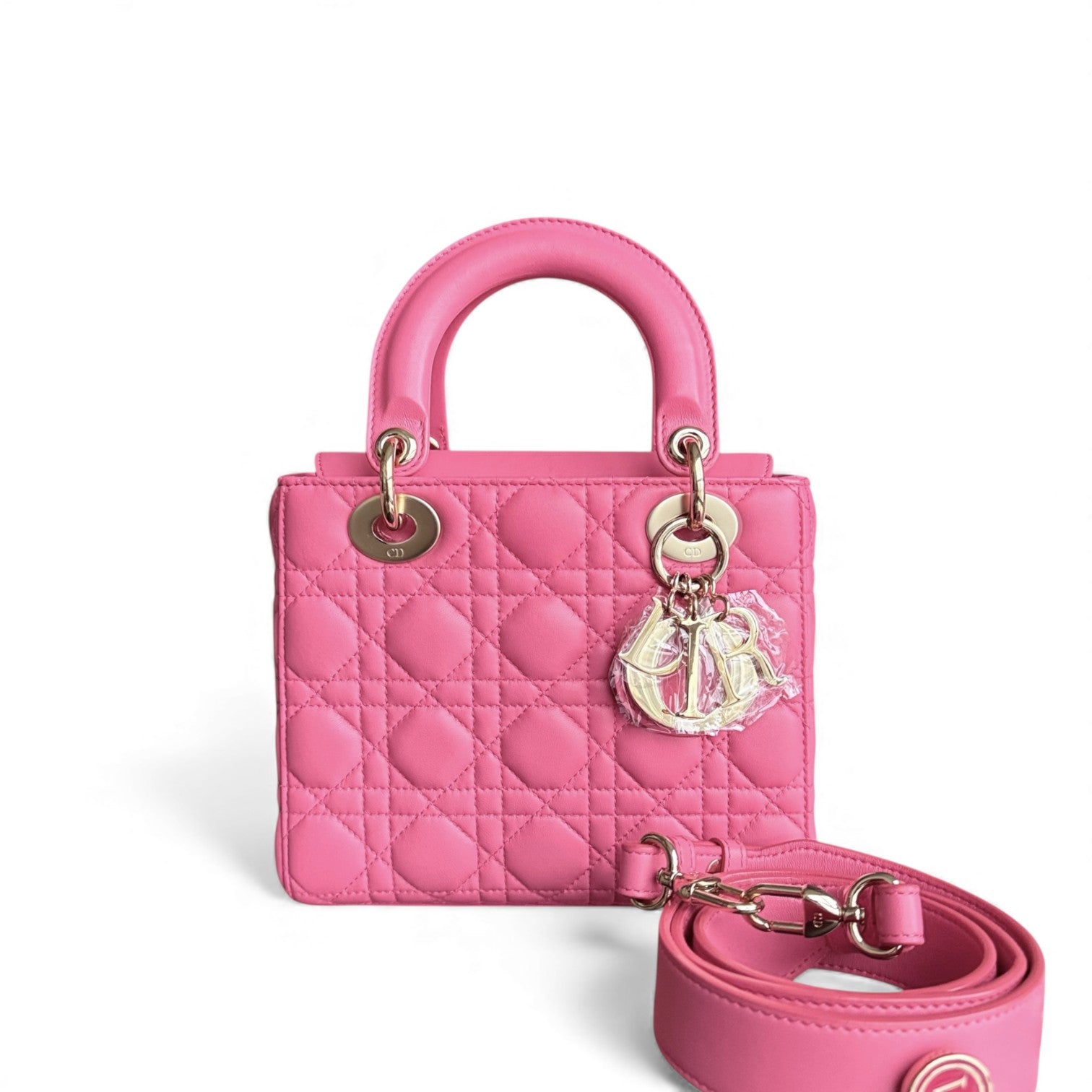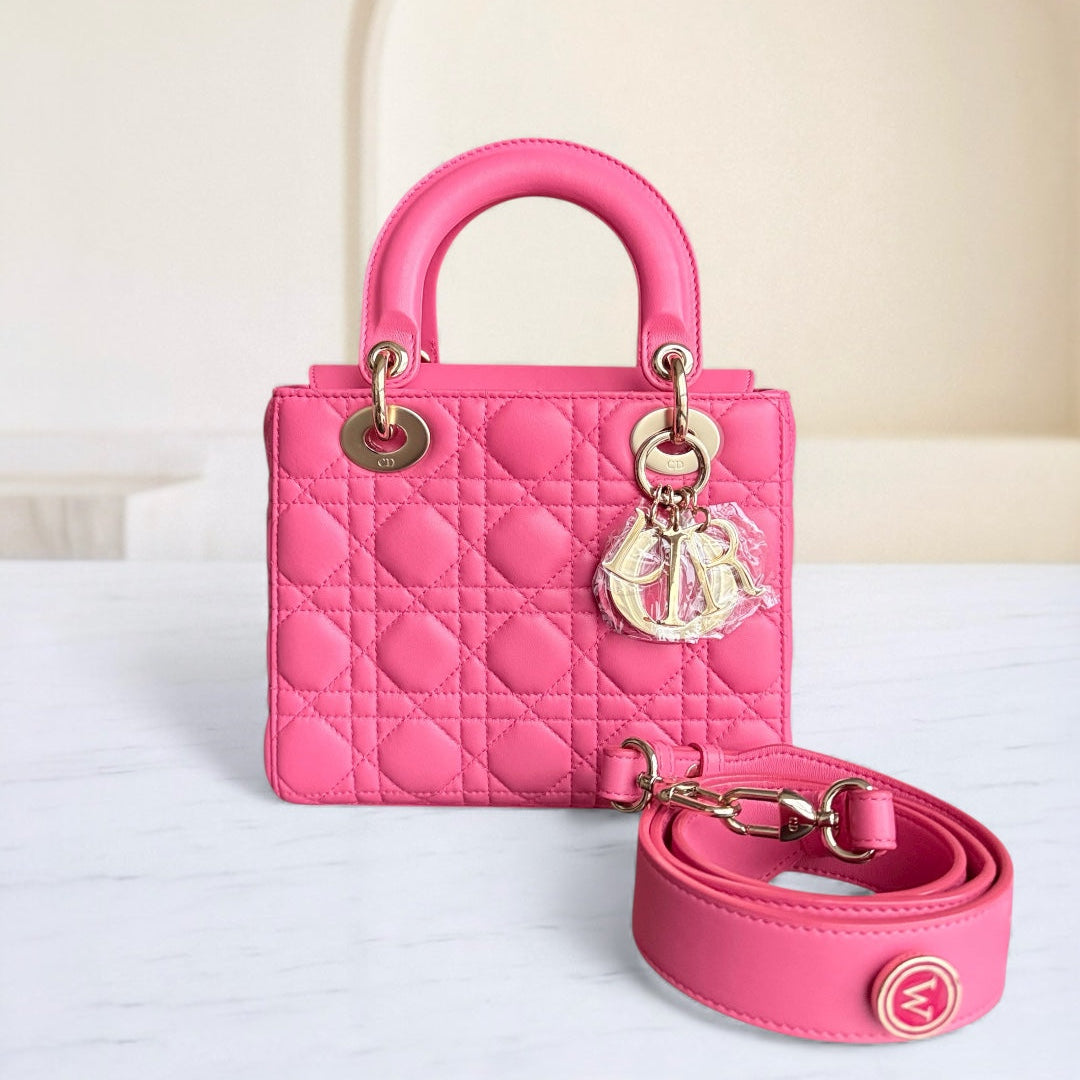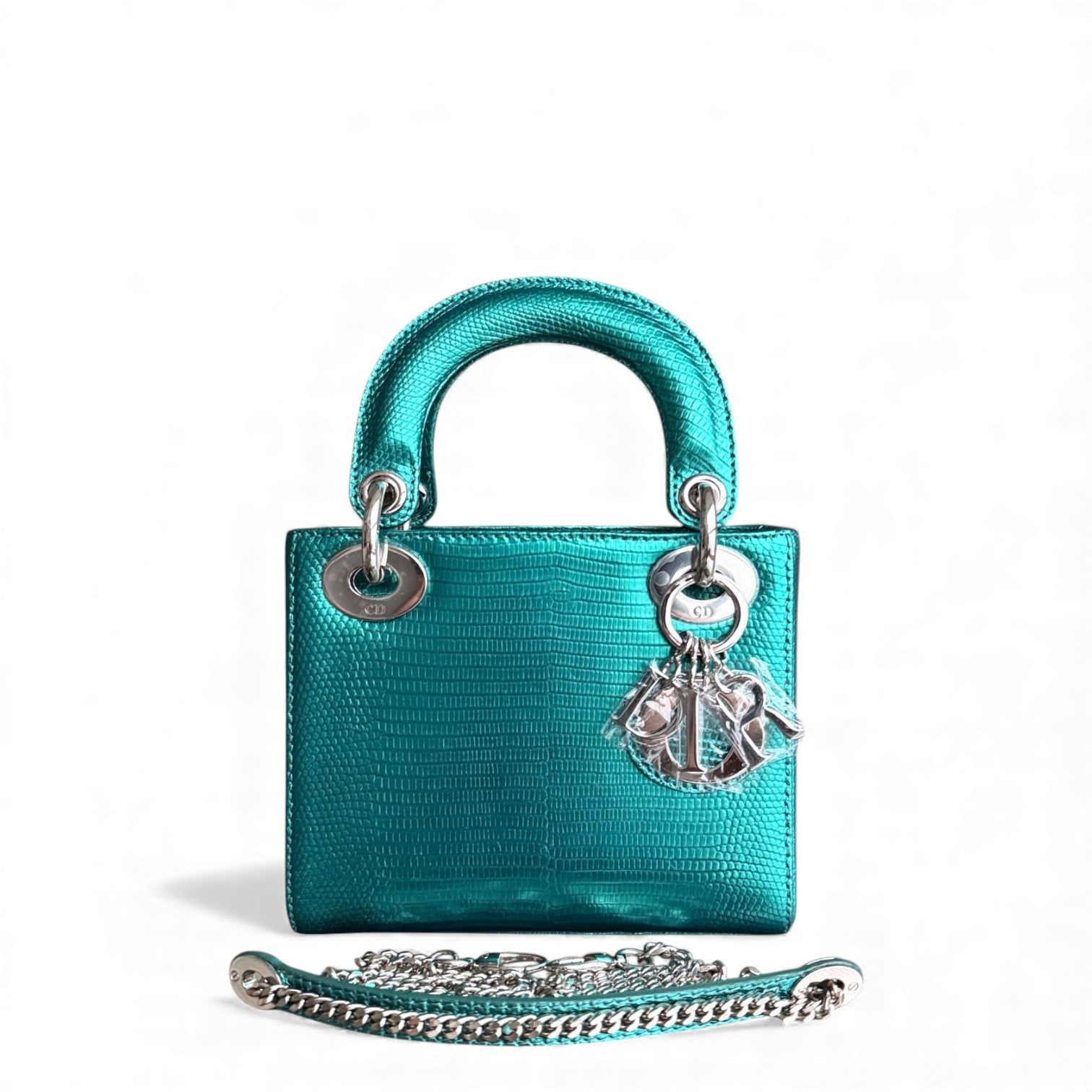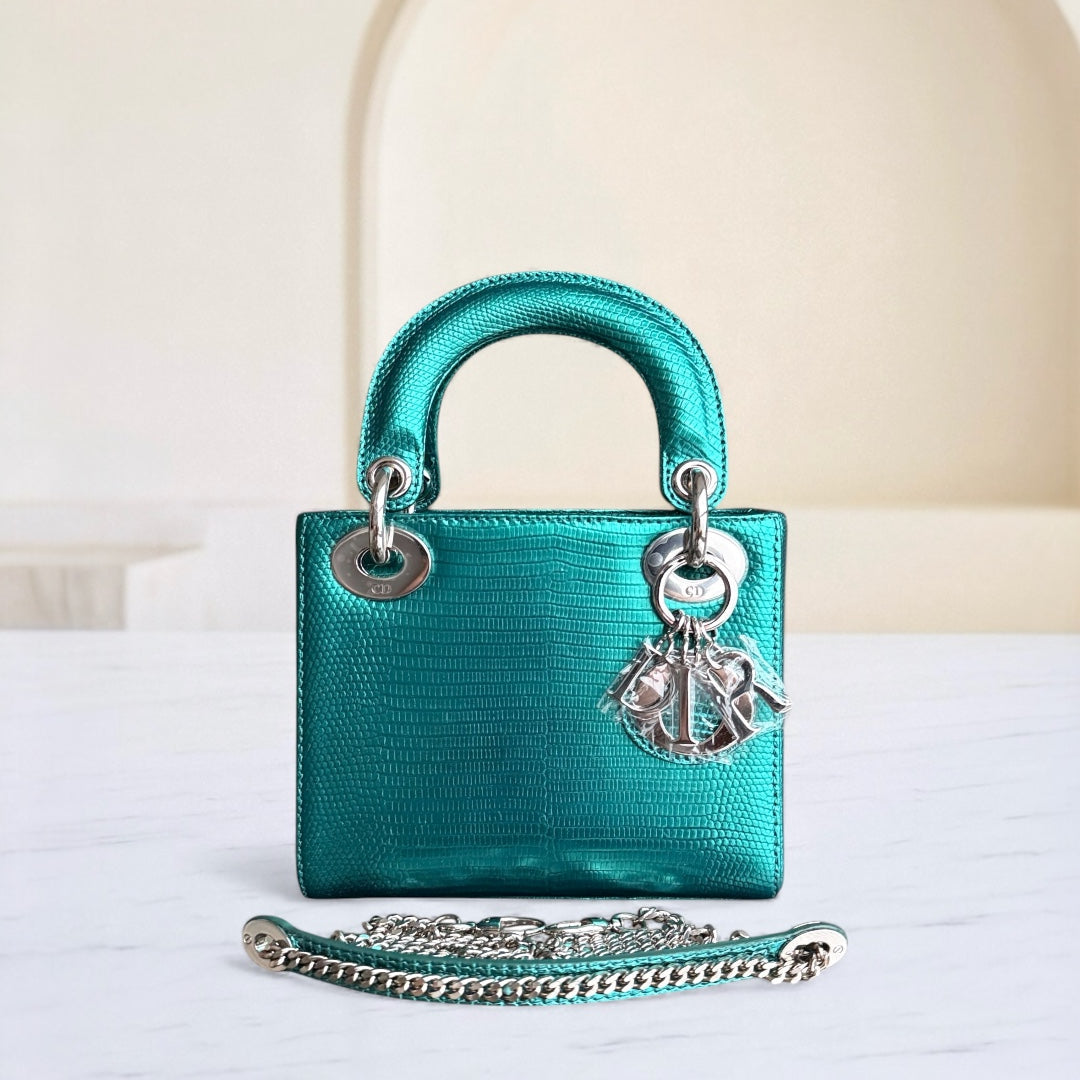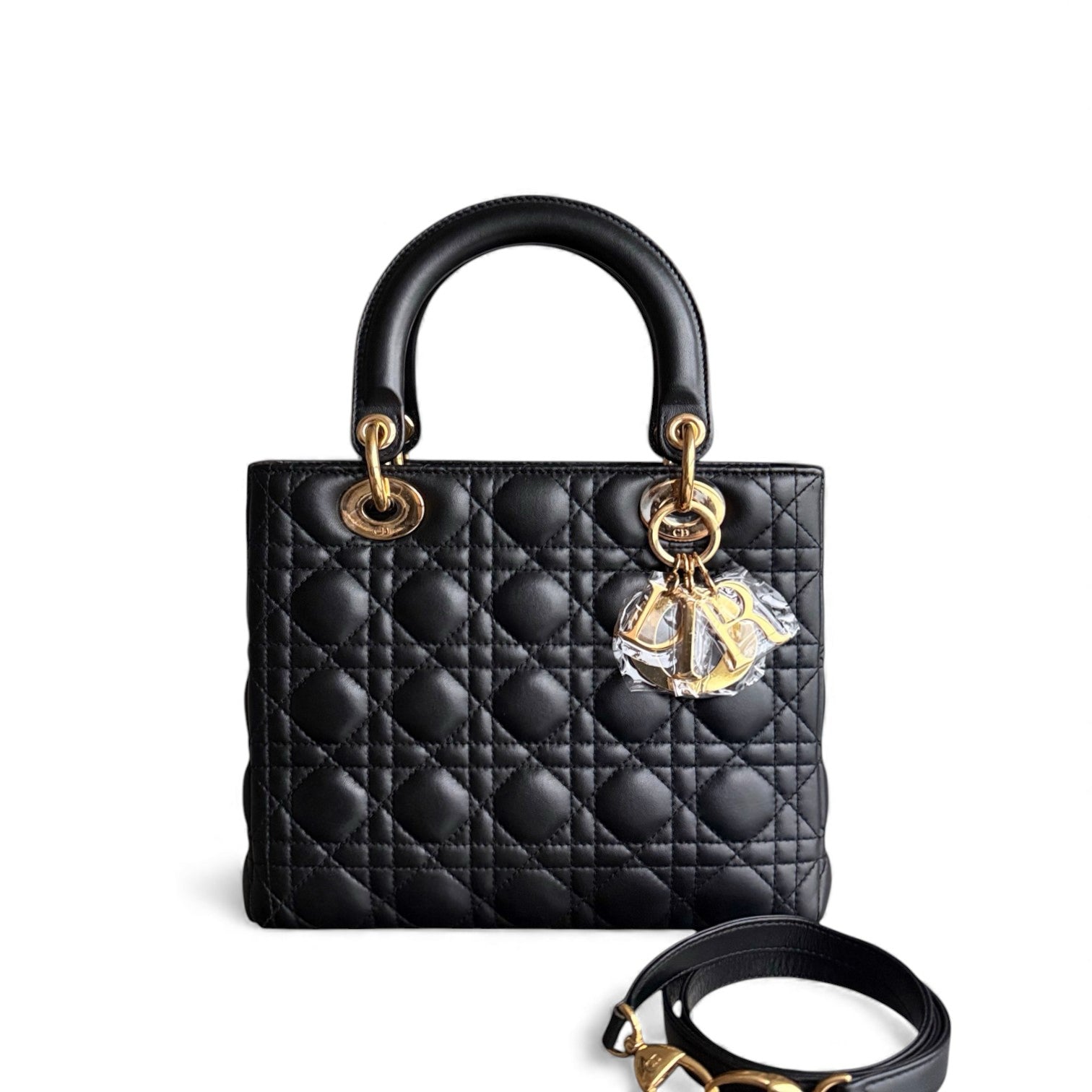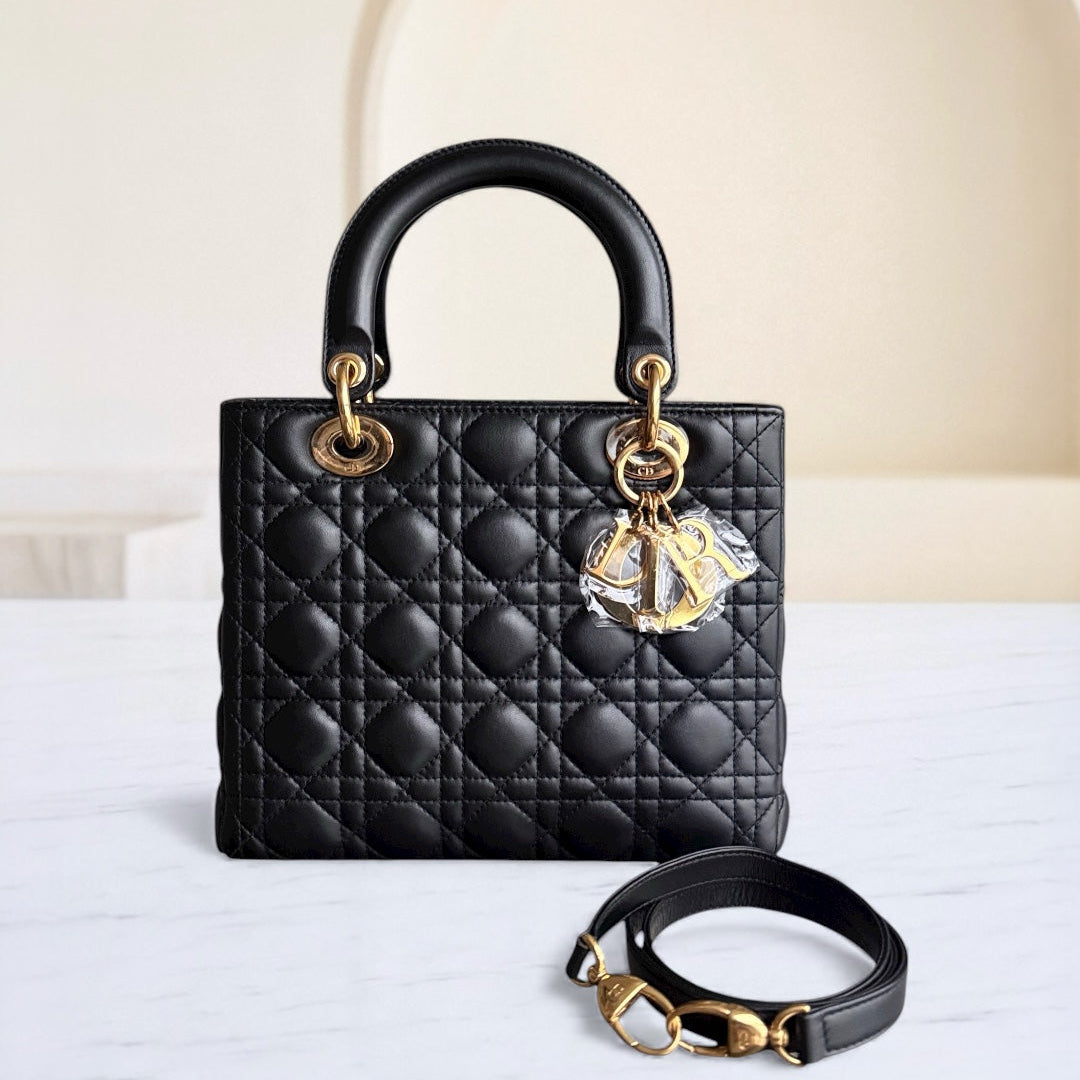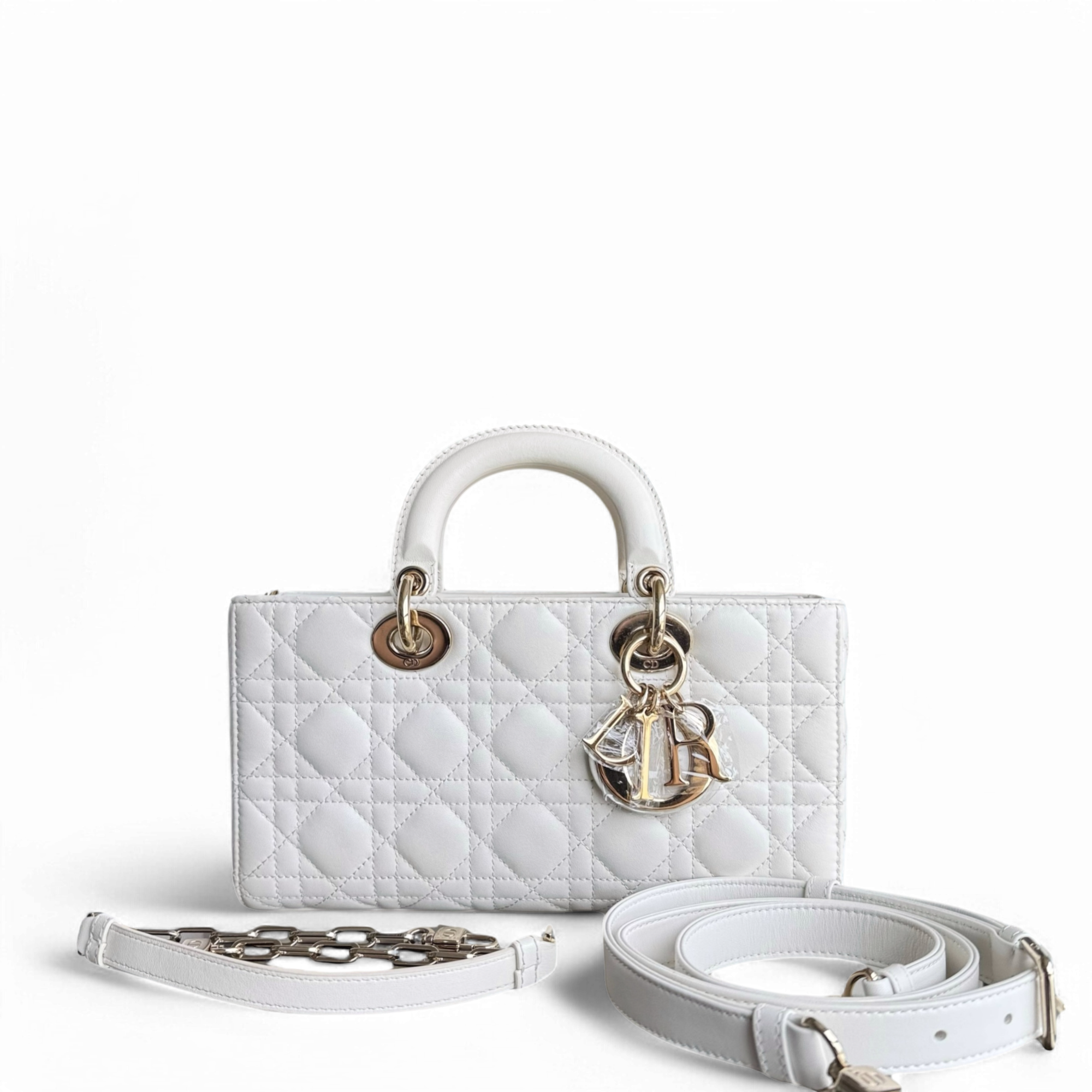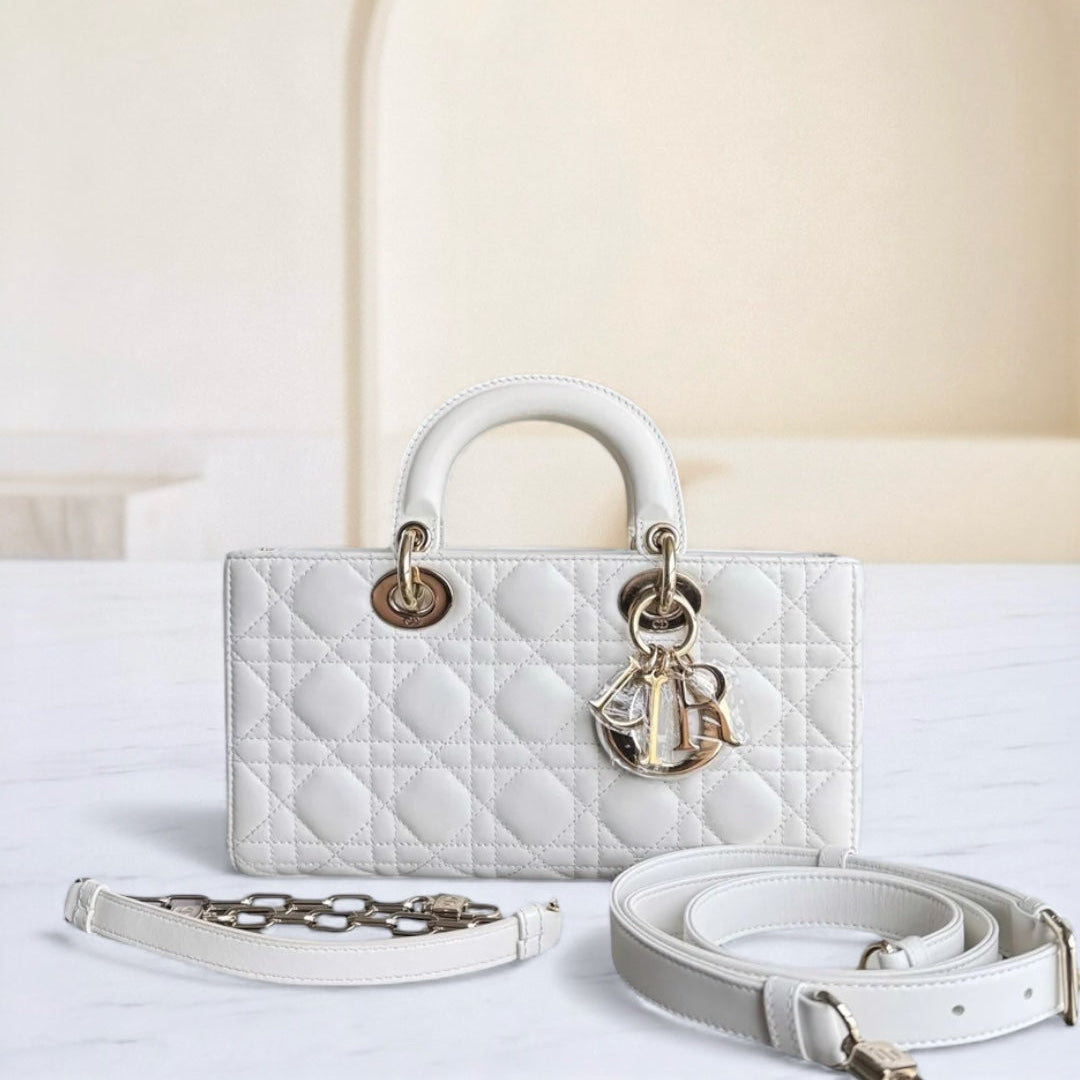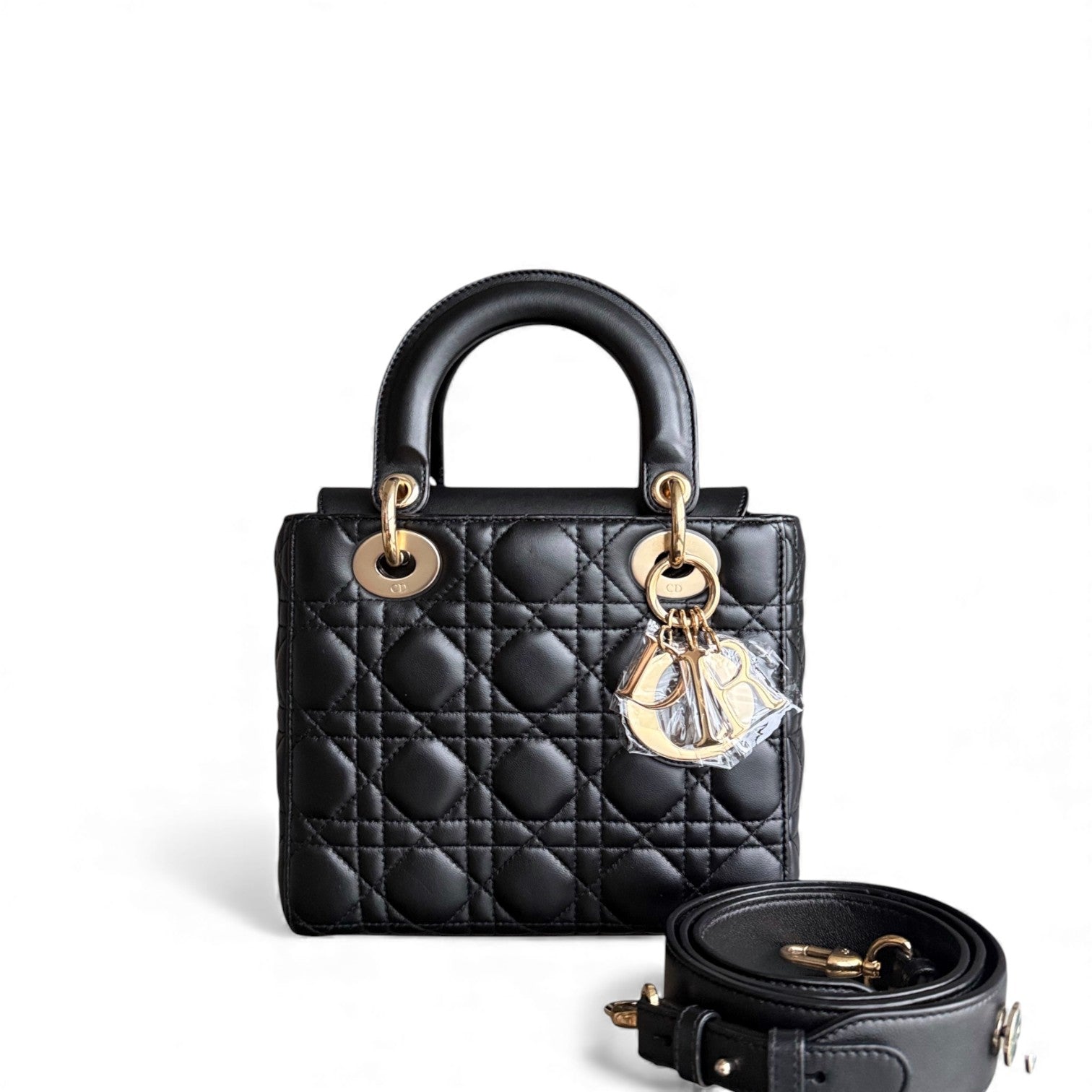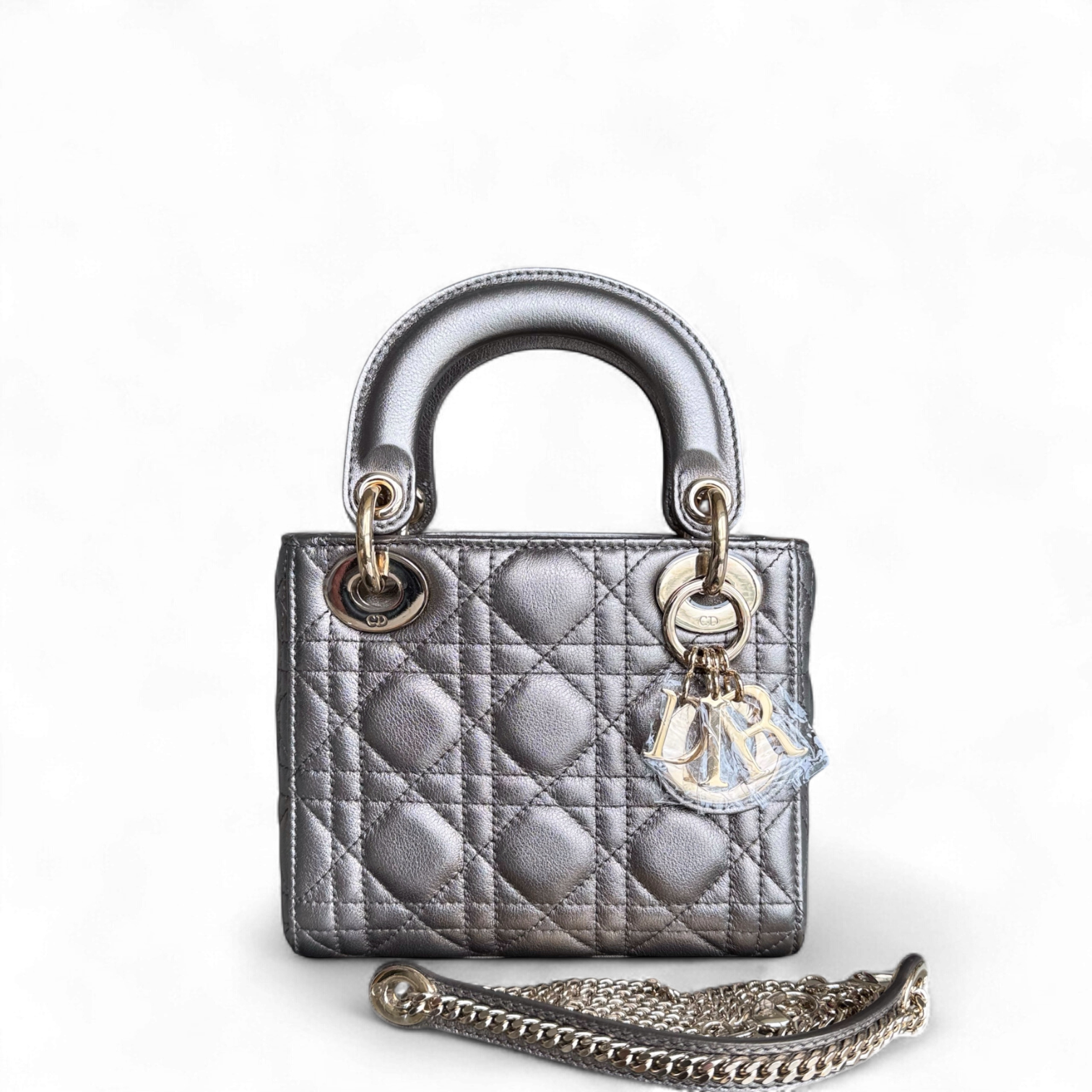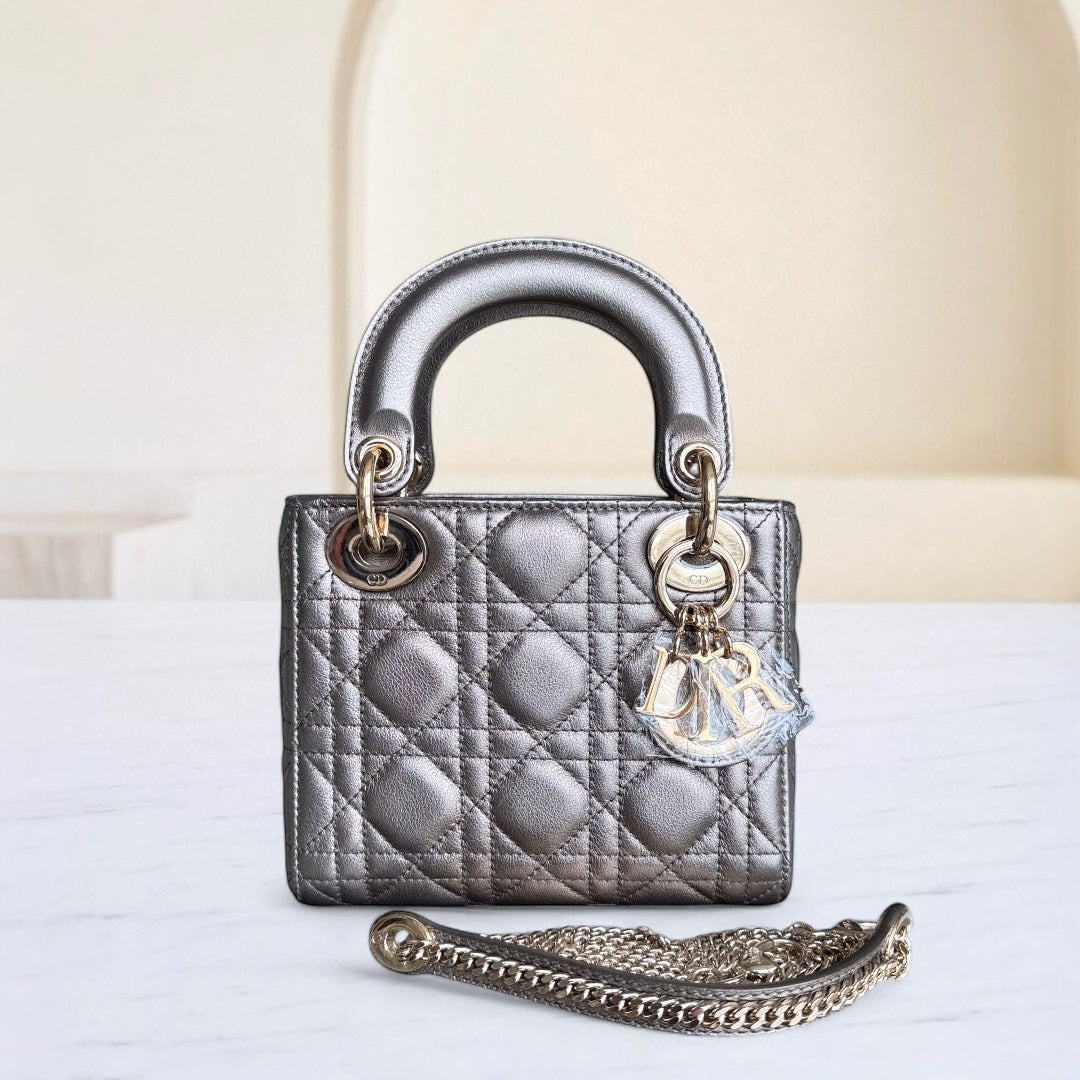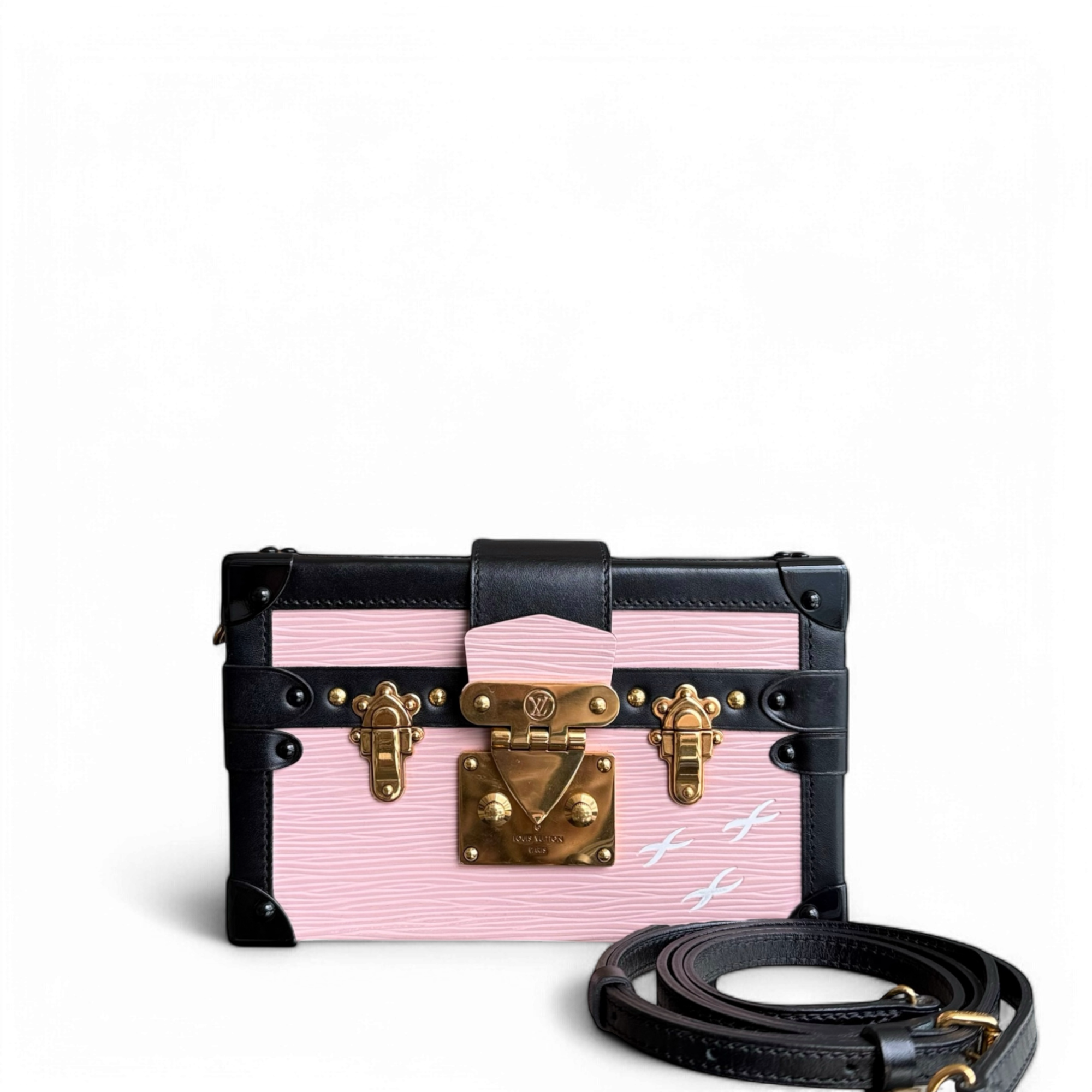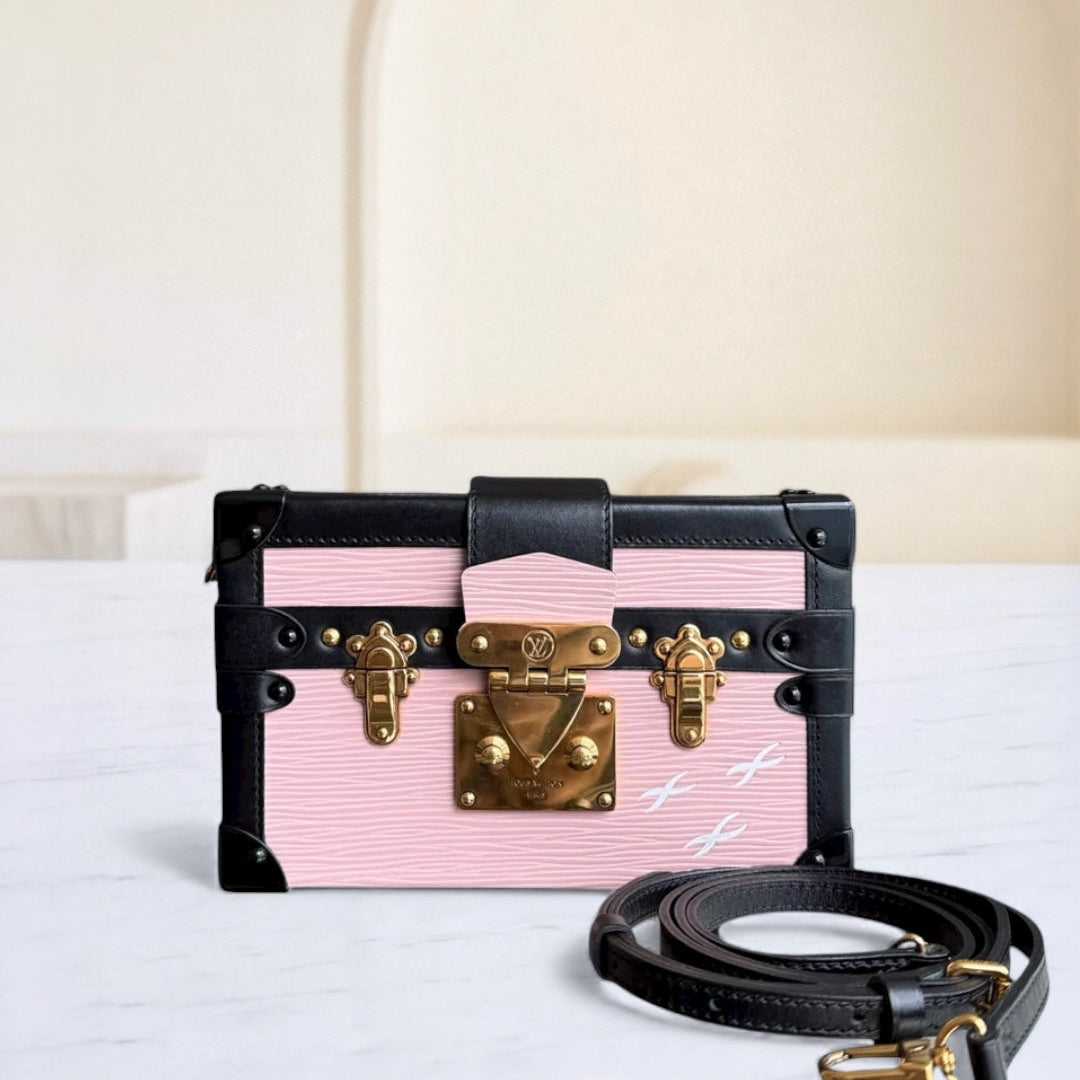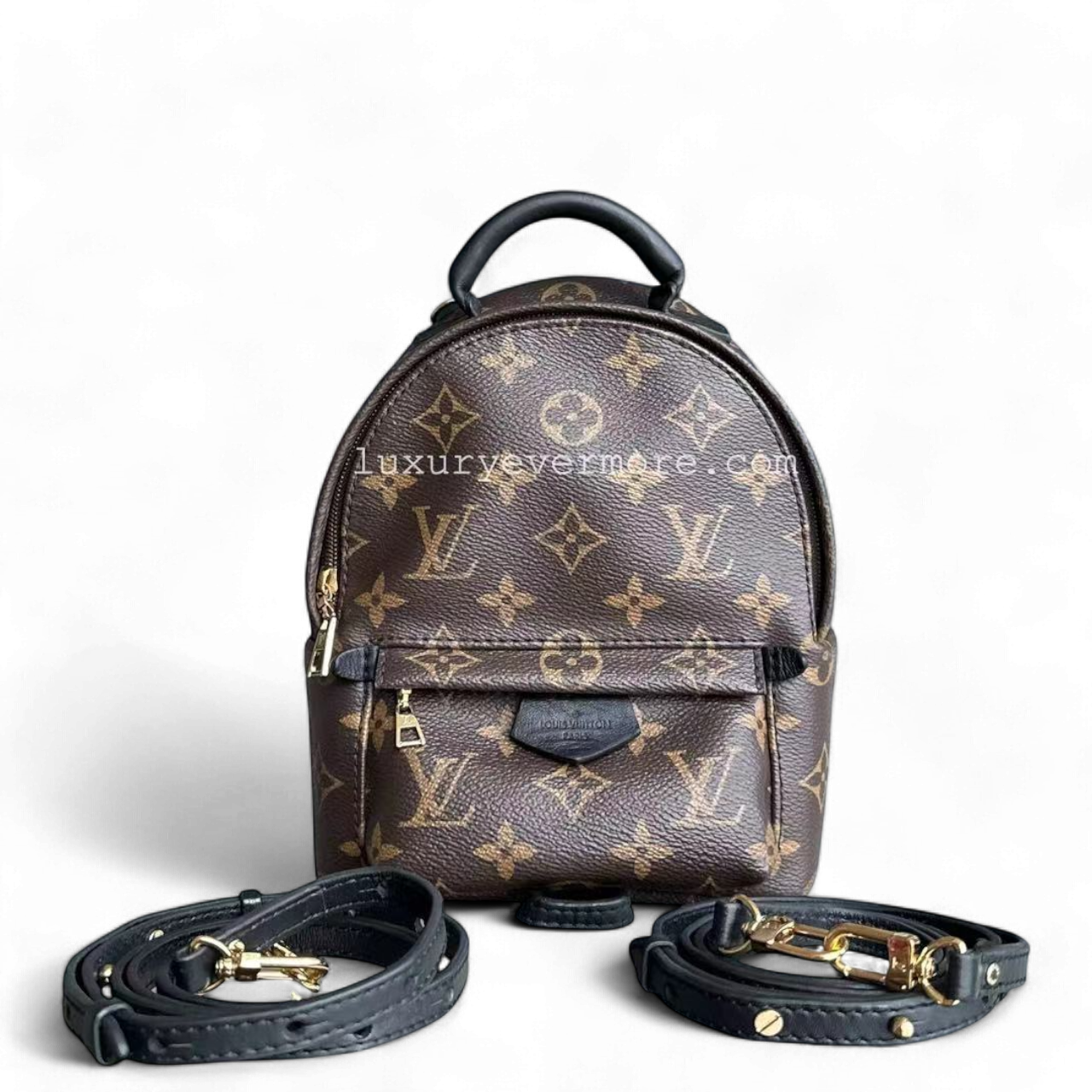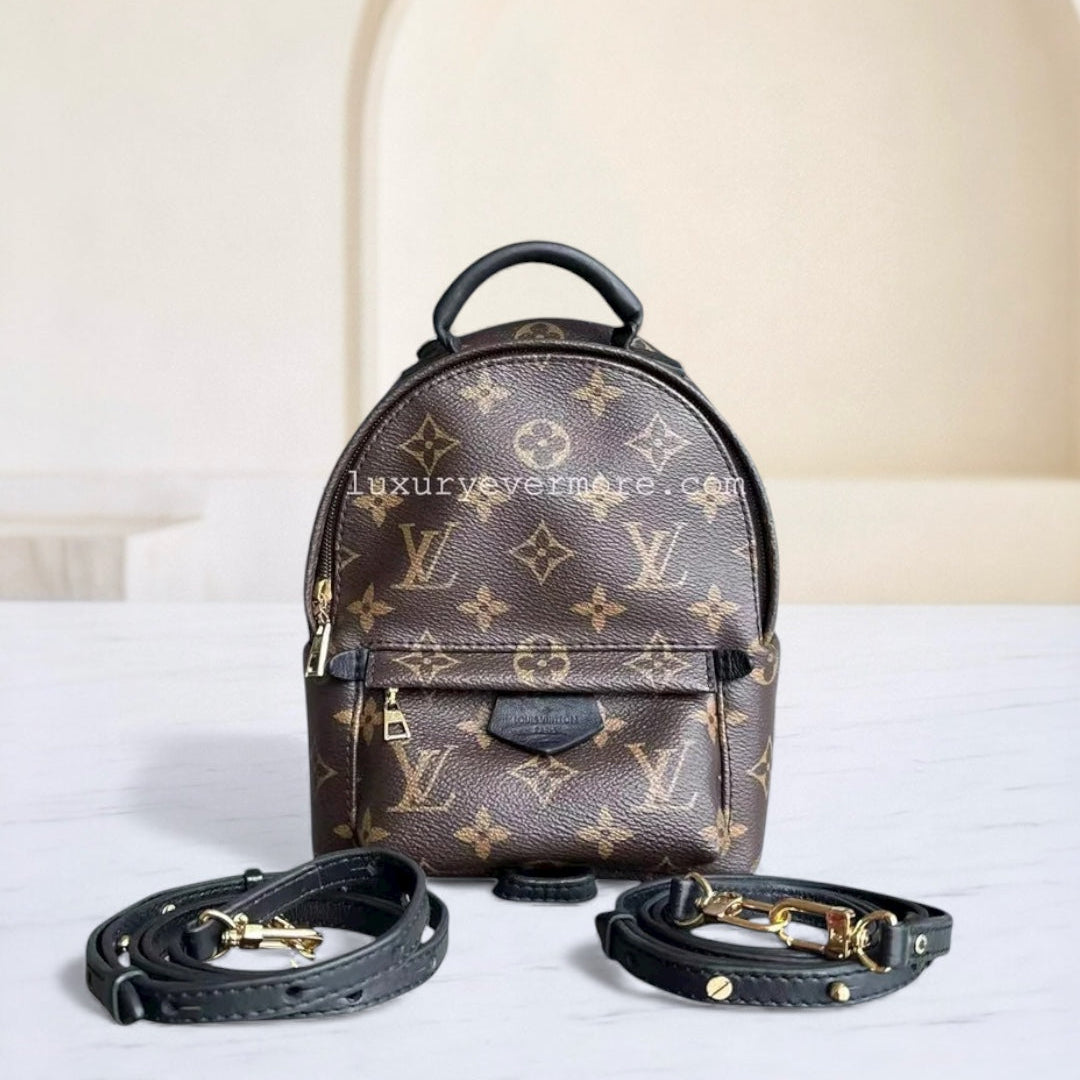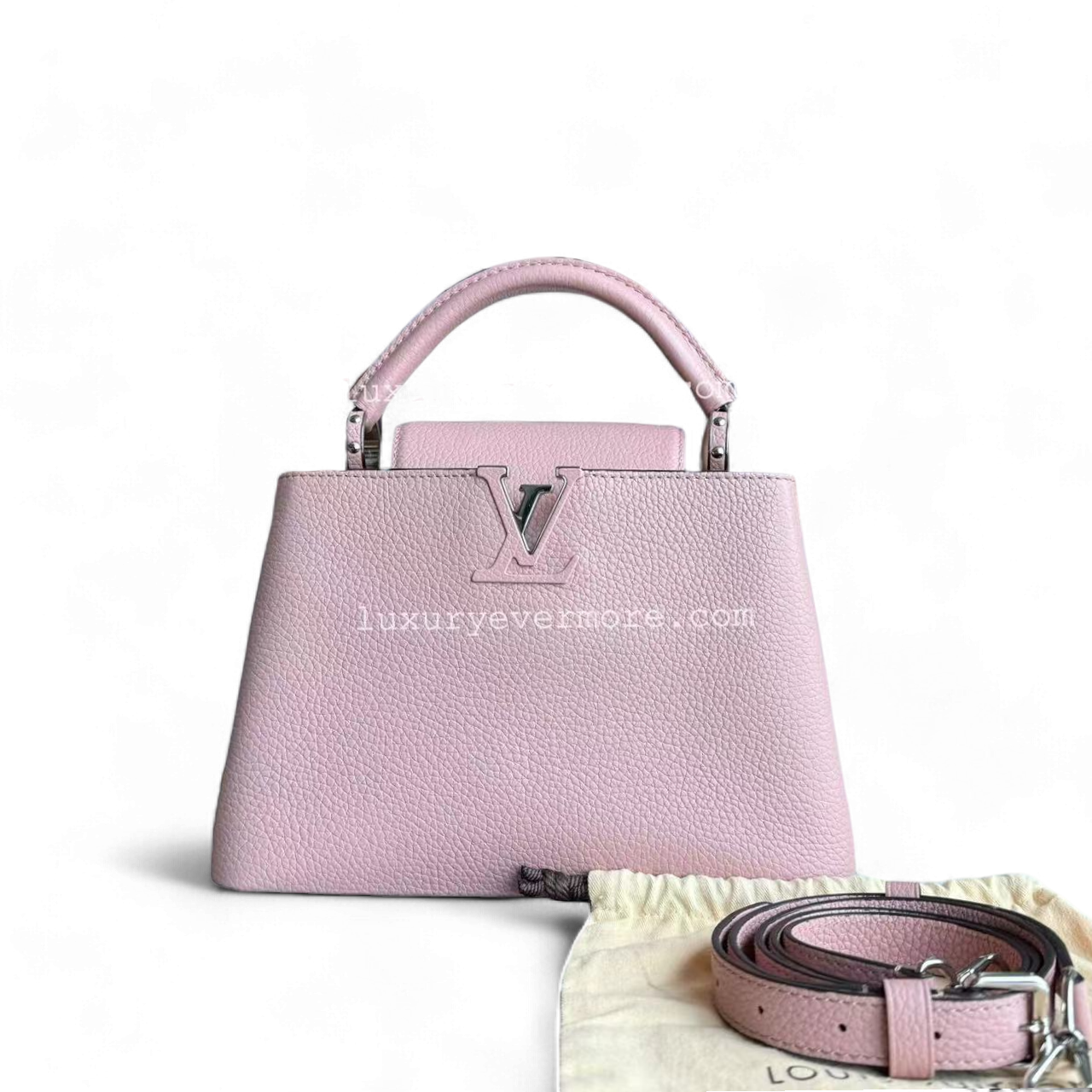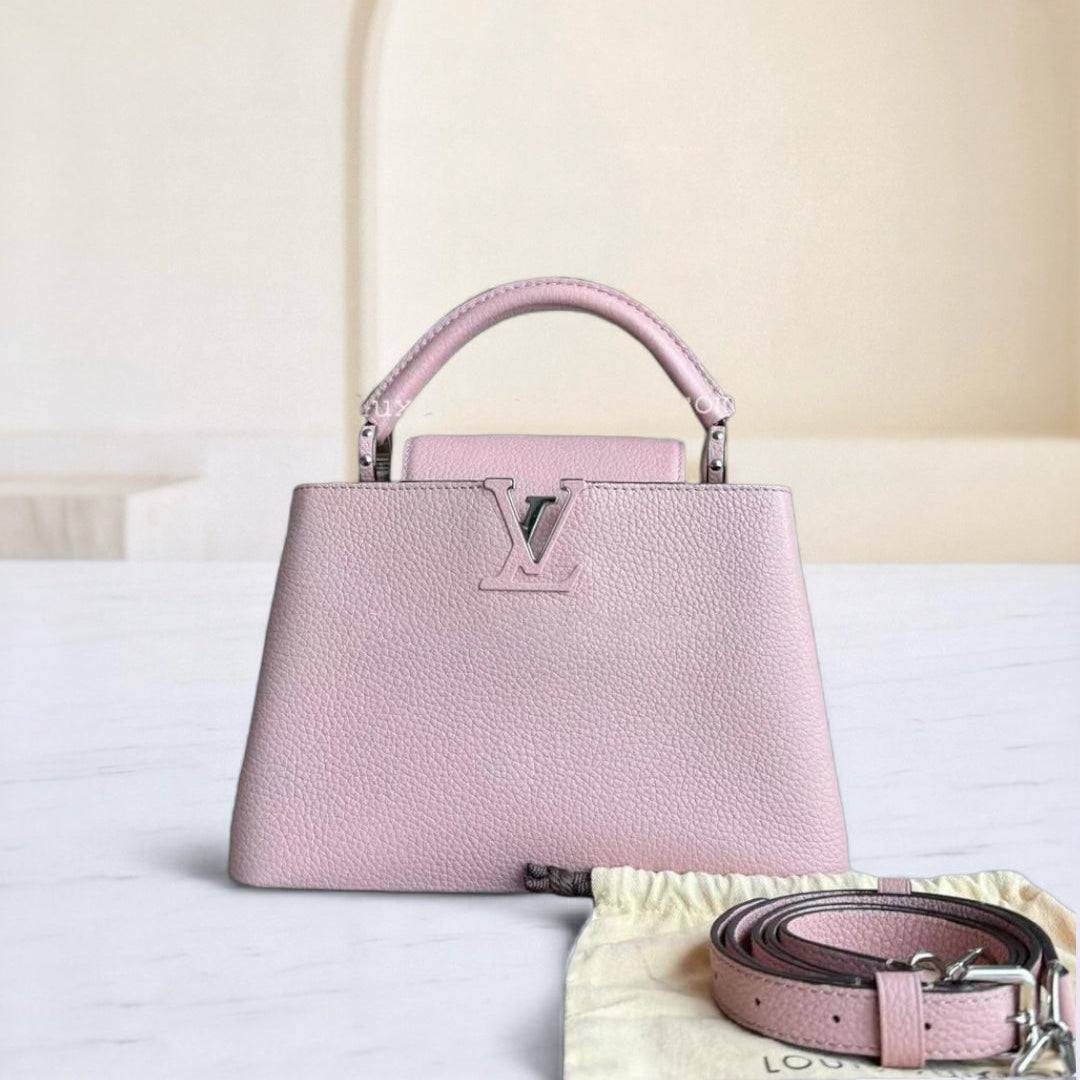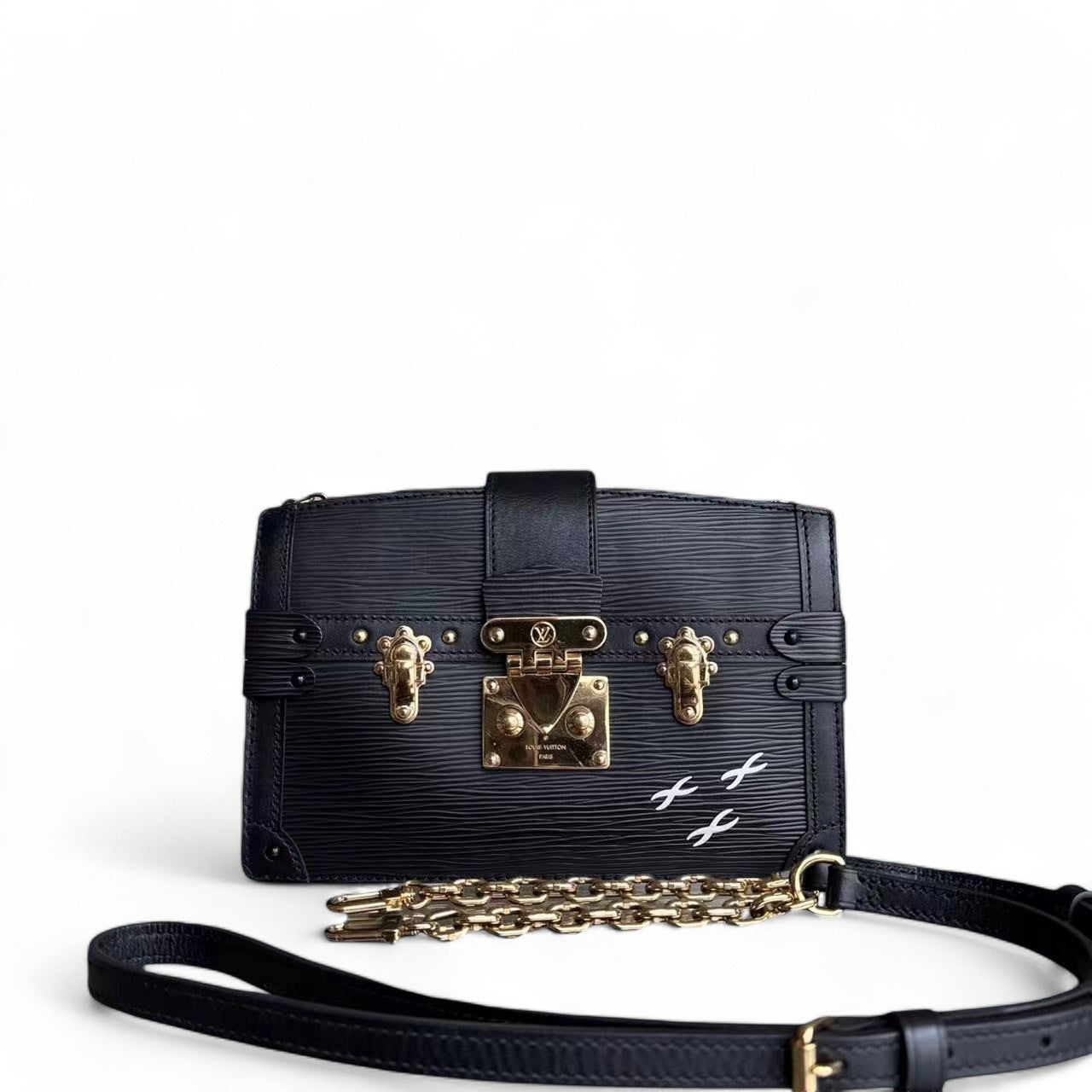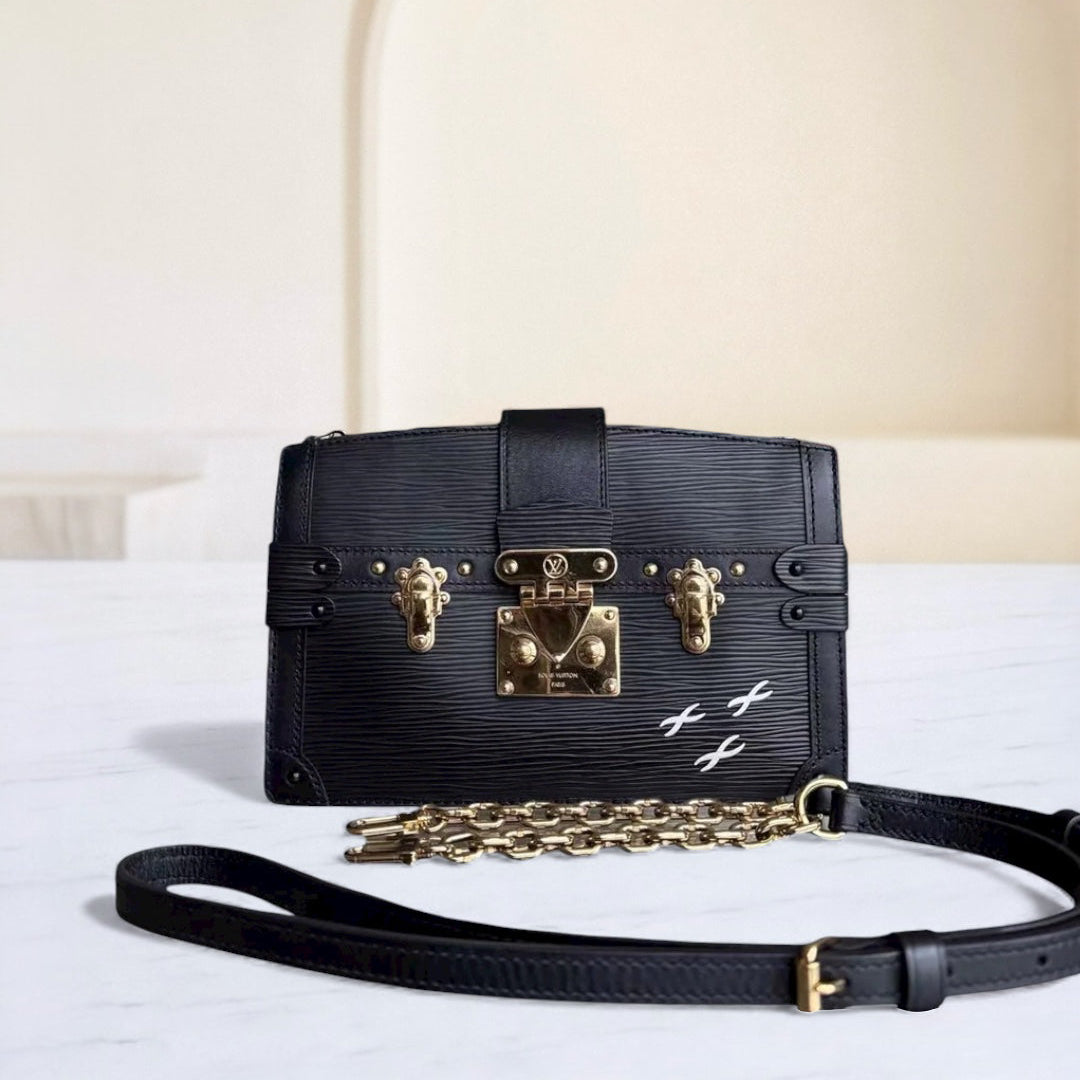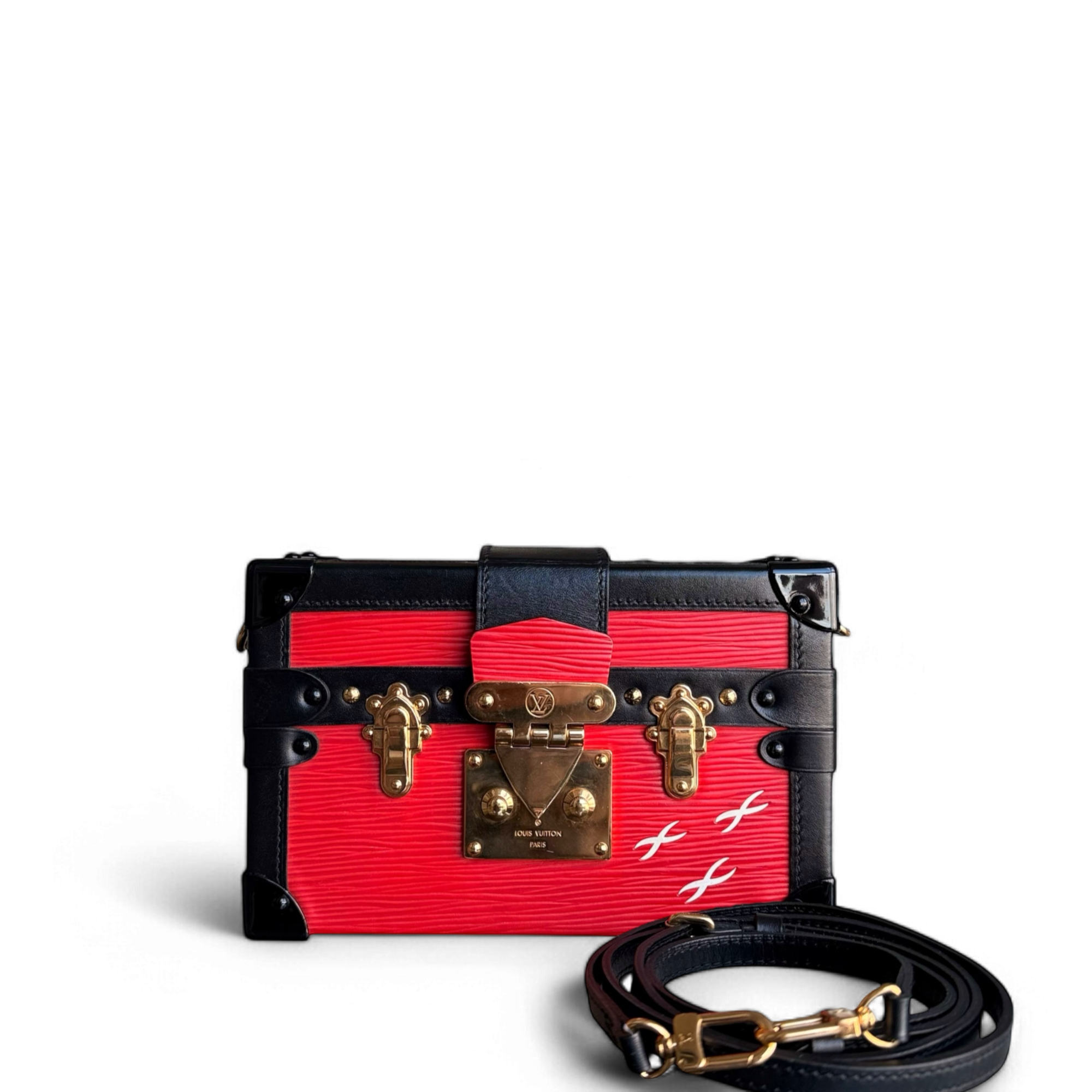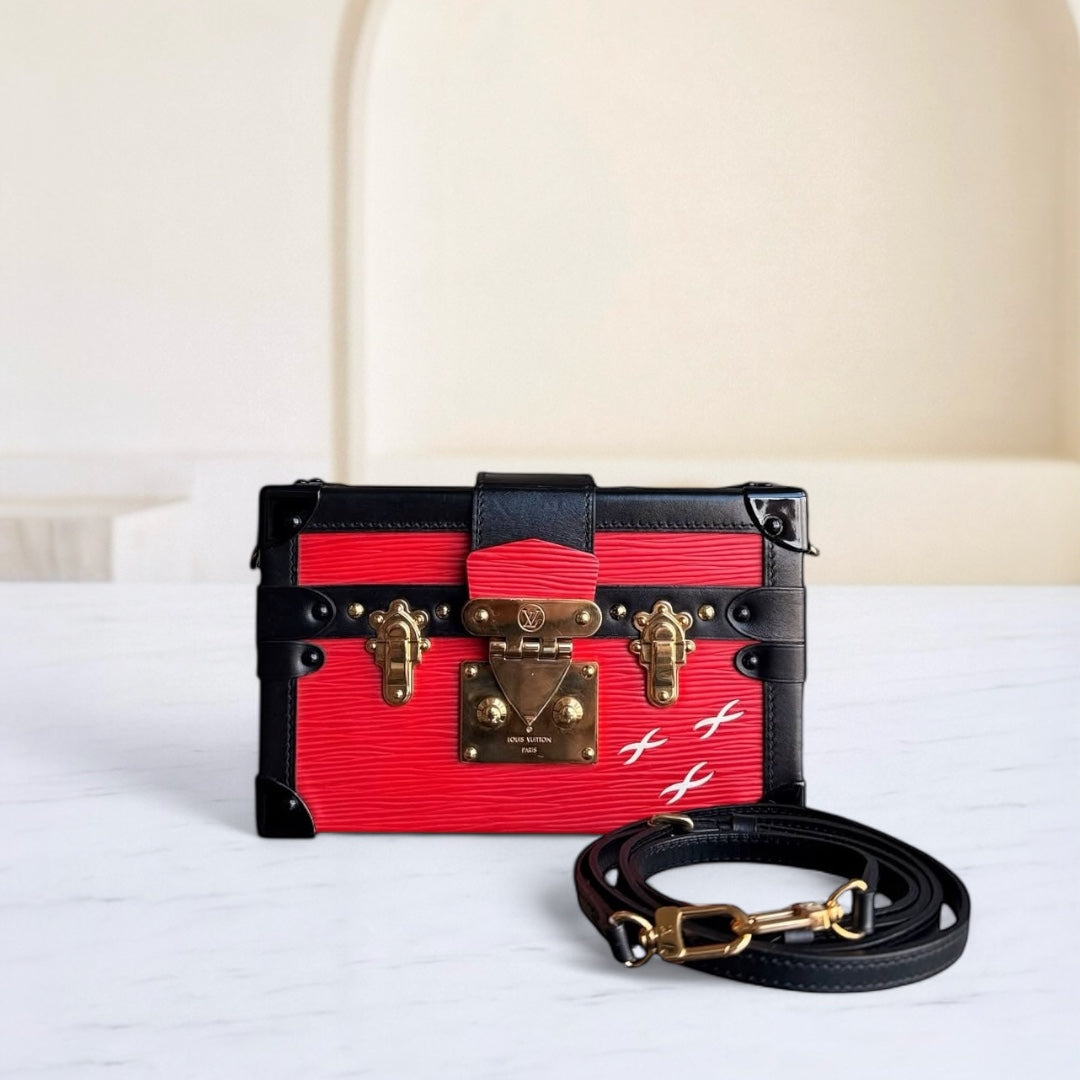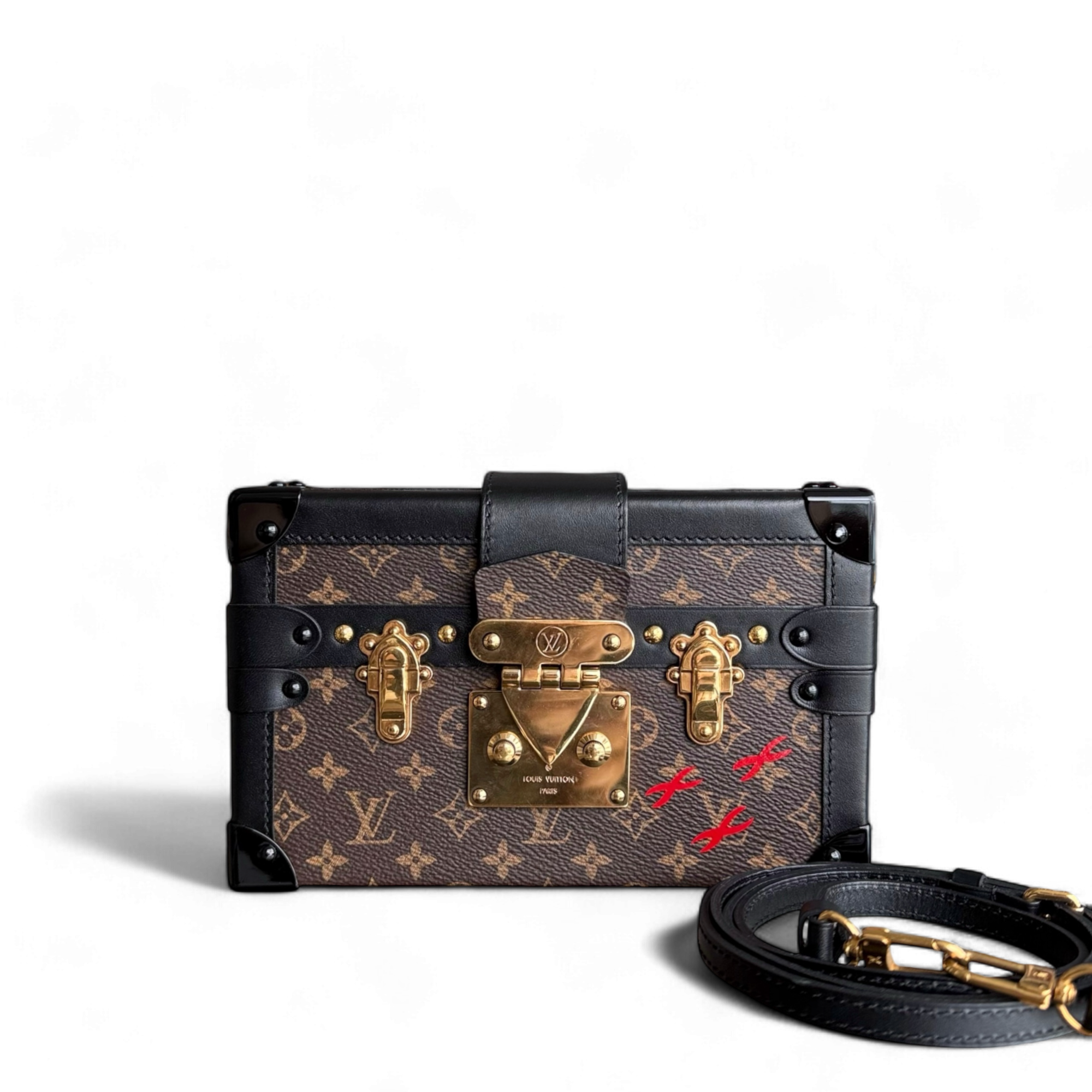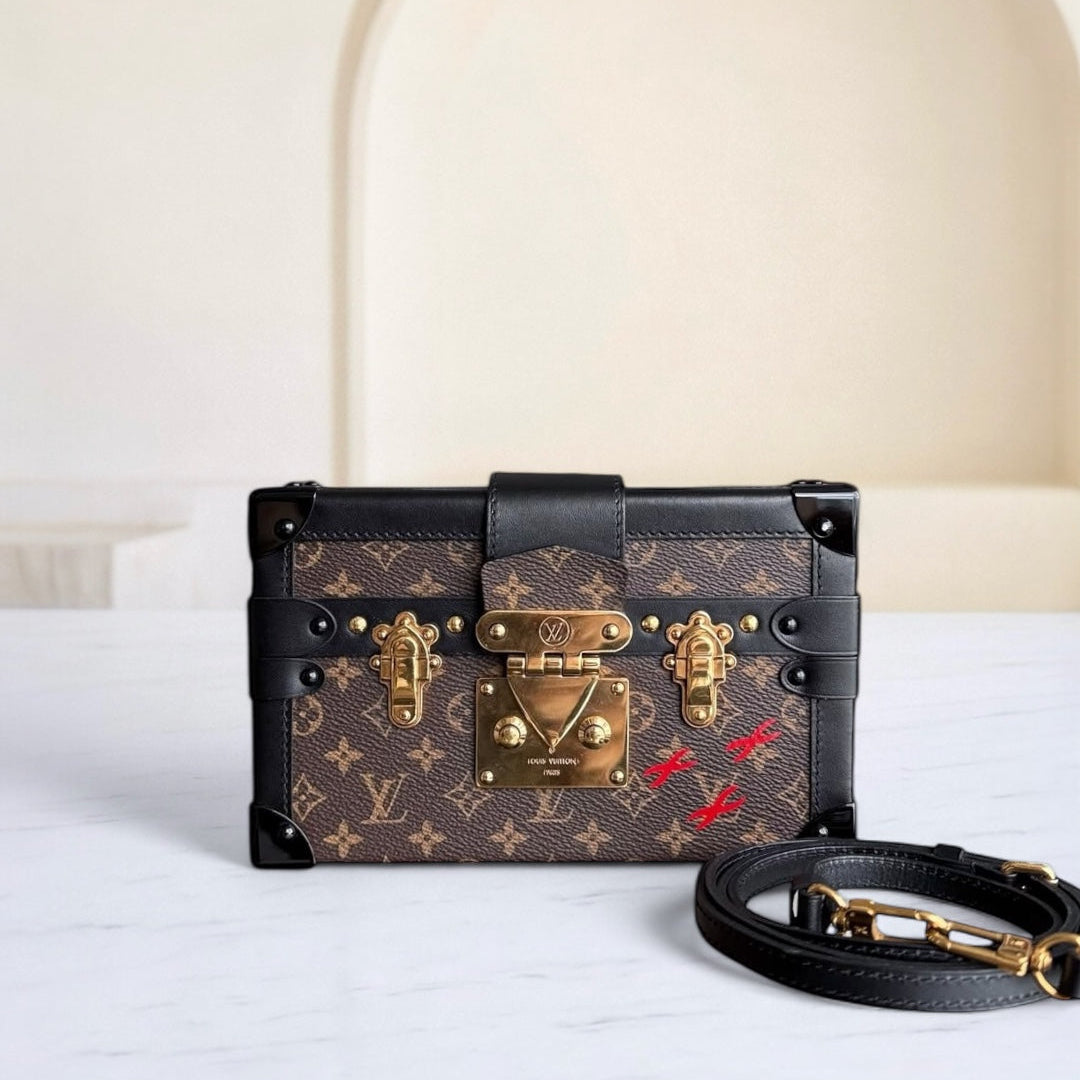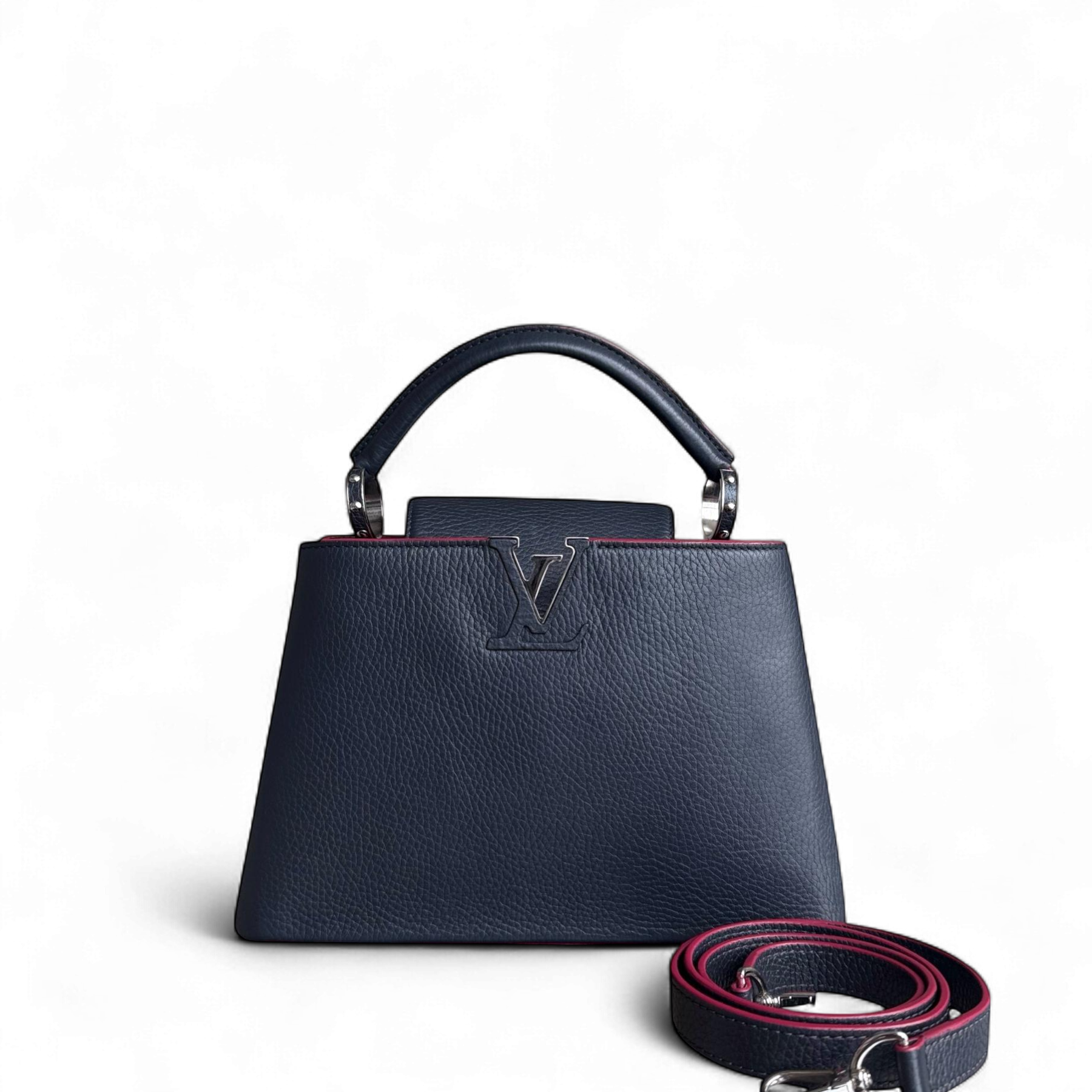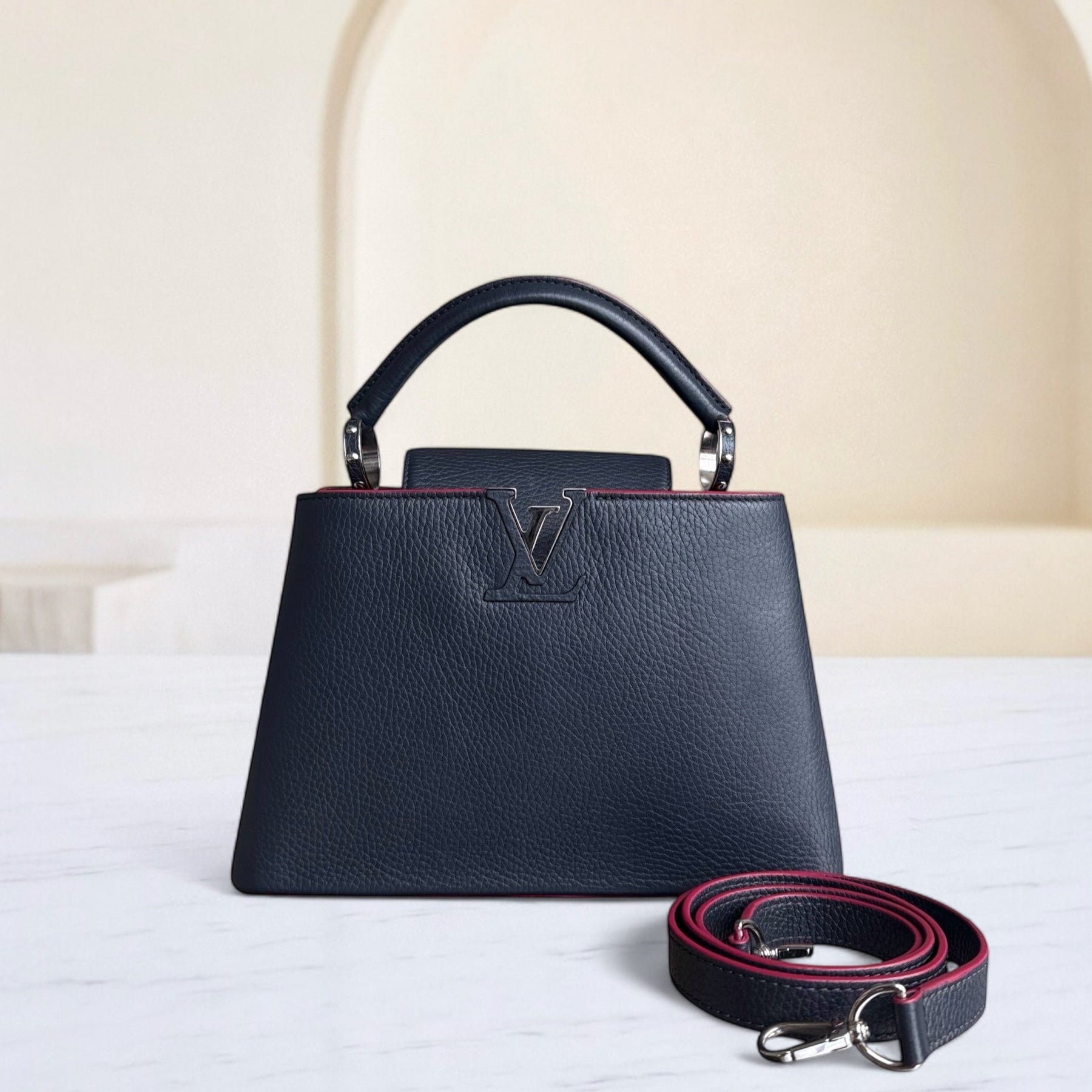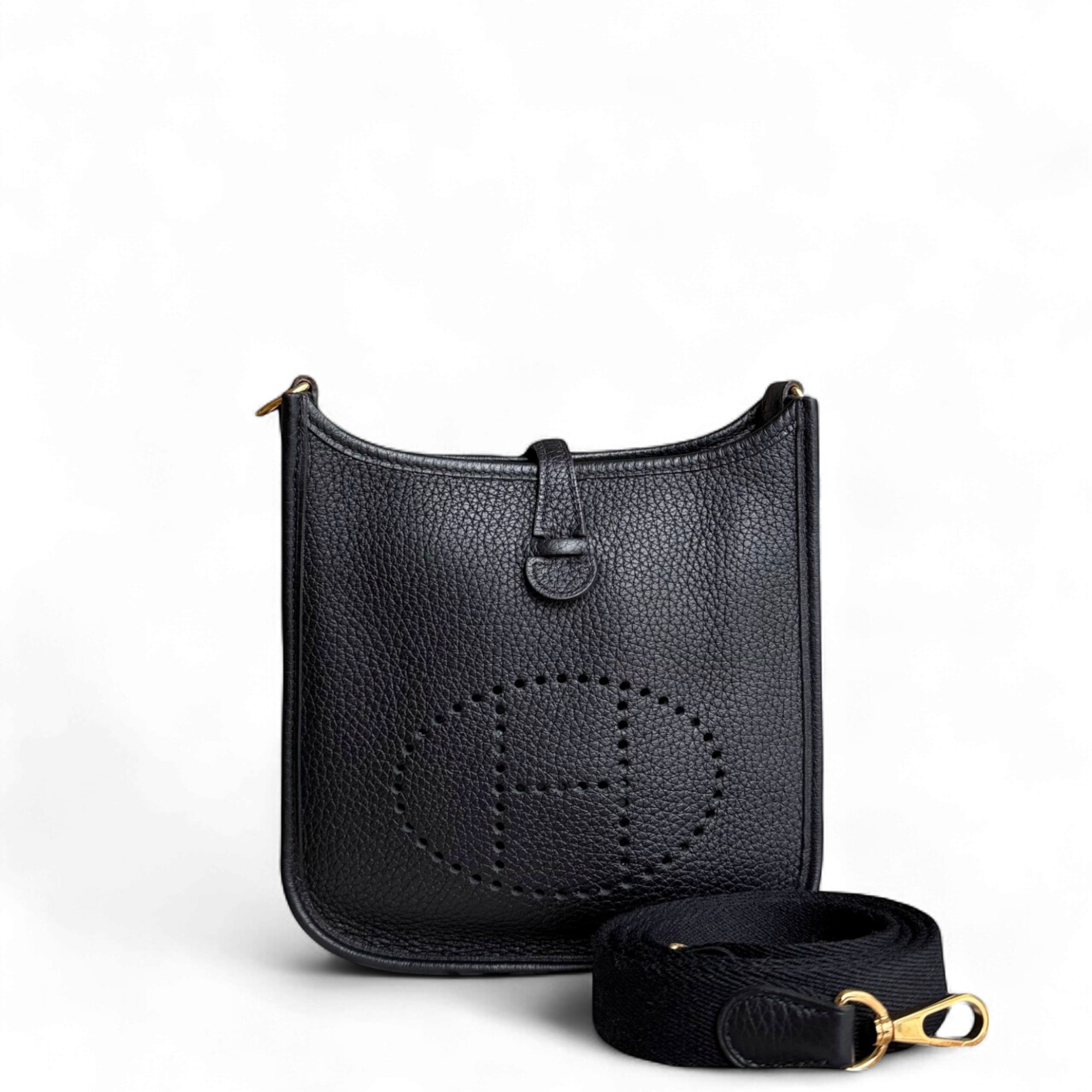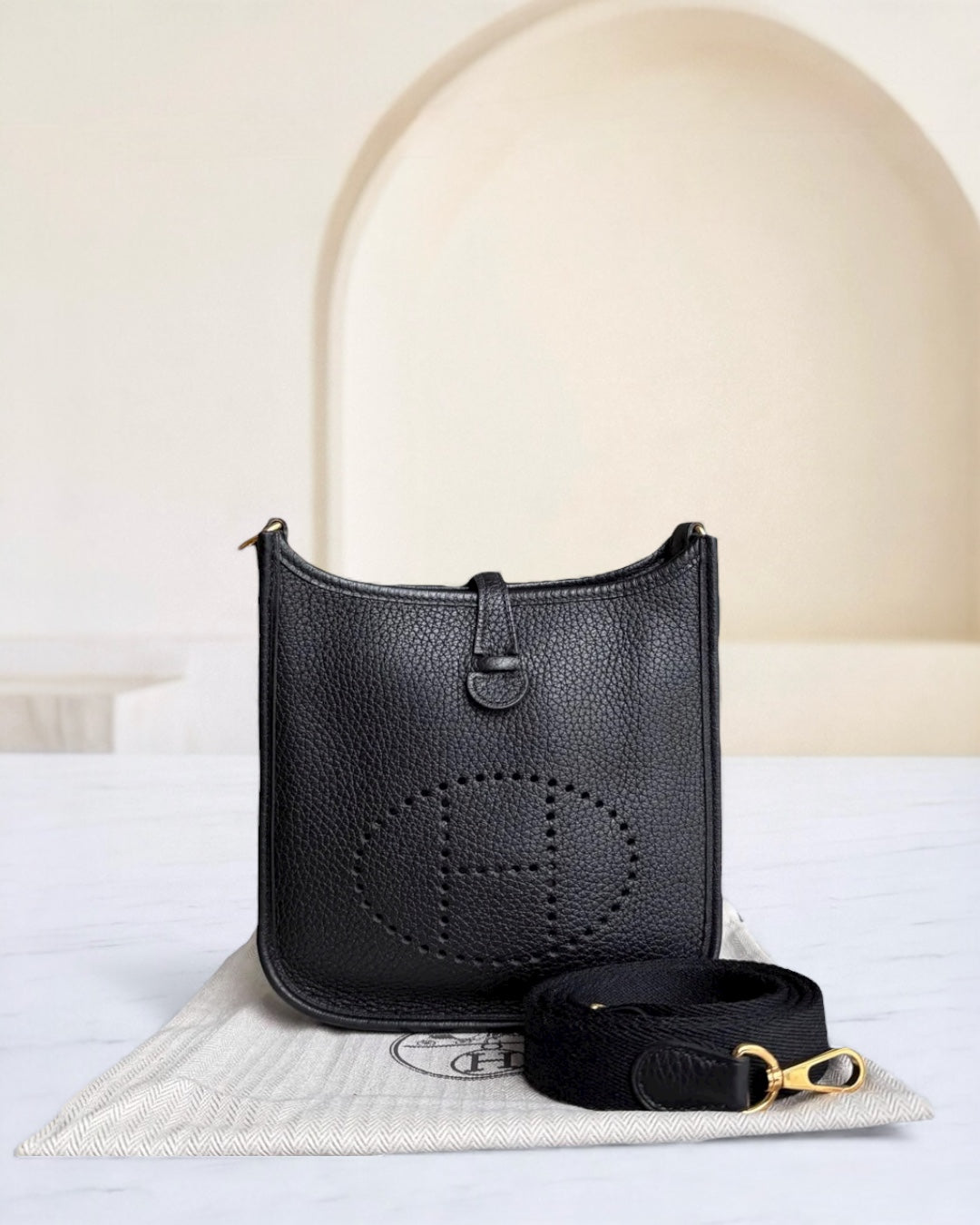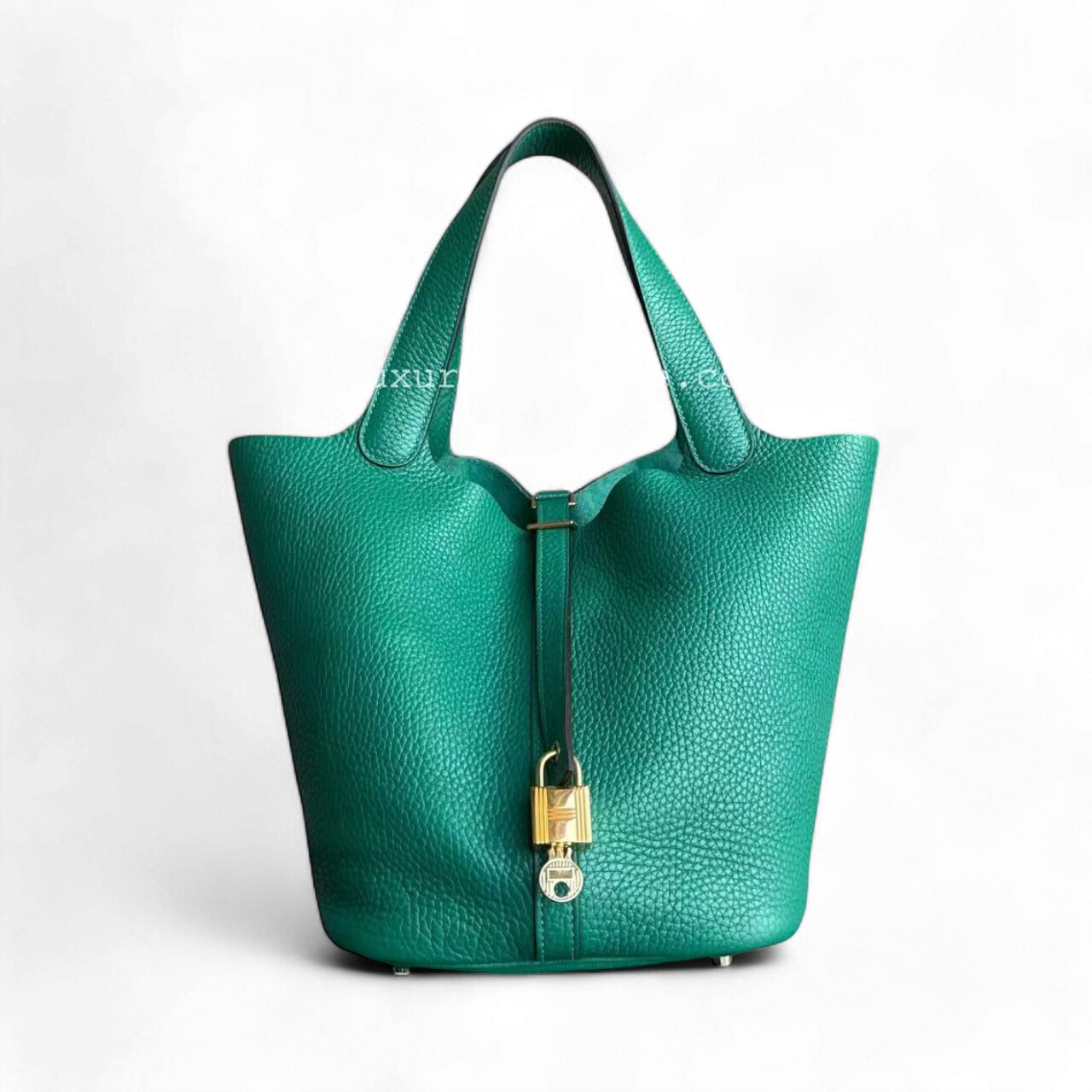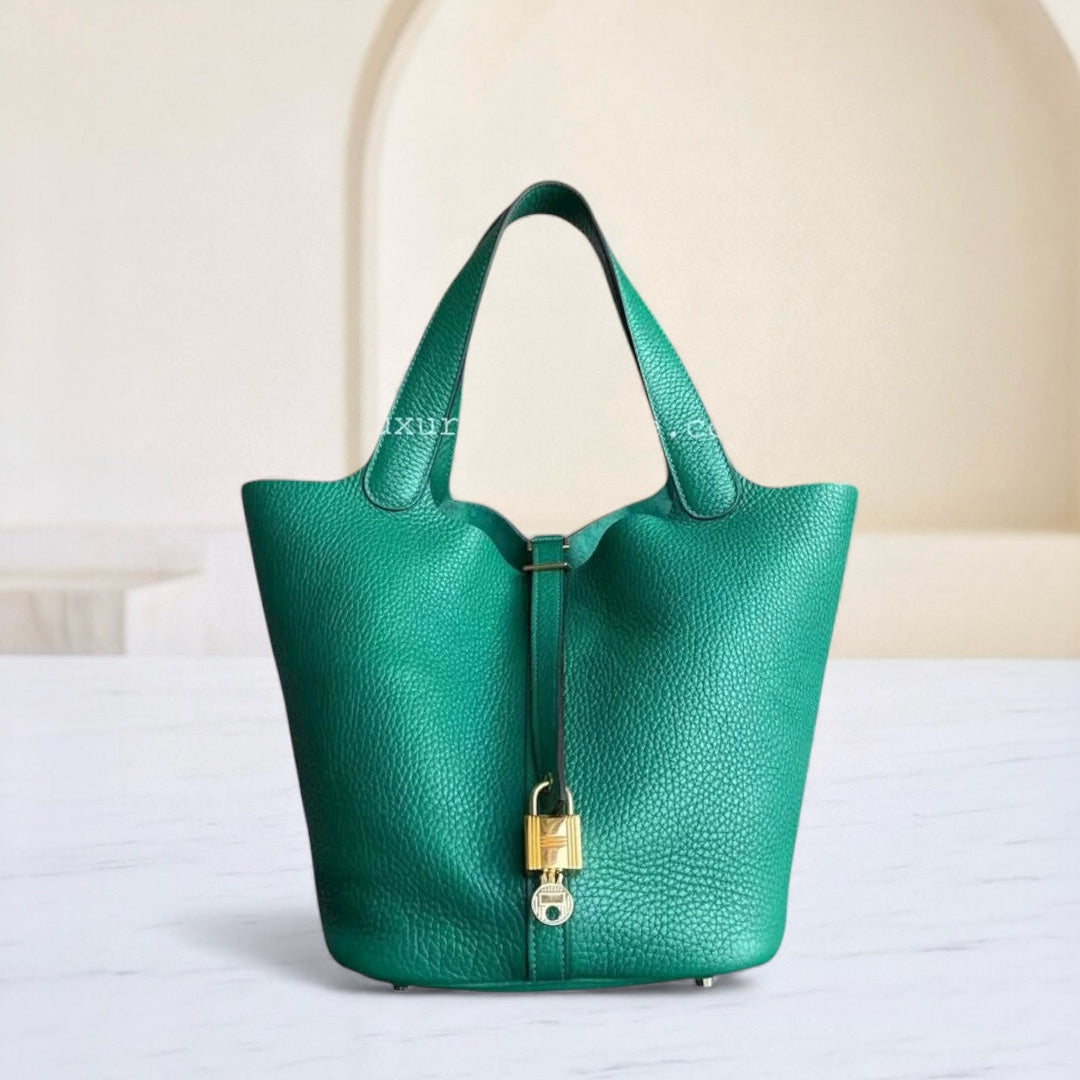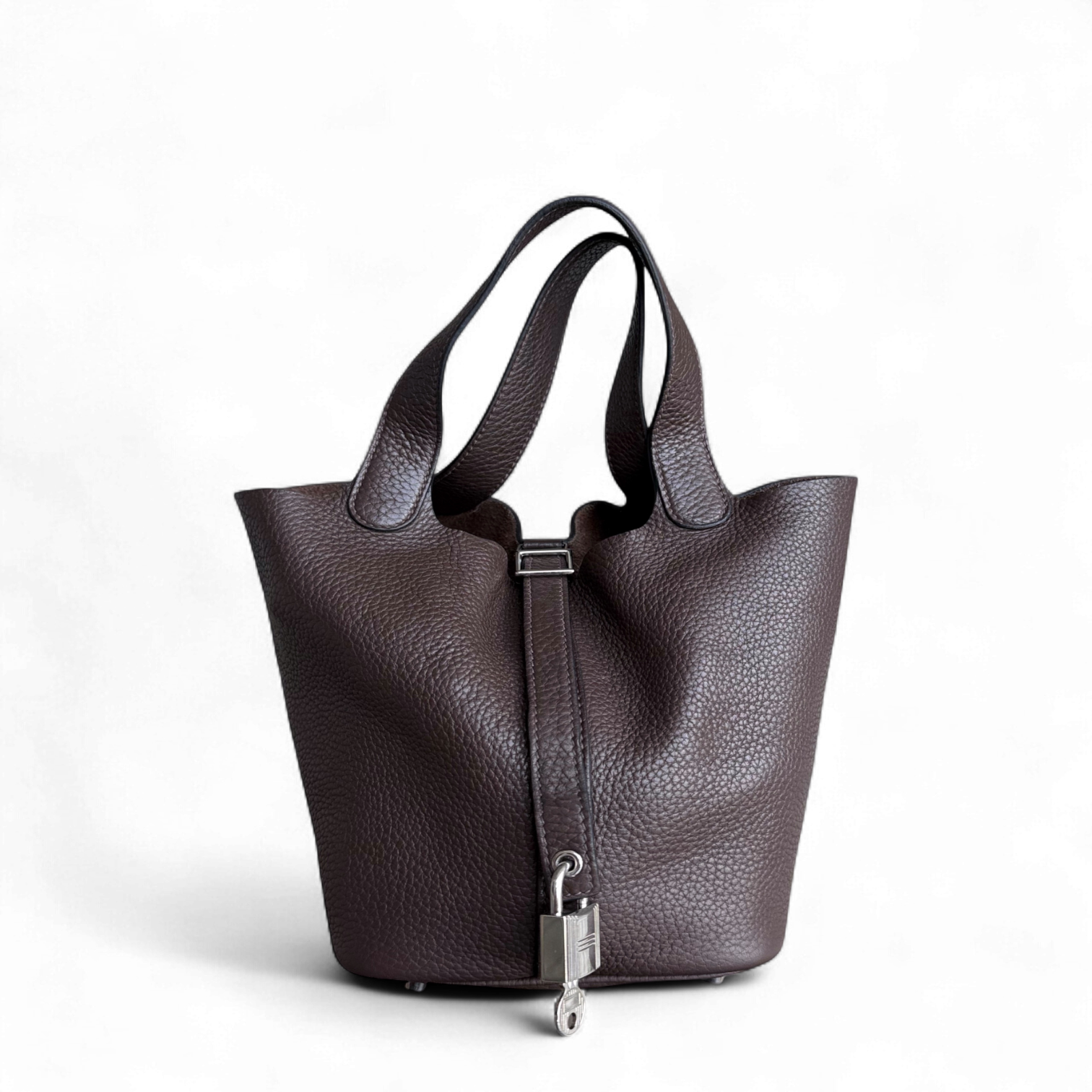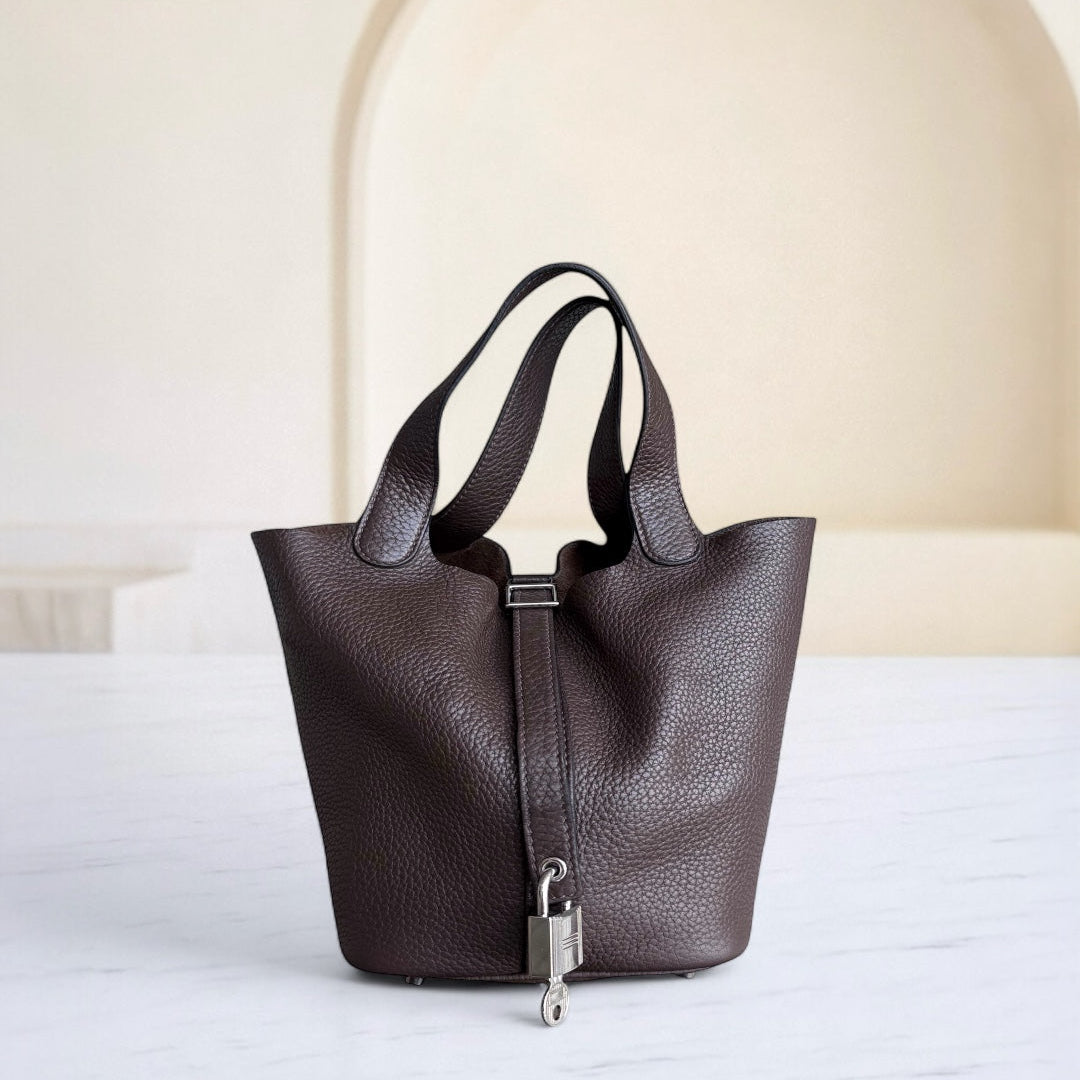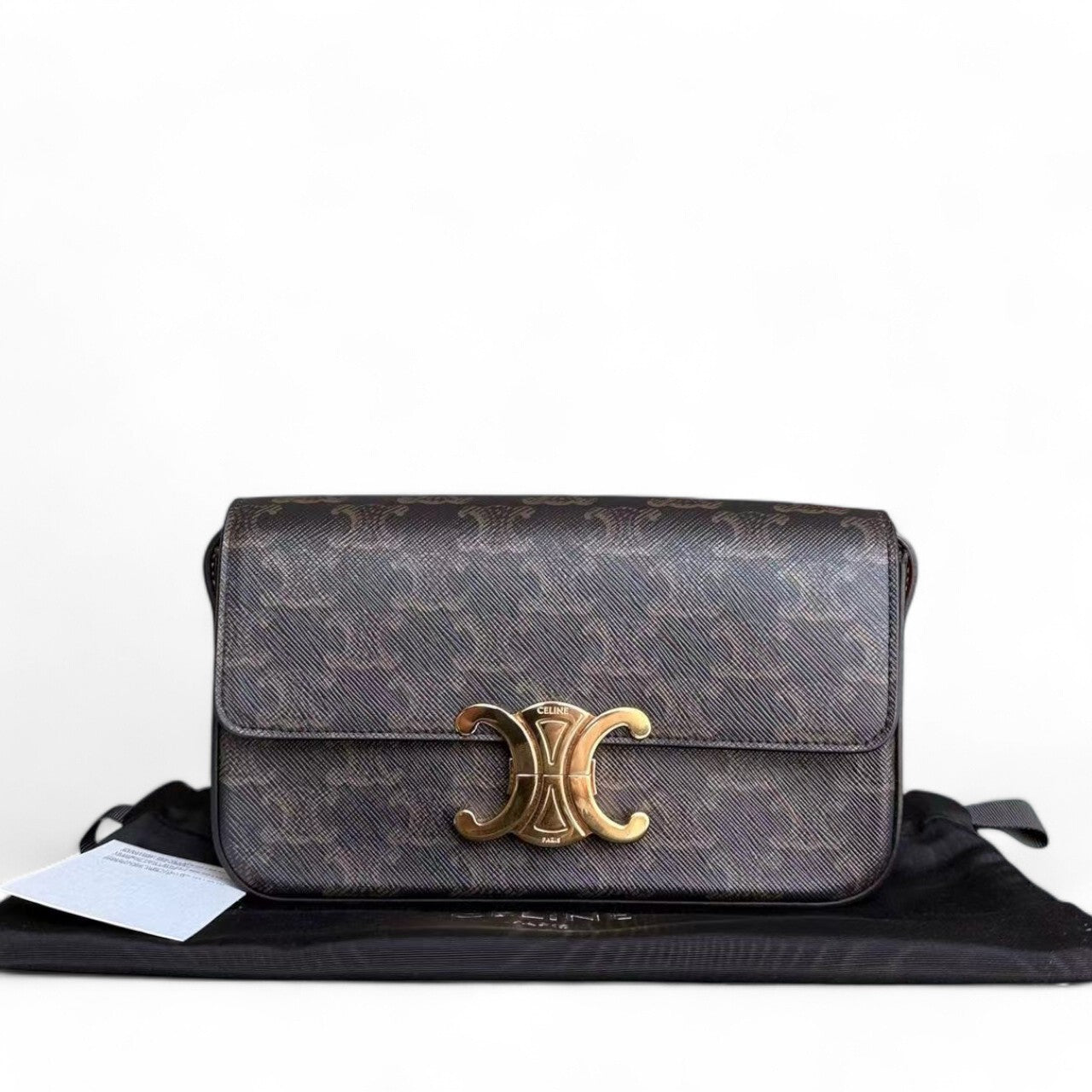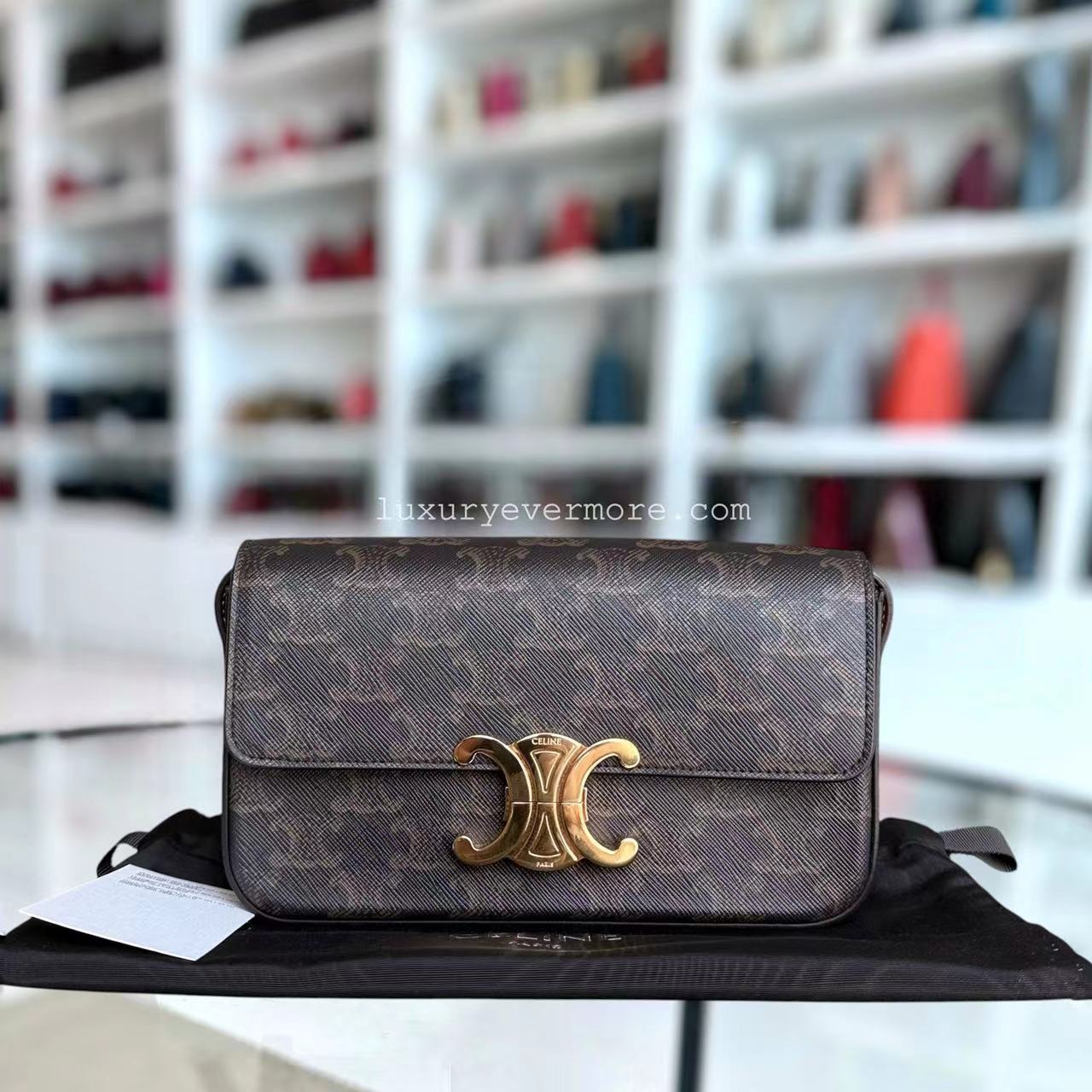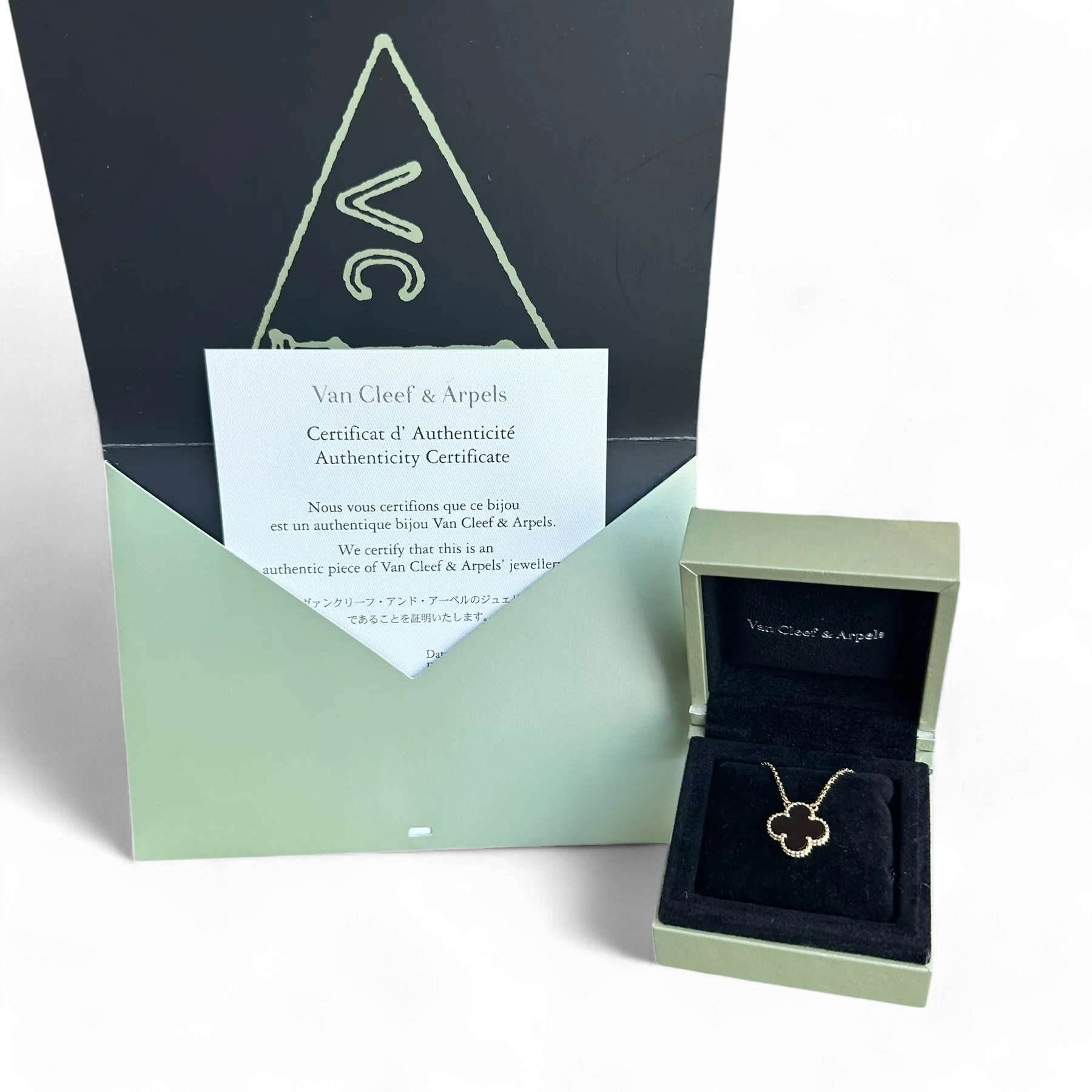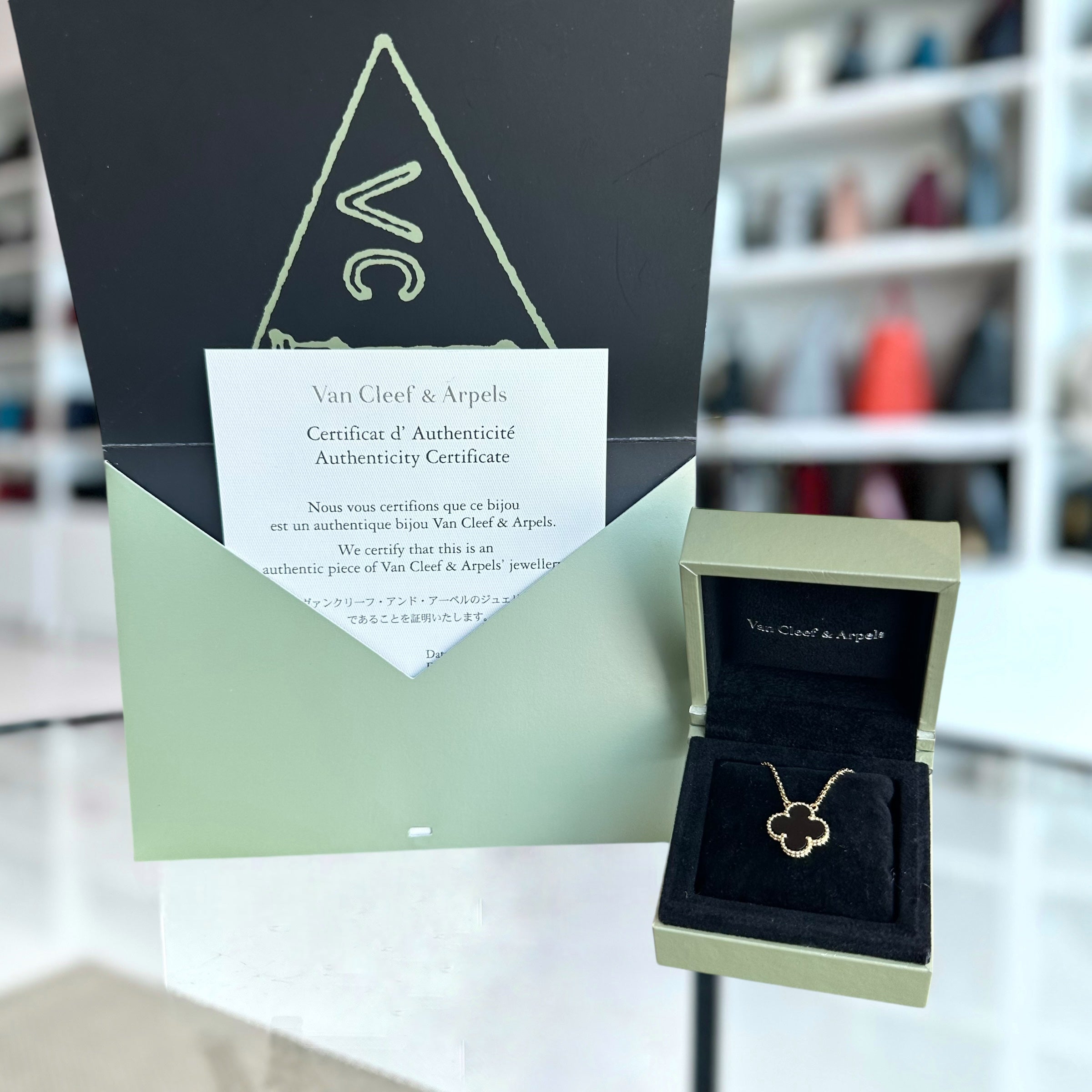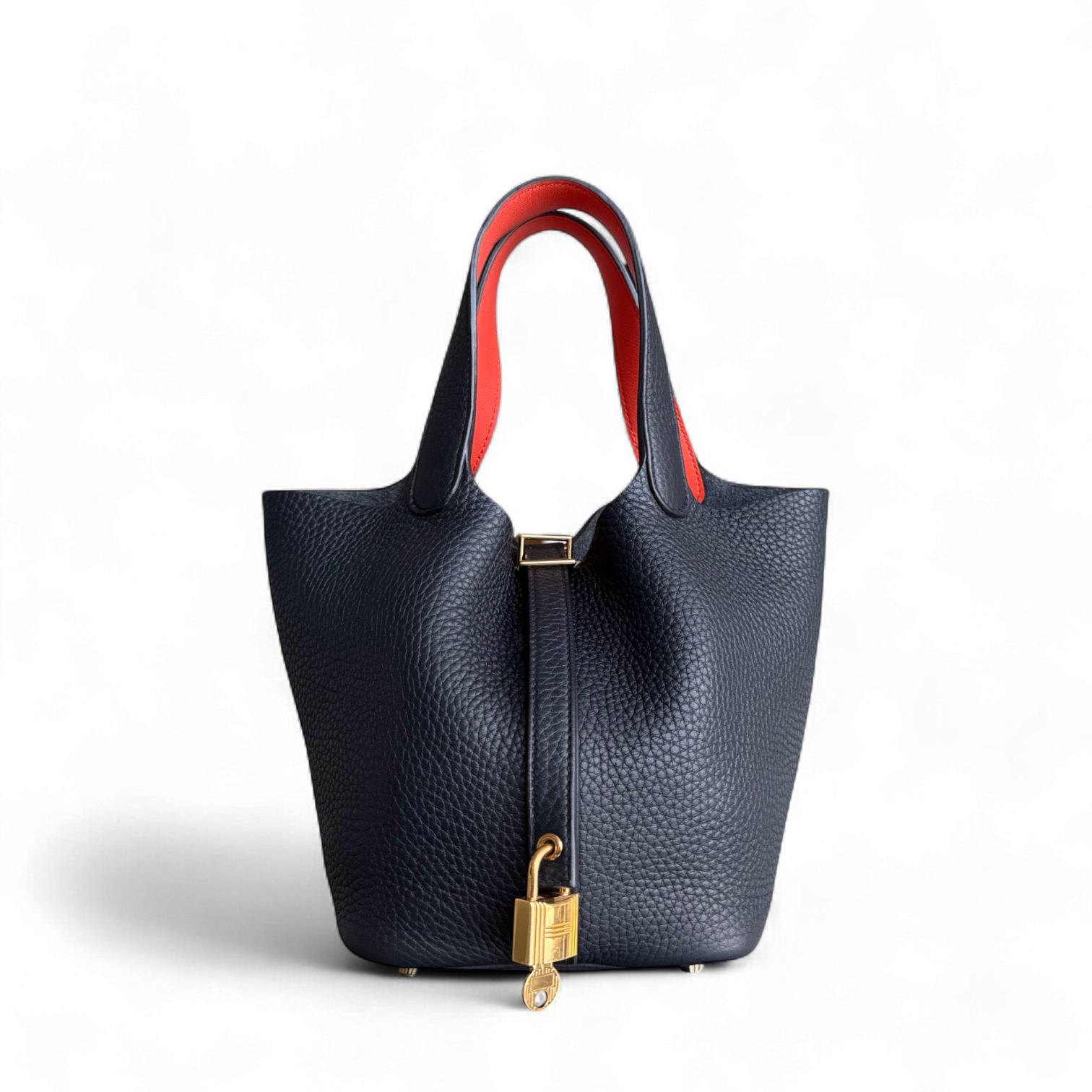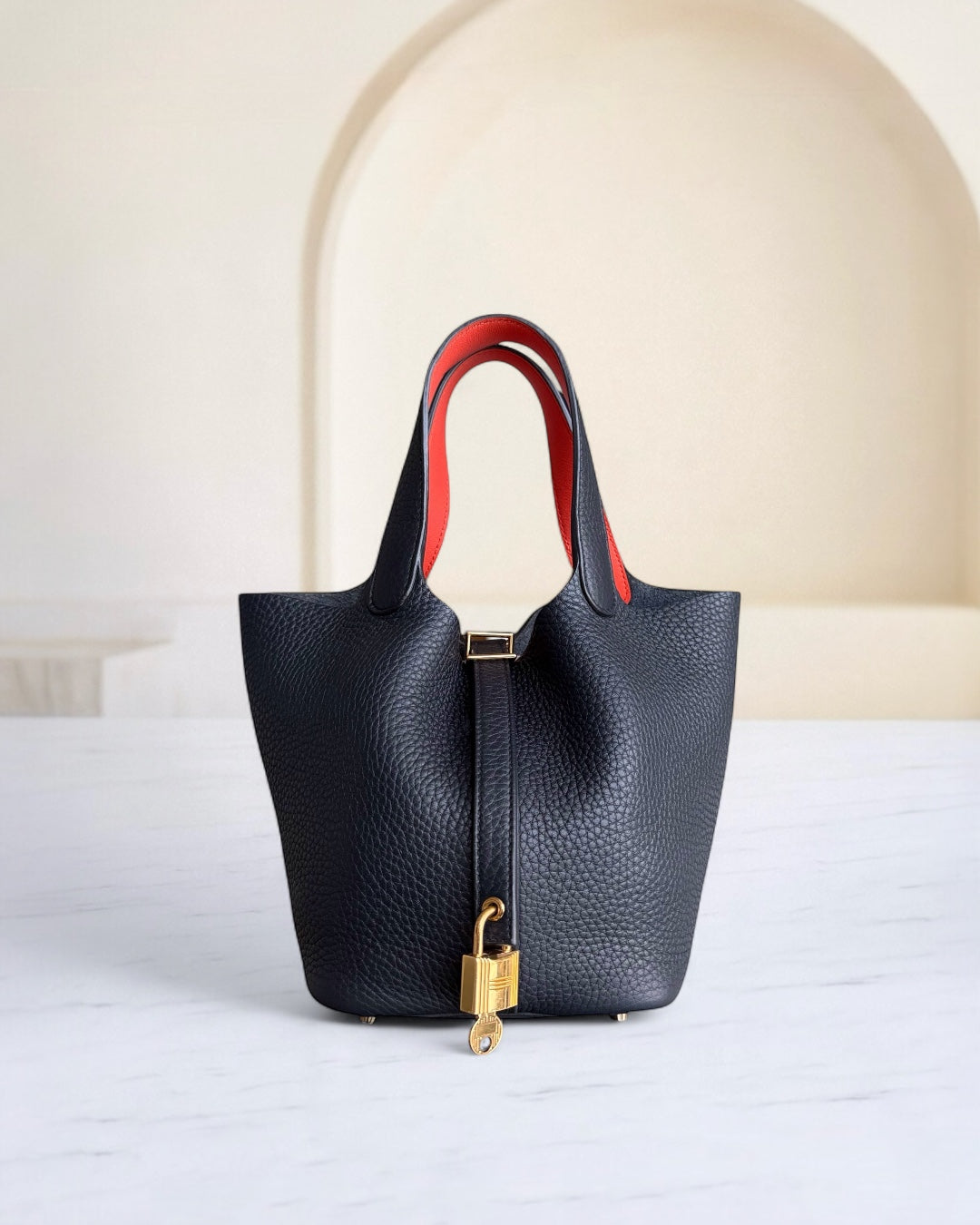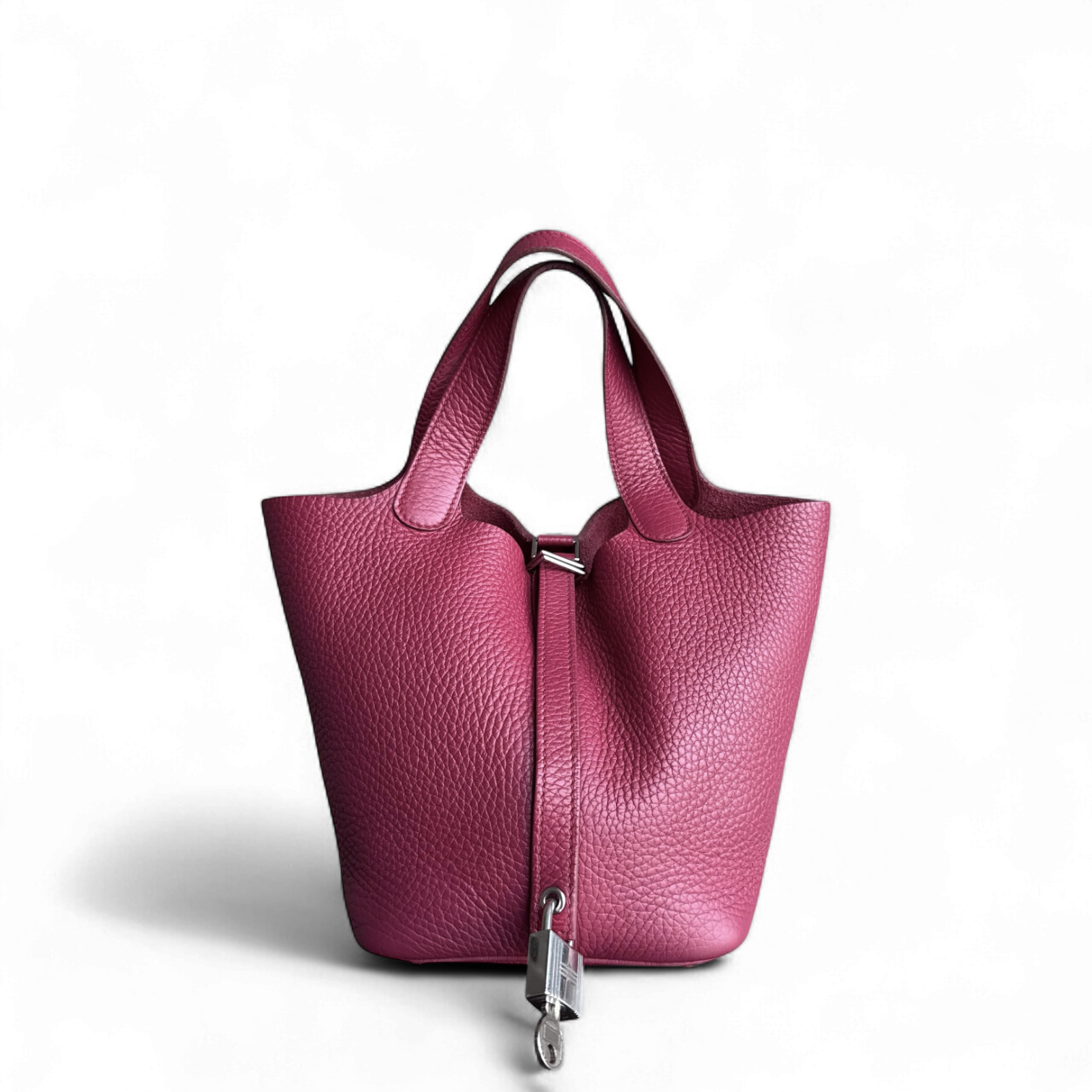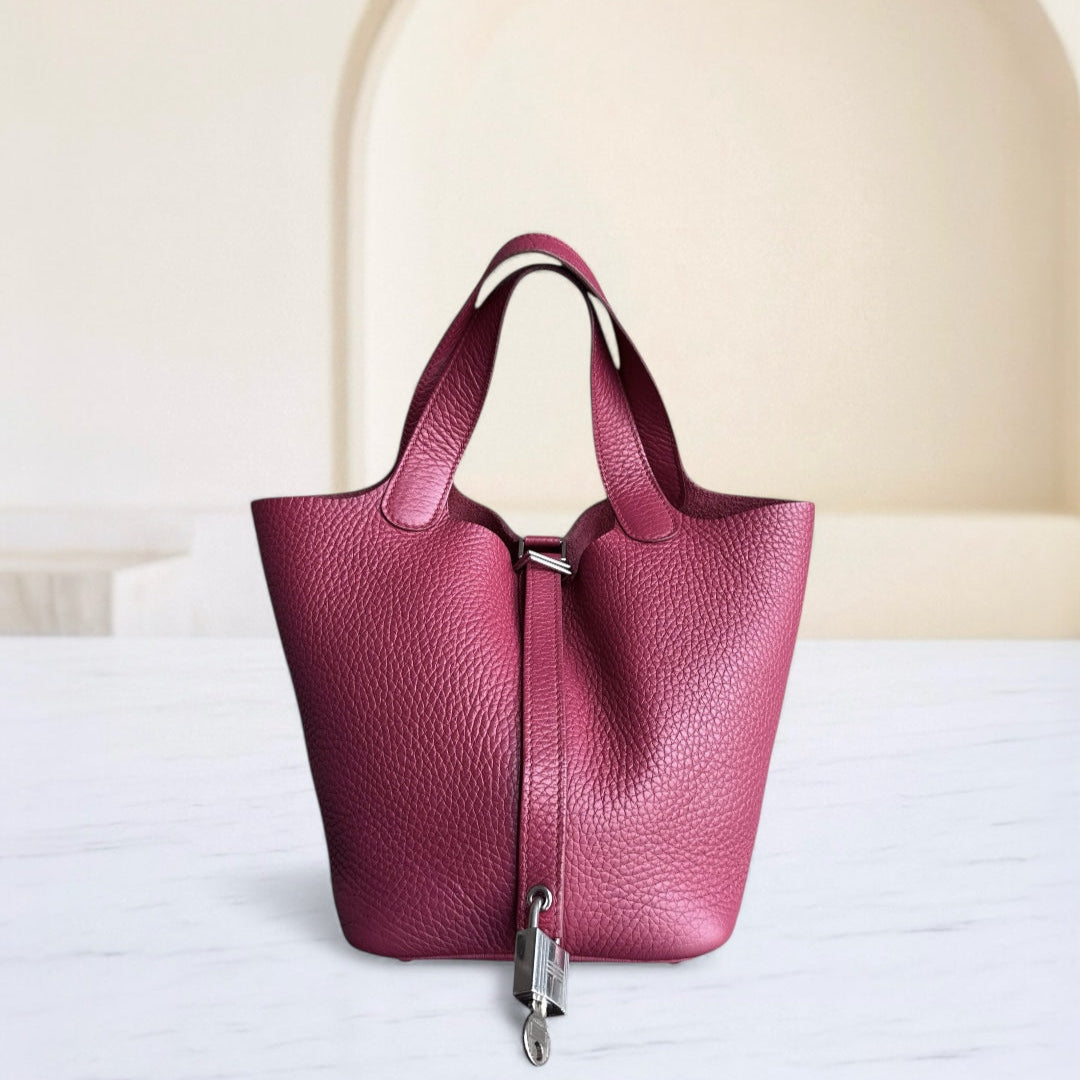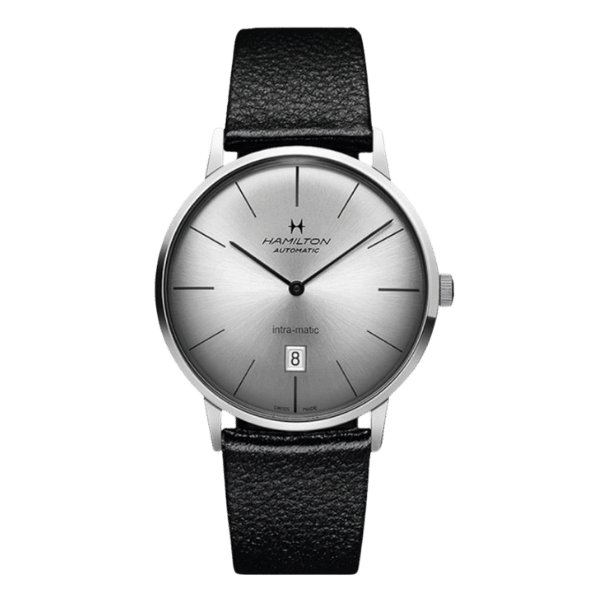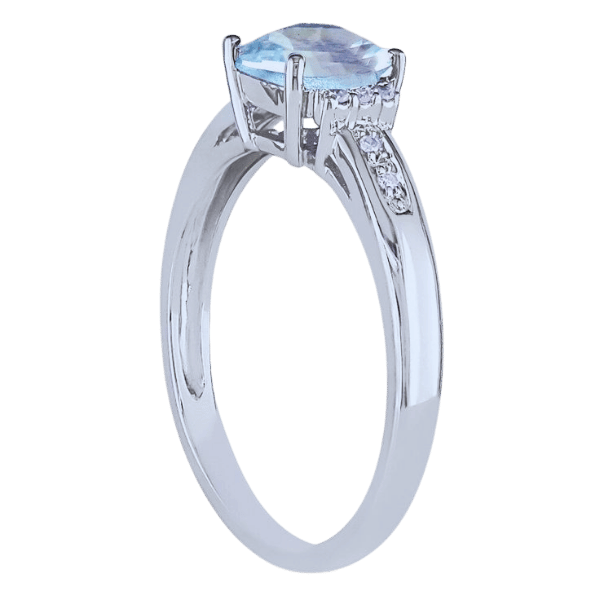Can You Return an Engagement Ring? Essential Insights on When You Need to Return One
An engagement ring is traditionally a token of affection, dedication, and future plans. However, what are the implications of changed circumstances that question whether the ring is to be returned? This situation is complicated and rife with personal ethics, legal frameworks, social considerations, and sometimes even cultural norms. In case you find yourself considering this dilemma, be assured that you are not alone. This article aims to address the most important aspects associated with returning an engagement ring and clarify the legal frameworks, social norms, and the intricacies accompanying possession. Whether you find yourself navigating such a situation or are just intrigued by the subject matter, we hope that through this balanced analysis, you will be better equipped to understand your choices.
When Can You Return an Engagement Ring?

The possibility of returning an engagement ring substantially relies on the situations in which it was bought and the applicable local regulations concerning such transactions. As a rule, one is able to return an engagement ring if it was bought from a store that permits returns or exchanges, as long as the item is unworn and all return stipulations, including timelines, are observed. Moreover, some states in the U.S. also take into consideration the legal notion of whether the ring was given as a conditional gift, thus ownership may hinge on whether the engagement was completed. If you are uncertain of your rights, it might be worthwhile to check your purchase contract and local laws.
Conditions for Returning an Engagement Ring
- Original Condition: The engagement ring should be returned without any wear and tear, alterations, or damages to it. The ring must remain unblemished as no wear should be evident nor should any damages be inflicted upon it. Also there should not be any alterations done to the ring like resizing or customizing.
- Proof of Purchase: Receipt that was provided at the point of sale with the item is generally going to be required if one wishes to return or exchange the item. Proof of engagement that requires purchasing is simply proving one has the purchase so without it one may be at a disadvantage.
- Return Timeline: The retailer lays out a specific time frame for ring returns. This can be very company specific with timelines ranging anywhere from 14 to 90 days which are quite a lot.
- Packaging and Accessories: The items specified above by the retailer should be sent along for return with the ring so that the requirements can be fulfilled. The information about your item, including certifications and appraisals, is essential for you to receive the required return value.
- Compliance with Policy Terms: Restrictions around discounted and clearance products along with rules regarding custom or final sales should be adhered to as well and compliance is considered mandatory due to the retailers set return rules.
- Legal Considerations (if applicable): Conditional gifting may be applicable here as laws differ in the US so the ownership and return rights may hinge on the terms of the engagement therefore legally one may be bound.
- Authentication and Inspection: Assessing conditions along with inspecting and authenticating should be done so that confirmations can be made regarding suitability, condition, and records related to exchanges and returns.
- Exclusion Clauses: Occasionally, an engagement ring may no longer qualify for return under the conditions of store policy owing to excessive damage or normal wear beyond the scope of the engagement.
Understanding Store Return Policies
In relation to understanding the store return policies, the following key areas should be looked at:
- Time Frame: Like every other store, most have an accepted duration for returns which is most likely from 14 to 30 days. Make sure to verify the time frame before attempting to return the item.
- Condition of the Item: Most of the retailers expect that items should be returned within its period, along with the accessories which comes in the box and the invoice, in order to process the return.
- Receipt Requirements: Most of the retailers expects that a sales receipt or proof of purchase must be presented on returns. Make sure to store these documents provided at the time of purchase.
- Exclusions: Some items, for example custom merchandise, may not be eligible for returns according to the store policies.
Let me double check the return conditions the this retailer have. I would like to confirm there wouldn't be any problems or delays.
How a Broken Engagement Impacts Returns
An engagement that is called off may substantially impact the recovery of losses, especially for non-refundable or bespoke products like engraved jewelry, bespoke clothing, or other personalized items. Most retailers designate such items as final sale, which means no returns under any circumstances. As for other items, only basic return rules can be used, provided all terms, such as evidence of payment and the timeframe set by the store for the return, are met. It is very important to consult the merchant’s return policy well in advance to identify any such boundaries and policies that may be relevant to such situations.
What Role Does a Jeweler Play in Returns?

Working with the Original Jeweler
If you have an issue with an item purchased from the original jeweler, skip the middleman and reach out to them directly as the first step. Almost all jewelers provide a service to modify, fix, or even exchange pieces, particularly ones that are custom-made or are accompanied by some kind of warranty. Bringing the receipt or any proof of purchase will certainly expedite the process. Also, reaching out to the jeweler early on helps in resolving matters within a reasonable timeframe. Remember to check the return guidelines for things like timeframes or pre-conditions first before proceeding with the return.
Approaching a New Jeweler for a Return
Please remember that before visiting any jeweler to discuss a refund or return, ensure that you give an explanation and bring all relevant documents, such as the receipt or proof of purchase. Also, ensure that the item is returnable and in the appropriate state, because most jewelers only consider items that are in the original condition. Be courteous and straightforward with the explanation about the issue or reason for the return. If the jeweller did not sell the piece, make sure that you ask them what their policies are about accepting returns or exchanges for foreign-purchased items. Clear communication is essential, so no steps are skipped in understanding what the restrictions or procedures are.
Return Policies of Custom Rings
Like most custom pieces, bespoke rings come with a more rigid return policy than off-the-shelf jewelry. Most jewelers do not accept returns on custom orders because of their made-to-order nature. Still, some jewelers do provide an option for a refund in the form of resizing, modification, or store credit. It is always best to examine the jeweler's return policy before placing an order. All conditions must be clearly spelled out in writing, including possible charges for changes or alterations. Always clarify these points well in advance so there will be no misunderstandings.
Is It Possible to Get an Engagement Ring Back?

Legal Perspectives on Keeping the Ring
- Conditional Gift: In some places, an engagement ring is regarded as a conditional gift. This indicates that the recipient can only retain the ring if the marriage condition is met. If the engagement is called off, the giver may legally reclaim the ring.
- Fault-Based Approach: Some jurisdictions grant rights based on fault lines. Where engagements are broken off due to one-party’s fault or wrongdoing—like cheating or removing oneself from the relationship—the aftermath regarding who retains the ring might depend on who is found at fault for the engagement's demise.
- No-Fault Approach: Other states adhere to a no-fault principle where the engagement's reason for termination bears no relevance. Within this framework, the ring is returned to the giver if the marriage does not take place, irrespective of the situation surrounding the breakup.
- Jurisdictional Variations: The different regions regarded to the law of engagement rings differ quite greatly; some states regard the ring to be classified as a gift, thus, gifting the ring allows the holder to keep it without restrictions of the engagement outcome. Knowing the local law is imperative in cases where ownership is being contested.
- Value Considerations: Legal jurisdictions may consider the financial value of the ring, especially in absence of a clear agreement or precedent. More expensive rings may receive greater legal consideration than cheaper ones.
- Explicit Agreements: Courts tend to look at the agreements made regarding the ring, whether verbal or written, and can incorporate this in their decision making process. For example, a giver saying the ring shall only be retained if there is a marriage can bindingly determine who has the right to the ring.
Customs and traditions have legal significance in most cultures so a legally trained specialist should be consulted regarding any matter that touches on the law.
How Property Laws Affect Ring Returns
Laws regarding property play an important role in deciding whether an engagement ring should be returned or not after a broken engagement. Most times, engagement rings are seen as gifts given with conditions; in this case, the condition is marriage. In most cases, if the marriage does not happen, then the person who gave the ring gains the right to ask for the ring back. However, this is very situation-dependent and is mostly determined by local laws. Some places take a blame-game approach, focusing on who ended the engagement and who gets to keep the ring. Other places take a no-blame approach where there is no reason given for the breakup. It is very important to talk to someone who knows the local property application law to make effective decisions regarding disputes.
How do you sell your engagement ring if a return isn’t possible?

Working with a Pawn Shop
Collaborating with a pawnshop to sell your engagement ring can be simple. First, look for well-reviewed pawnshops in your area. Make sure they have a reputation for good customer service and fairness. Take your ring to the shop, and the pawnbroker will evaluate it, calculating an offer based on the current market demand, the ring’s materials, its condition, and demand. Remember that pawn shops’ prices are usually the lowest out of all your options, because they need to account for their resale profit. If the offer is reasonable, accept and finish the sale for an instant cash payment. Confirm all details before selling so you do not encounter any complications. Always inquire about the shop’s policies to make sure everything goes as planned.
Online Marketplaces for Selling the Ring
Marketplaces on the internet allow you to quickly and easily sell your ring. Make sure to add photos of the ring, offer an exact description, and if possible, include any pertinent certifications or documents. Furthermore, take advantage of I Do Now I Don’t or Worthy, which tend to attract an audience looking for high-quality jewelry, focusing specifically on resale. During the sale, always prioritize safety when conversing with prospective buyers; using these approaches will help you avoid scams.
Assessing the Value of the Ring
To assess its value, a ring needs to be evaluated on several different aspects. First, analyze the grade and quality of the gemstone, if any, along with the accompanying metal. In the case of diamonds, the carat weight, clarity, color, and cut are essential, and for other gemstones, color intensity, along with its rarity, are very important too. Furthermore, consider the artistry and repair history of the ring along with its aged features, if any, and its overall condition. Finally, for the most accurate evaluation, consult a certified jeweler or appraiser from a reputable institution like The Gemological Institute of America (GIA). This professional will base his assessment on industry standards and thus provide you with the most precise evaluation.
How Do Different Return Policies Affect Your Decision?

Comparing Different Retailers’ Policies
- Full refund: Some businesses offer full refunds if the purchase is returned within a stipulated time frame, remains unopened, and is presented with proof of purchase. This is perfect for customers wanting the ability to change their mind after the purchase.
- Store Credit Only: Some businesses will not allow for refunds of any kind and will only issue store credit which may affect purchases if the customer is not willing to shop in the store again.
- Restocking Fees: Some policies have restocking fees, especially for custom orders or high priced goods . These customers need to factor in this expense when assessing a possible return.
- Limited Return Period: Retailers will set a range or limit for returns, which can be as short as 14 days to 90 days or more. Knowing this window is important to be able to perform exchanges or refunds promptly.
- Online vs. In-Store Purchases: Policies differ sometimes based on how the item was bought. For instance, items bought over the internet might need to be shipped back whereas items bought over the counter can be returned instantly.
- Non-refundable items: Some items like customized orders, perishables, or items marked final sale are excluded from policies and cannot be returned exchanged or refunded under any condition.
- Benefits of Membership or Loyalty Programs: Some retailers offer more generous return policies for loyalty program members, giving benefits like longer return windows or waived fee charges.
Analyzing these differences in policies can help buyers choose what to purchase and when according to their preferences.
Impact of Purchase Date on Returns
The date you make a purchase is always critical since most retailers have a time frame that begins after a purchase has been made. B2C return sales fluctuate anywhere from 14 up to 90 days, depending on the company policy, deals enforced, type of merchandise, and several other parameters. Returns seem to be extended during sale holidays or other such events, often found in a store’s policy document. To make sure there aren’t any unnecessary problems, it’s always advisable to check the dates on receipts and compare them with the retailer’s webpages.
Potential Outcomes and Refund Options
When it comes to returning an item, possible results include a refund, store credit, or an exchange; each depends on the store's policy. For full refunds, the item must be in its original state and returned within the specified period. Refunds may not be applicable, however, store credit may be offered which the customer can use towards other merchandise at the store. Refunds and exchanges are common for defective or incorrect purchases as long as they adhere to the policies. Consumers must follow the return guidelines set by the store, alongside having the original receipt and packaging, to ensure a hassle-free experience.
Frequently Asked Questions (FAQs)
Q: Is it permissible to return an engagement ring, purchased and later decided not to continue with the purchase?
A: As long as the engagement ring is within the period set by the dealer, commonly 30 days from the purchase date, one can return it. This is subject to the condition that all documentation and the receipt is available at the time of selling it back.
Q: What happens when the wedding is canceled? What is the procedure for returning the engagements loppaz?
A: The answer depends on two things; the policy of the store and the time frame set for the return window. Other aspects to take into account is how the transaction will be viewed socially and whether the user has a right to retain ownership of the item.
Q: Is it permissible to return the engagement card if the user does not have an affinity for it?
A: Normally, such cases are resolved readily, provided there is adherence to the rules and time set by the seller. It is also important to have a clearly laid out satisfaction assurance policy.
Q: What steps do you take to return a ring if the size is incorrect?
A: Most jewelers provide a resizing option, but if you prefer to return the item, just ensure it is returned within the cut-off date, and the item is in unspoiled condition.
Q: Is it considered good manners to return to the ring if you have broken off an engagement?
A: When breaking off an engagement with the other party, the customs surrounding returning the ring tend to be very flexible. Traditionally, if the engagement was called off by the bride, then it is customary to keep the ring. Yet, this decision can largely depend on social customs and laws.
Q: Is there a possibility of being reimbursed once the engagement ring is returned to the store?
A: Generally yes, so long as the ring is brought back within the periods allowed by the shop and their policies. Take note though that some stores offer store credit instead of cash so make sure to confirm this first.
Q: What steps can you take if the seller does not accept returns and you wish to disengage from the engagement?
A: In case the seller does not allow for returns, you may want to consider selling the ring to a pawn shop or another buyer. Also, remember to review the returning policies of the seller before buying the ring so that there are no problems later on.
Q: Can engagement rings purchased online still be refunded if they are not satisfactory?
A: Most online stores offer flexible refund options from a specified amount to a timeframe. Hence, they offer a time window to return the engagement ring if it does not meet the customer’s expectations. Just make sure to check the platform’s refund policies before making a purchase.
Q: In the case where the engagement is terminated, who has the legal rights to the engagement ring?
A: Ownership of the engagement ring can differ based on local customs and laws, such as who among the couple decided to end the engagement. If there are any sustained arguments over who is entitled to the ring, it is strongly advised to consult professionals.
Reference Sources
Contact Luxury Evermore should you need help with acquiring or building up your collection. There is a variety of brands with different styles, as well as sizes, and colors, for example, Hermes, Chanel, lv and Dior. If you are not lucky enough to find the bag you are looking for on our website then our concierge team will probably be able to order it for you. We provide 100% authenticity guarantee for all our bags, and any item sold on this site will be dispatched to you within one to two business days upon receipt of the payment.

